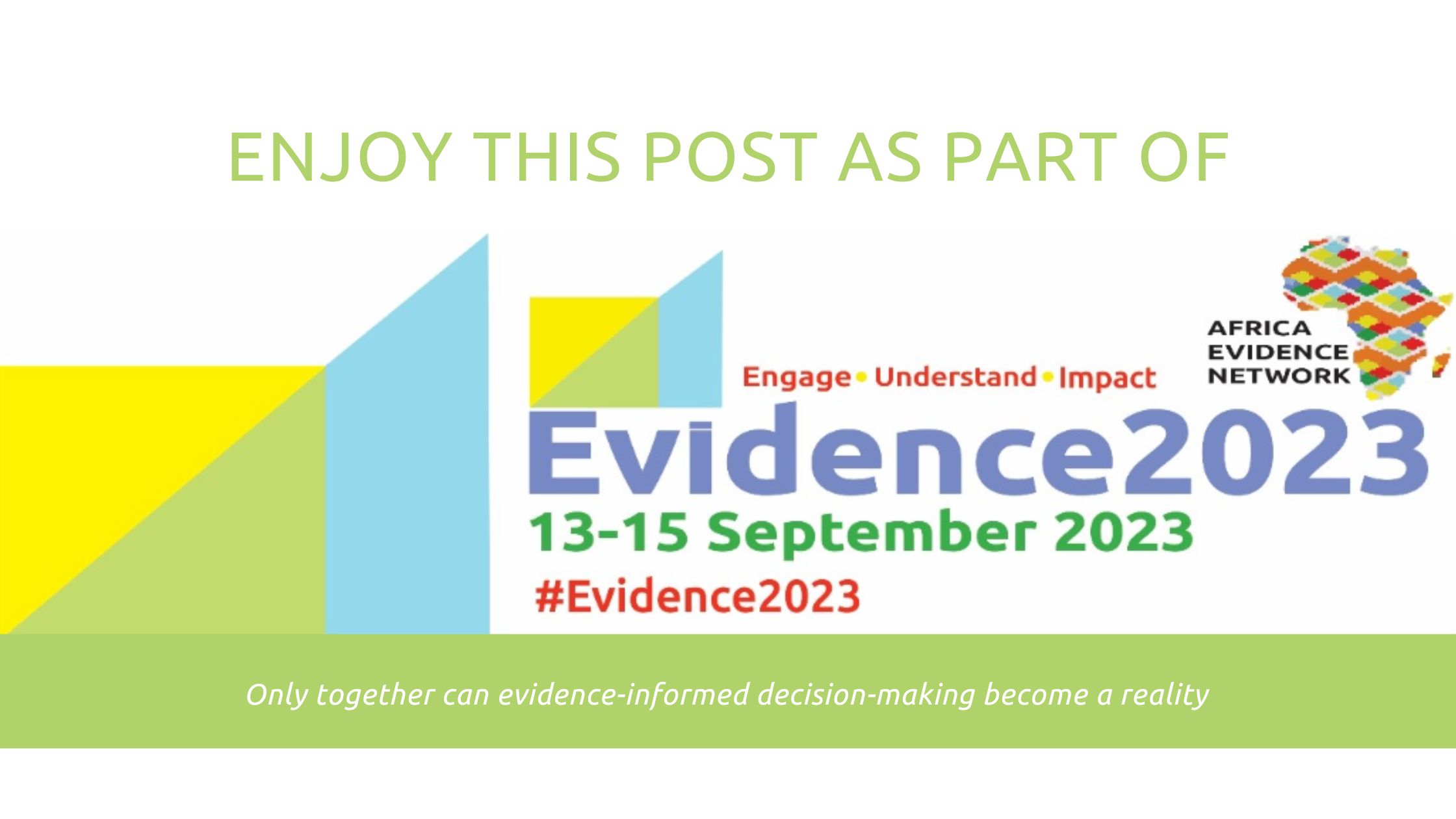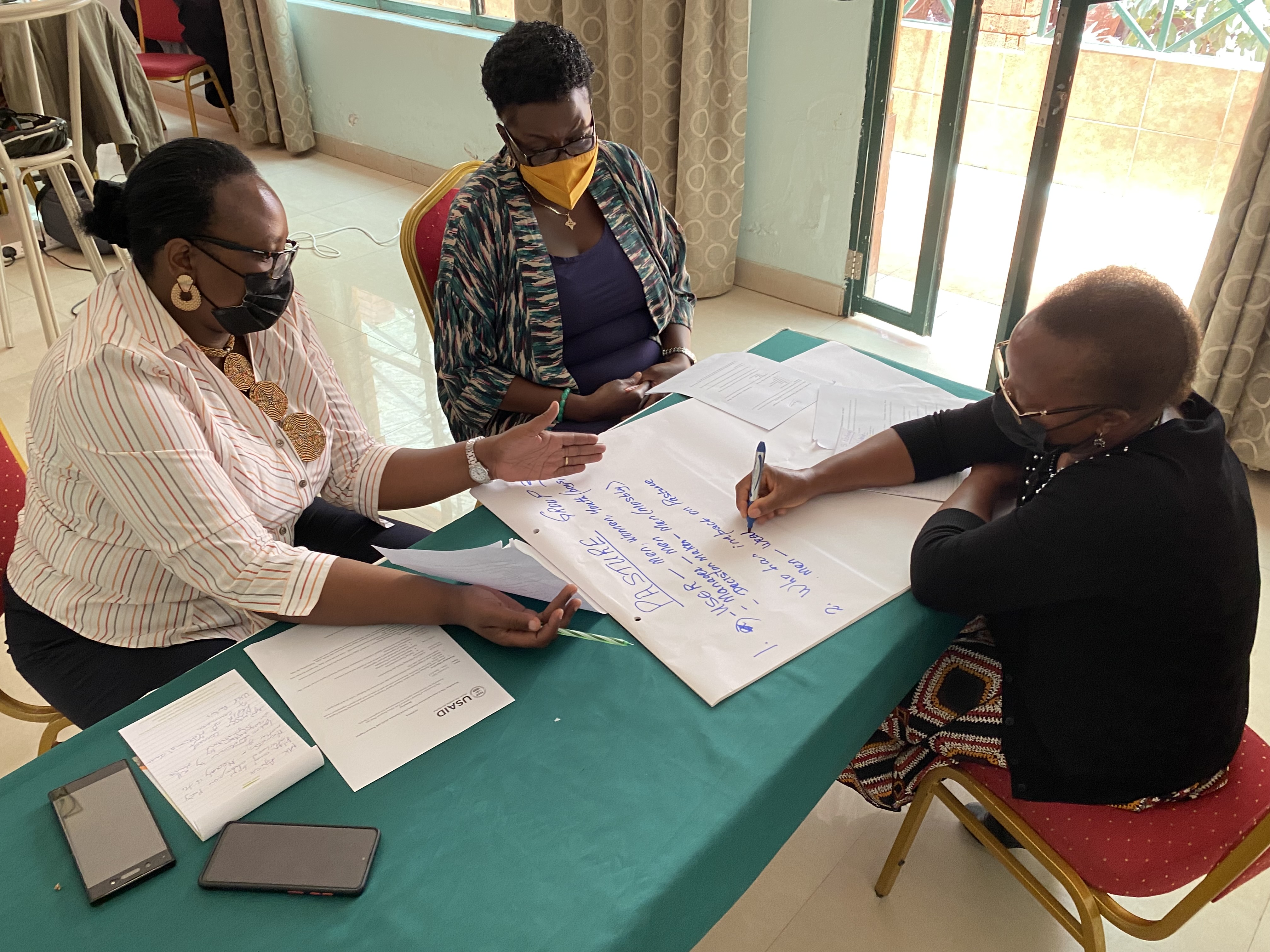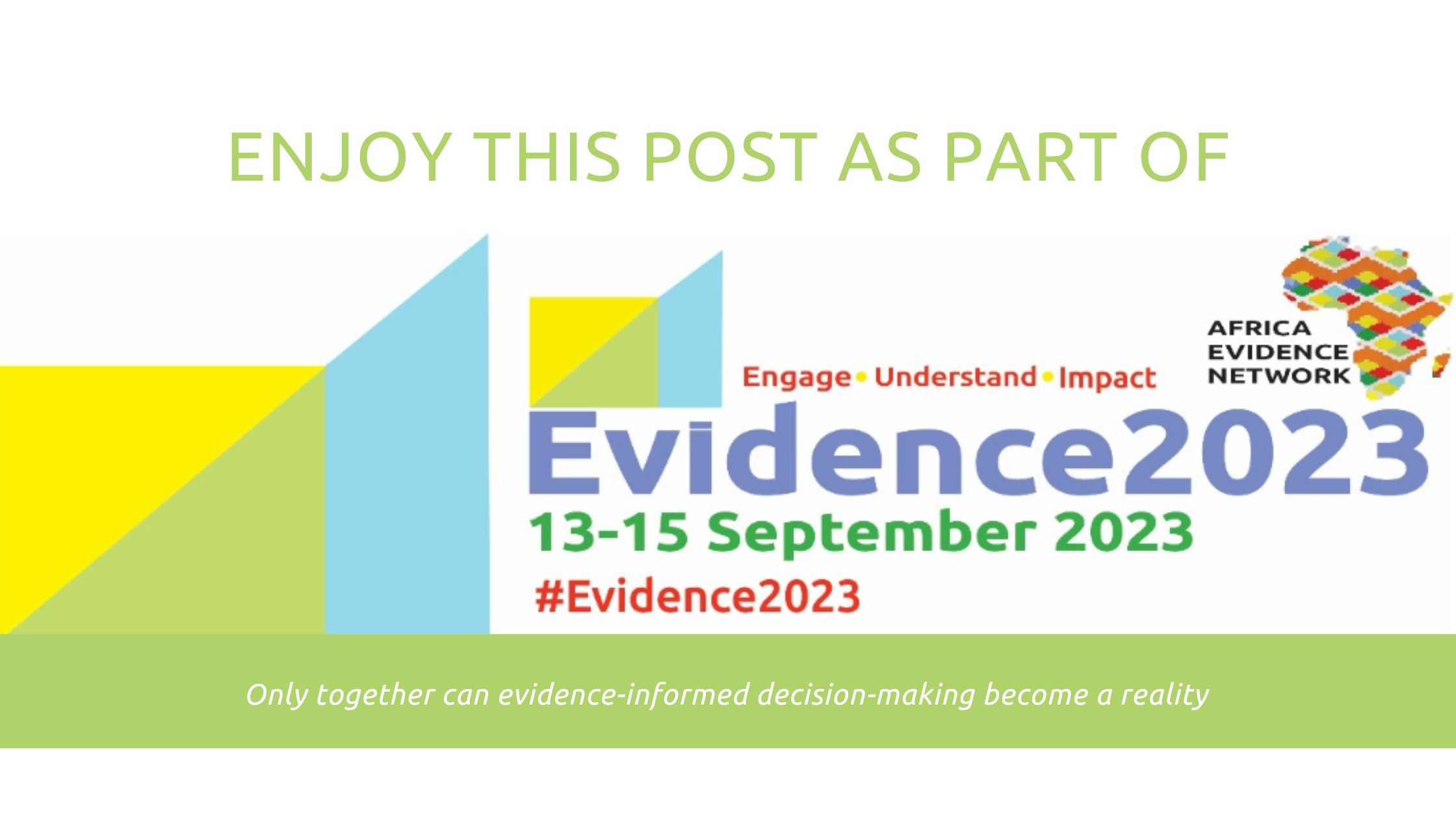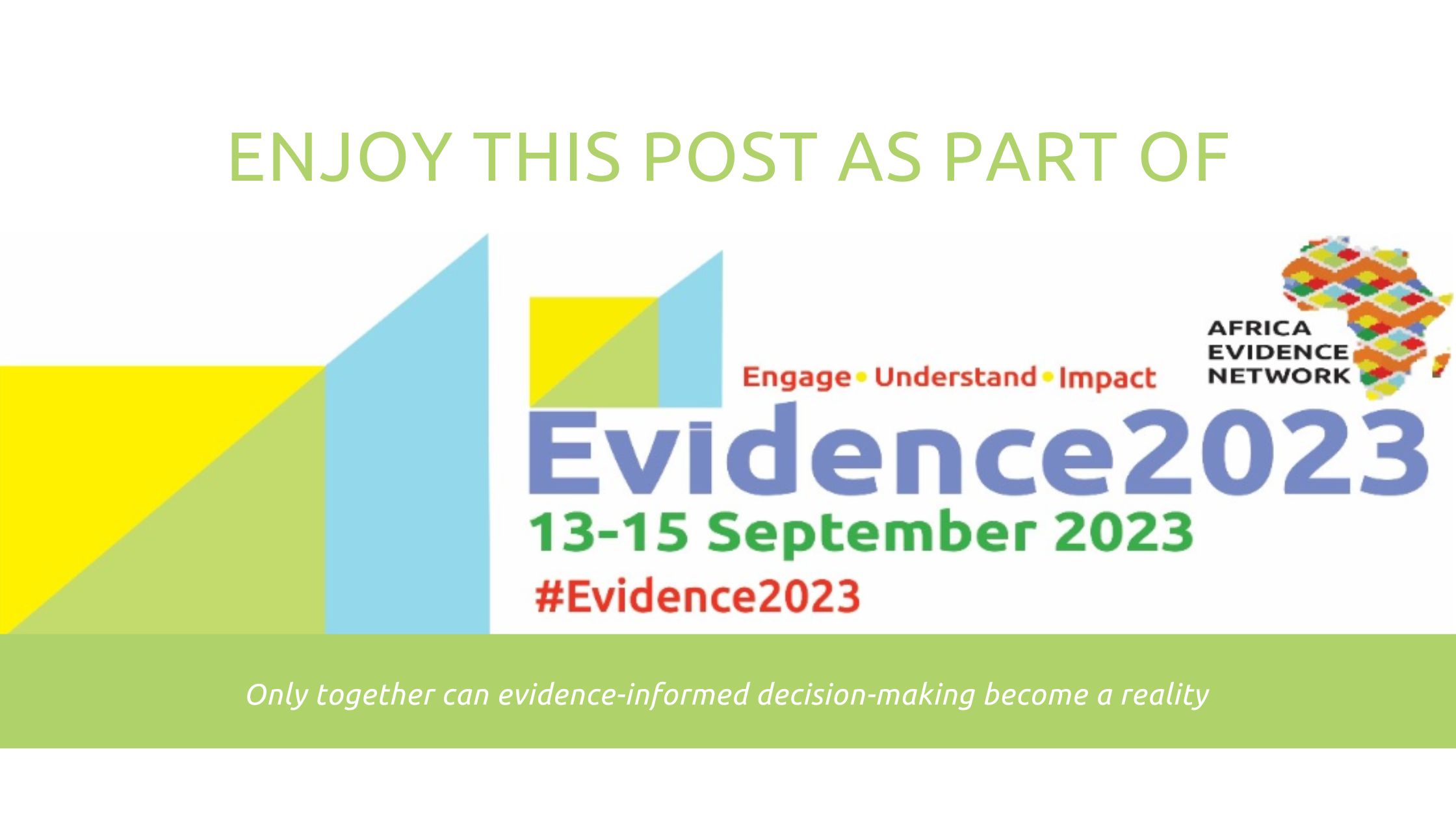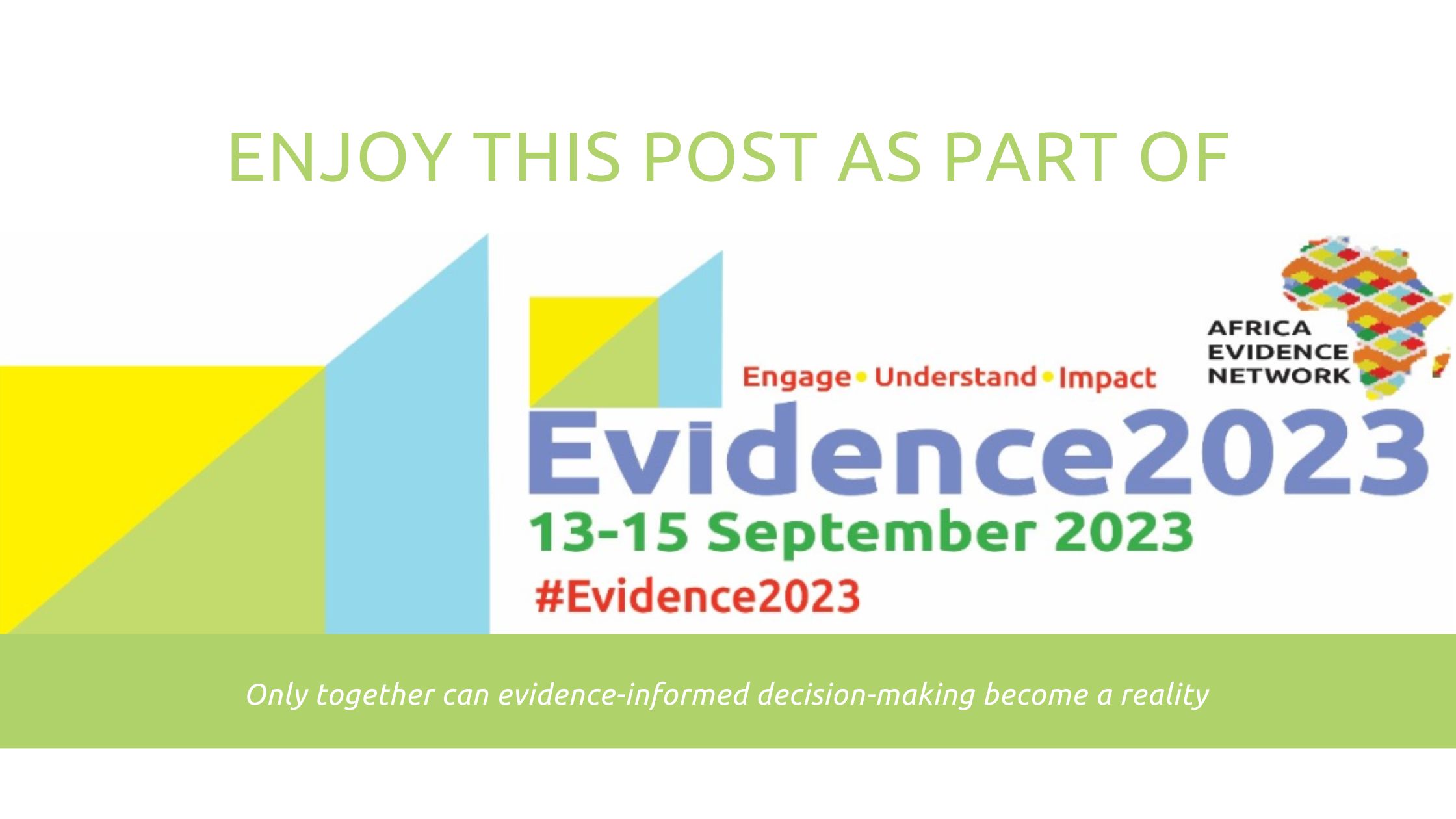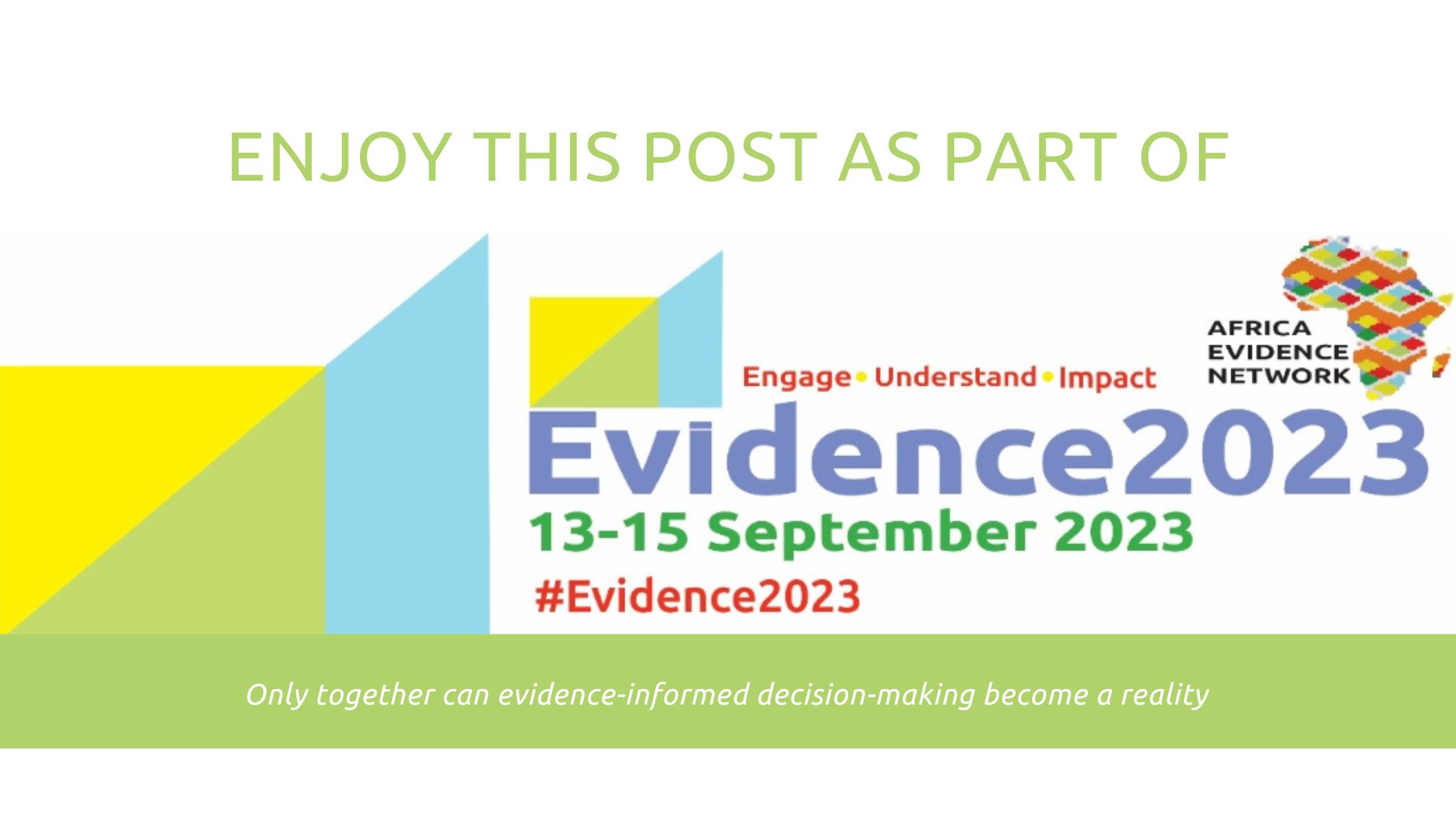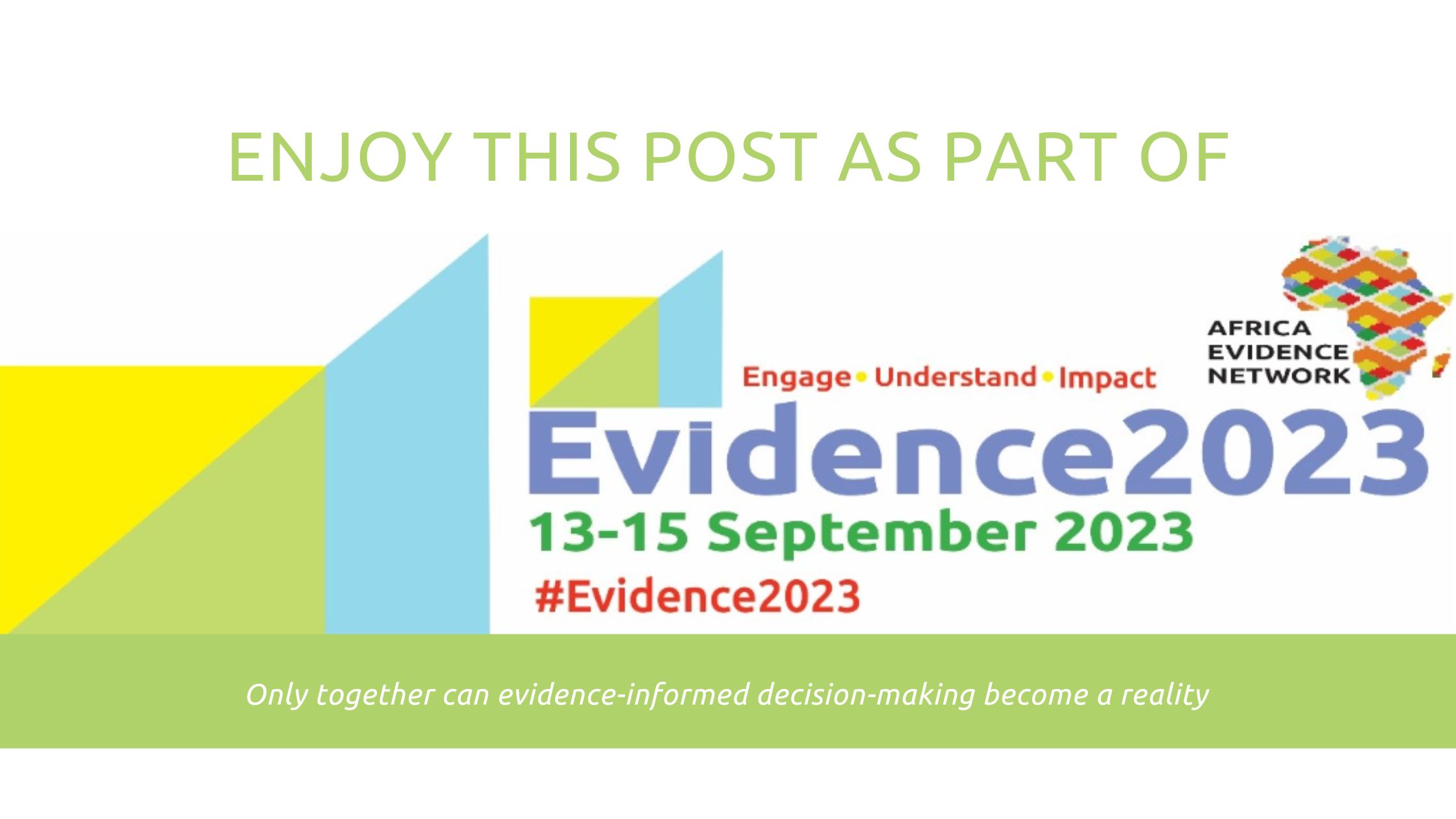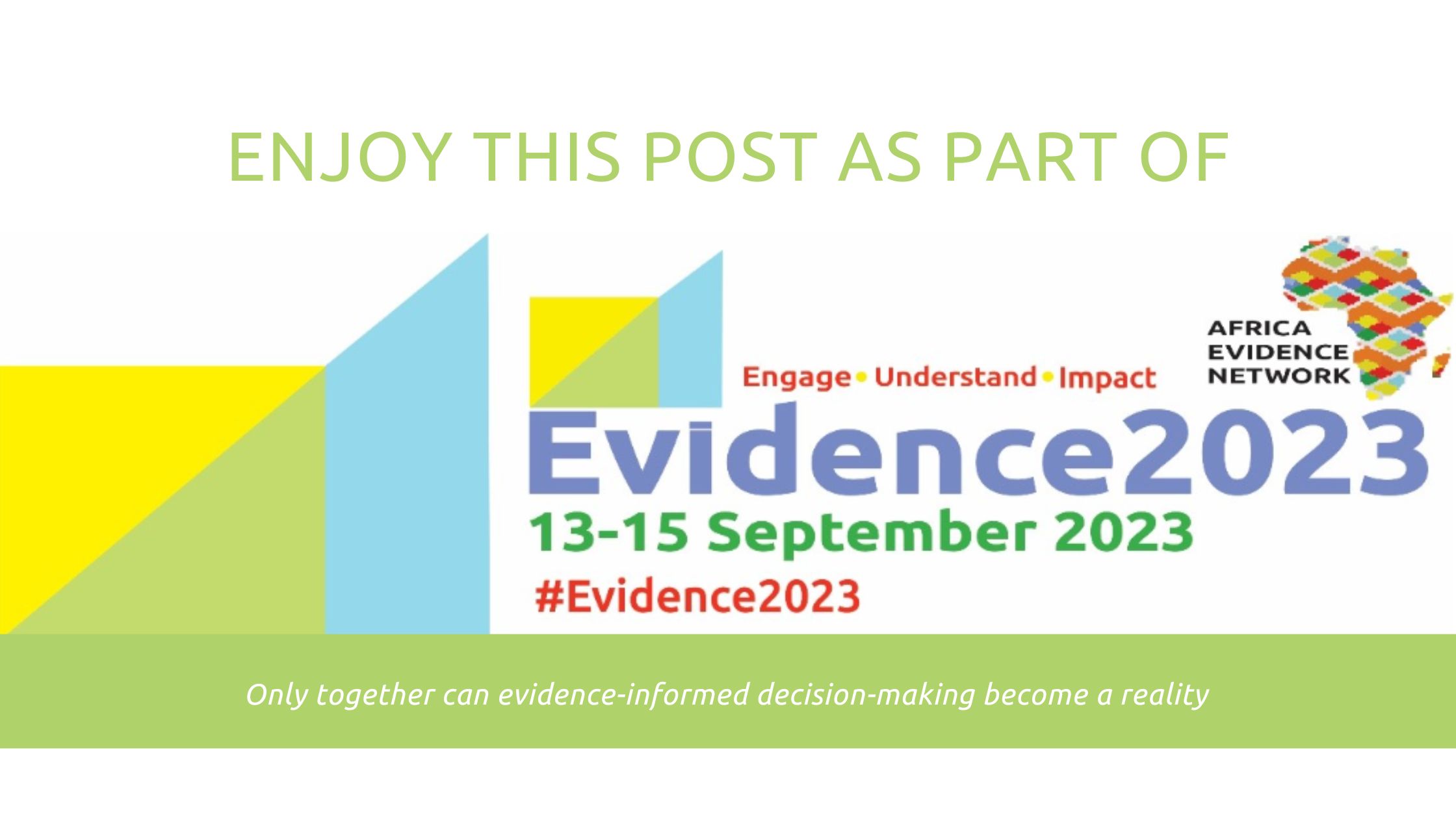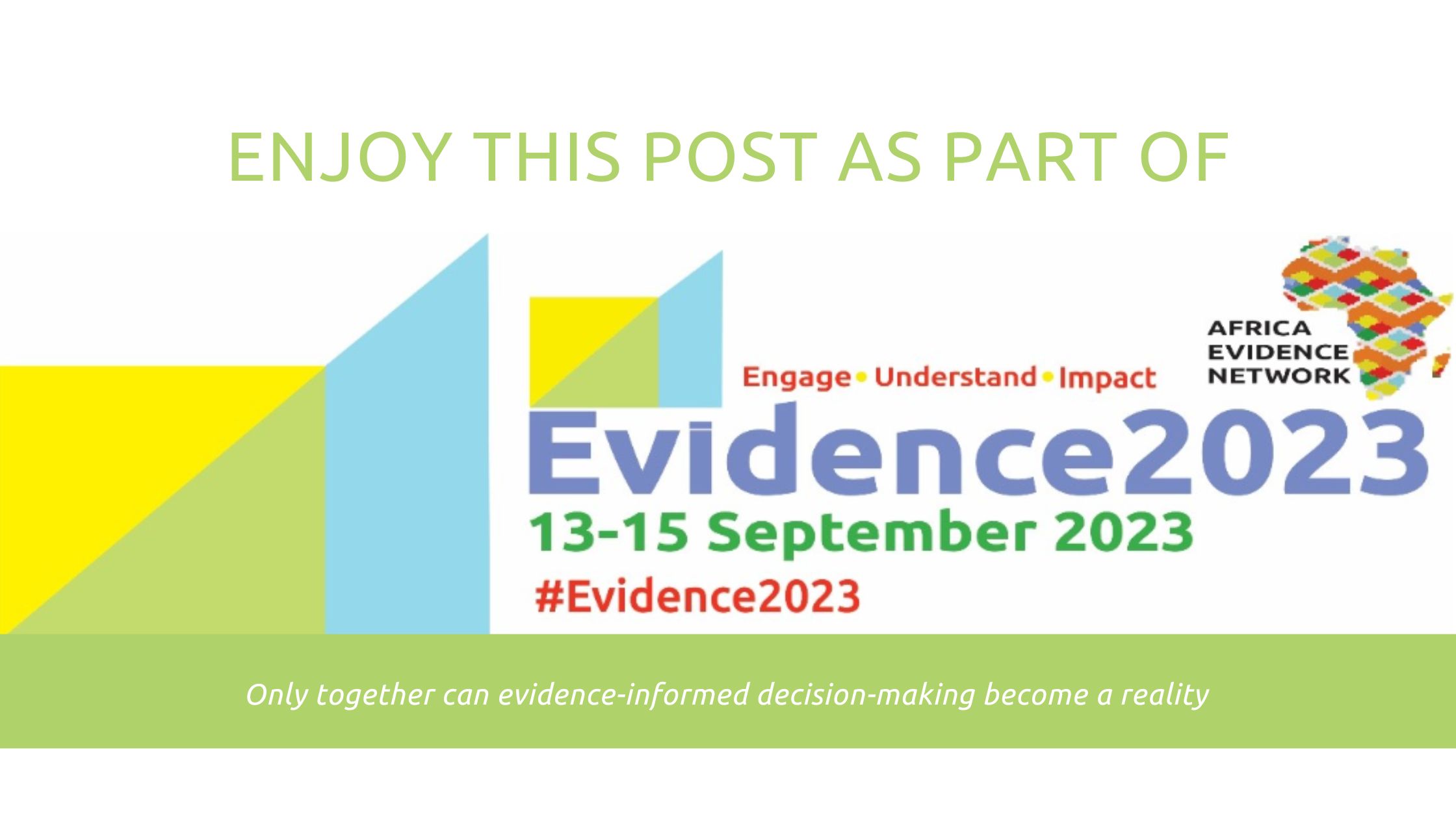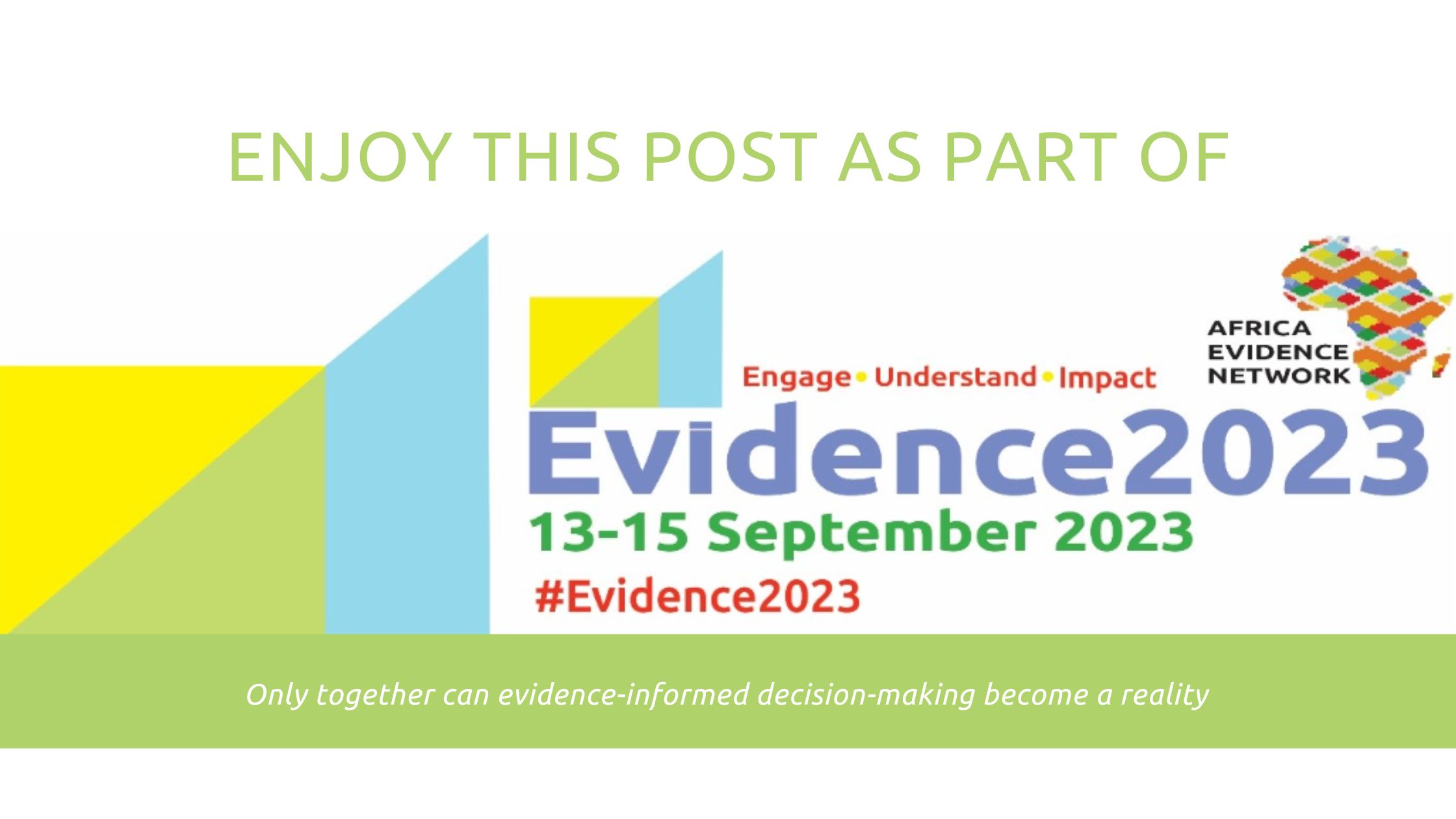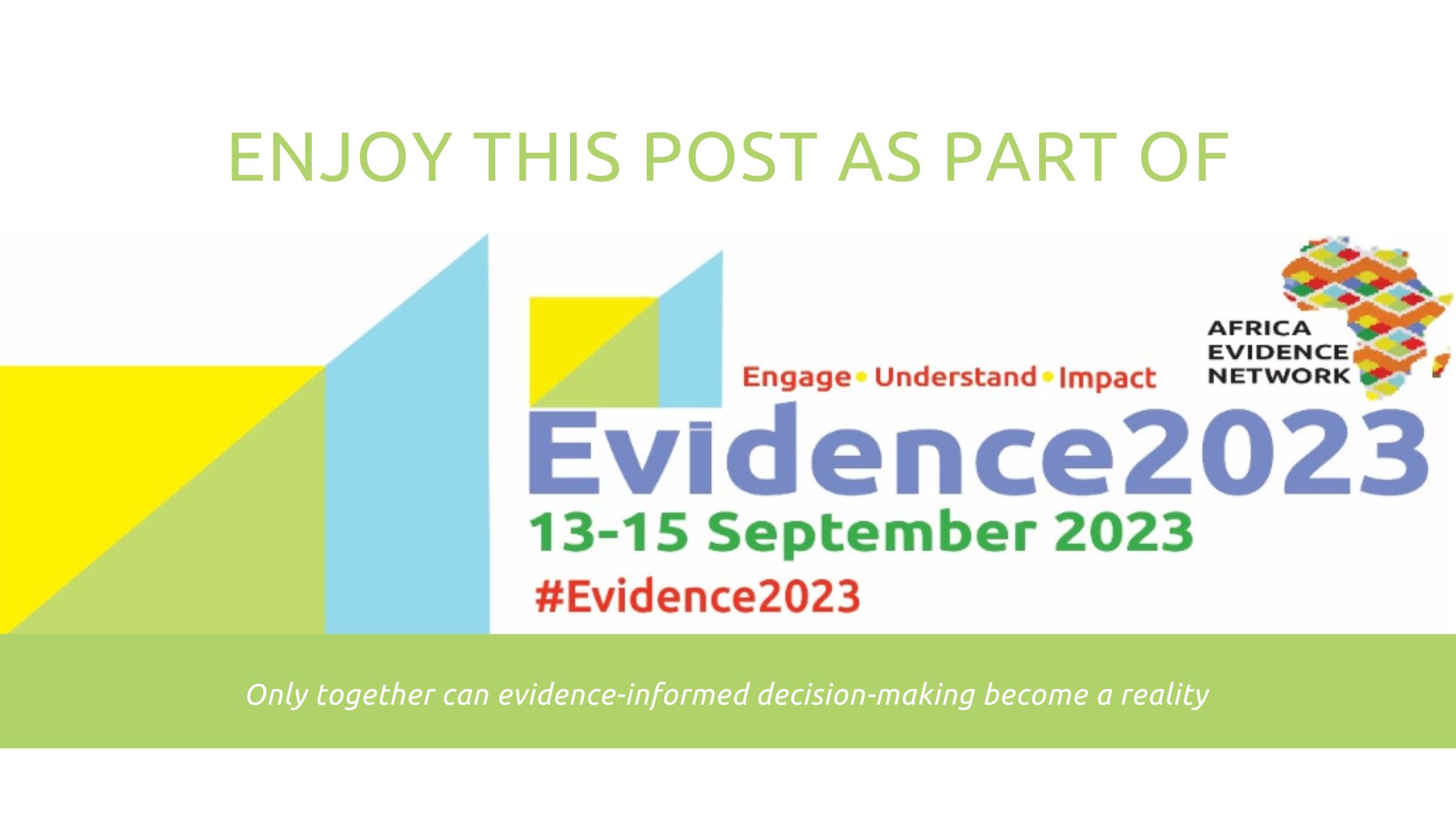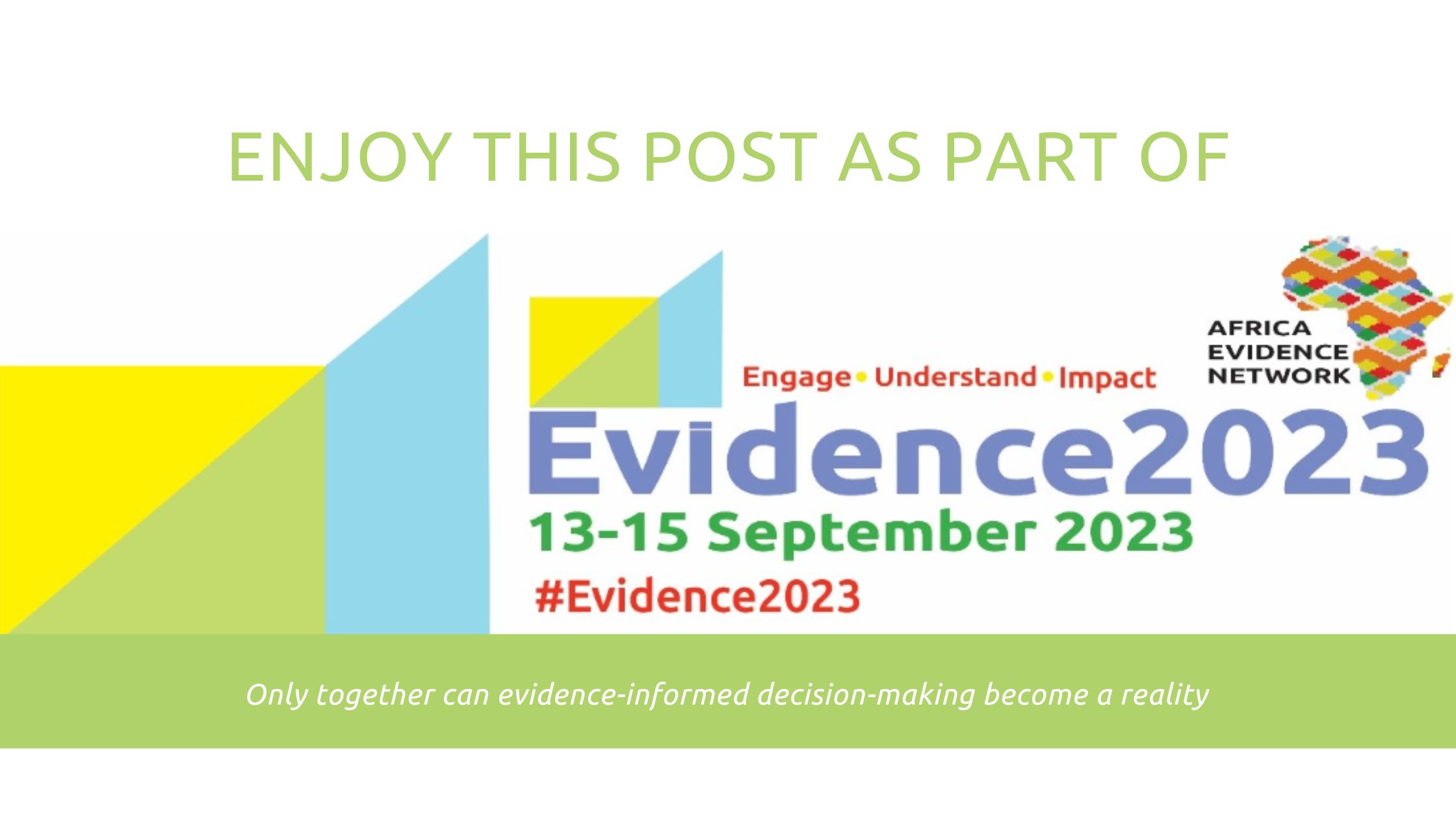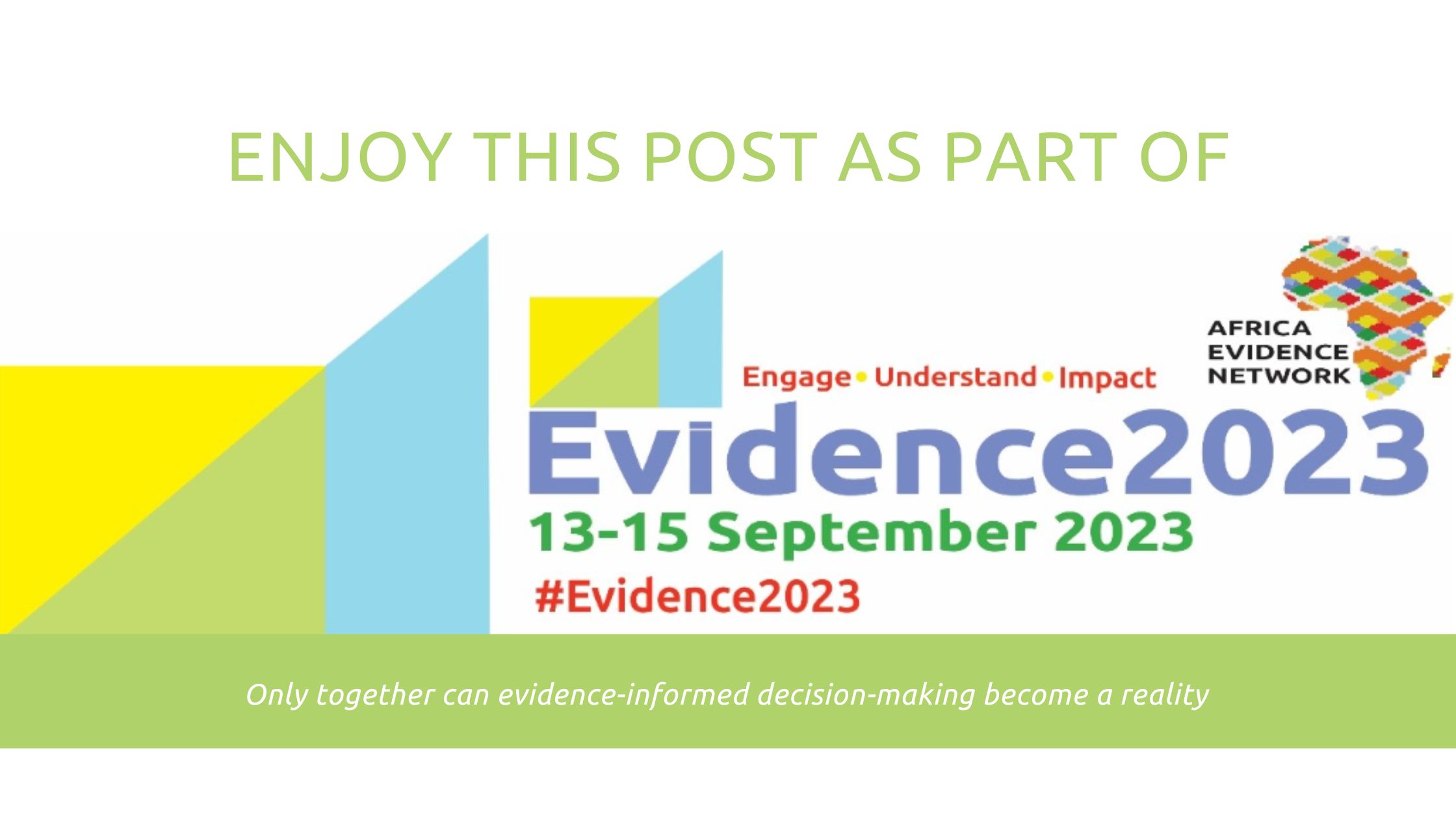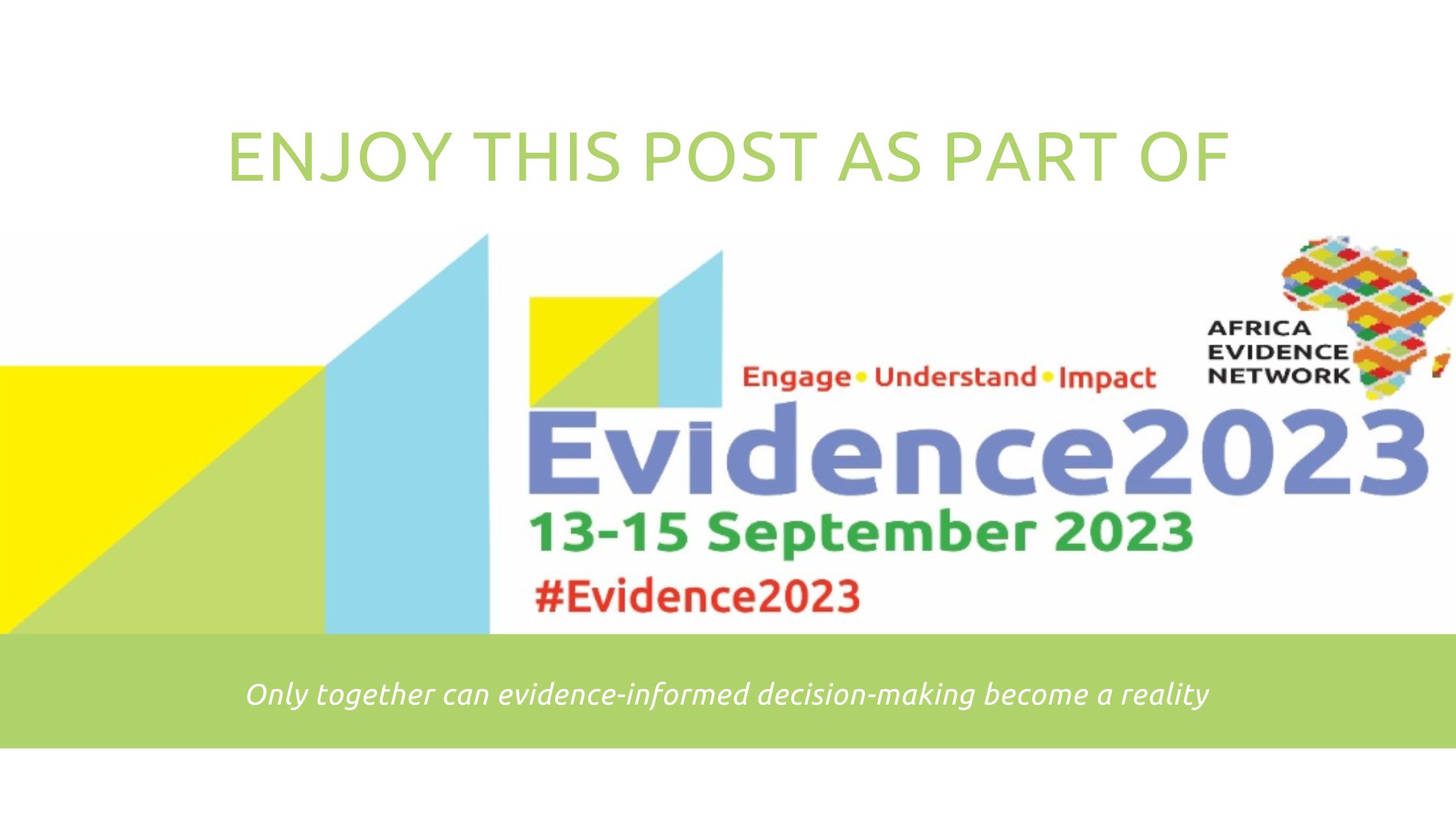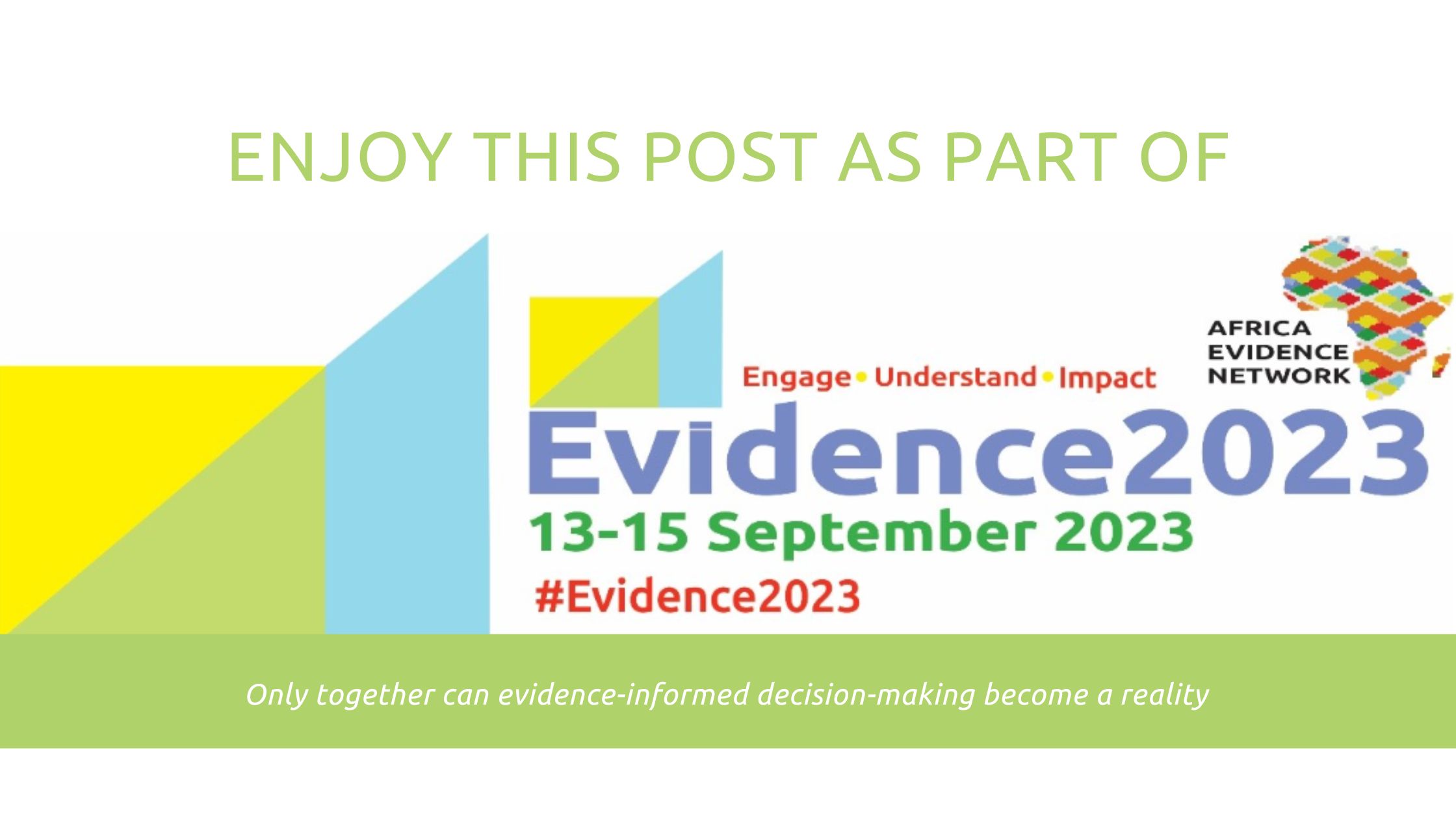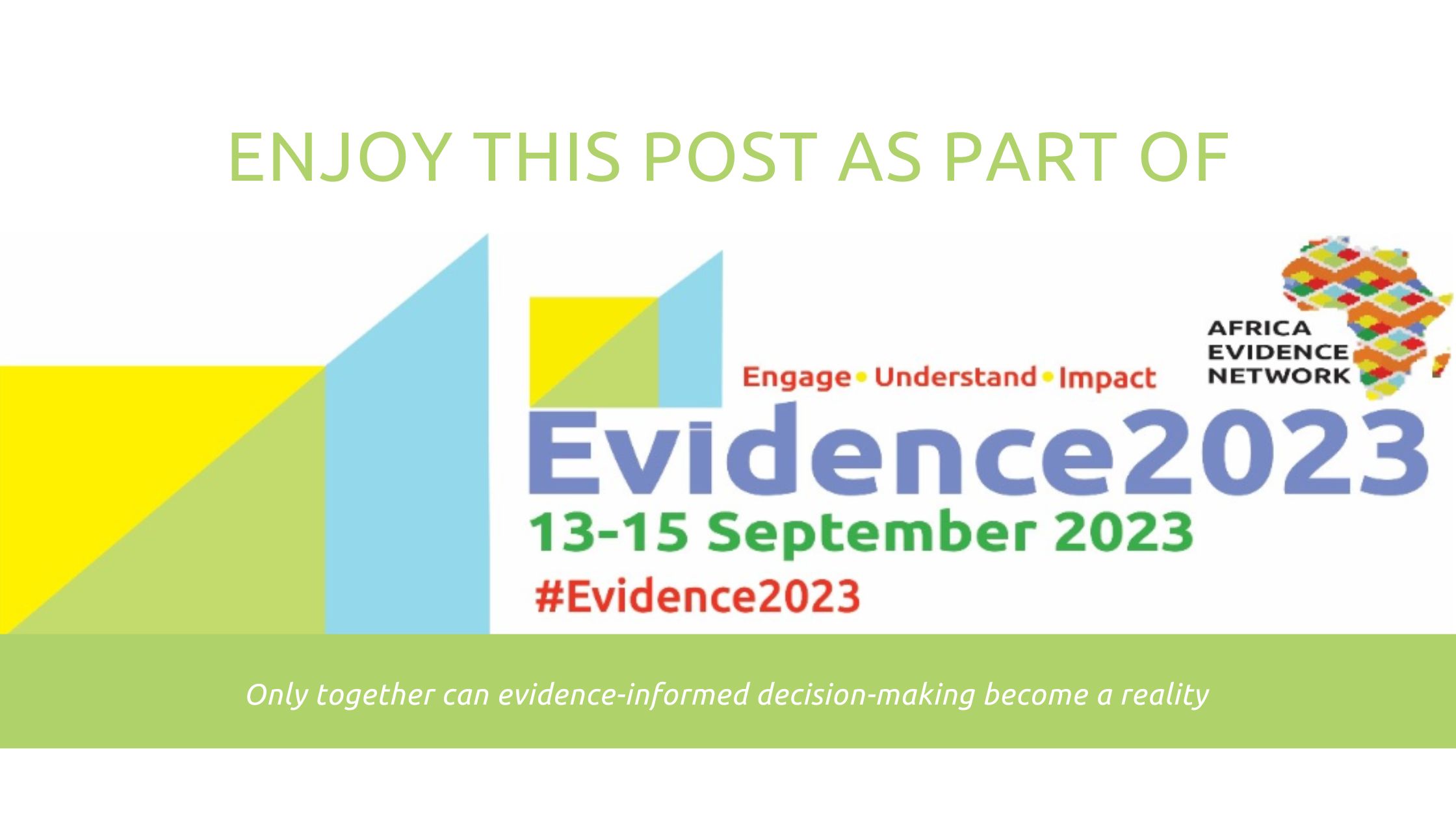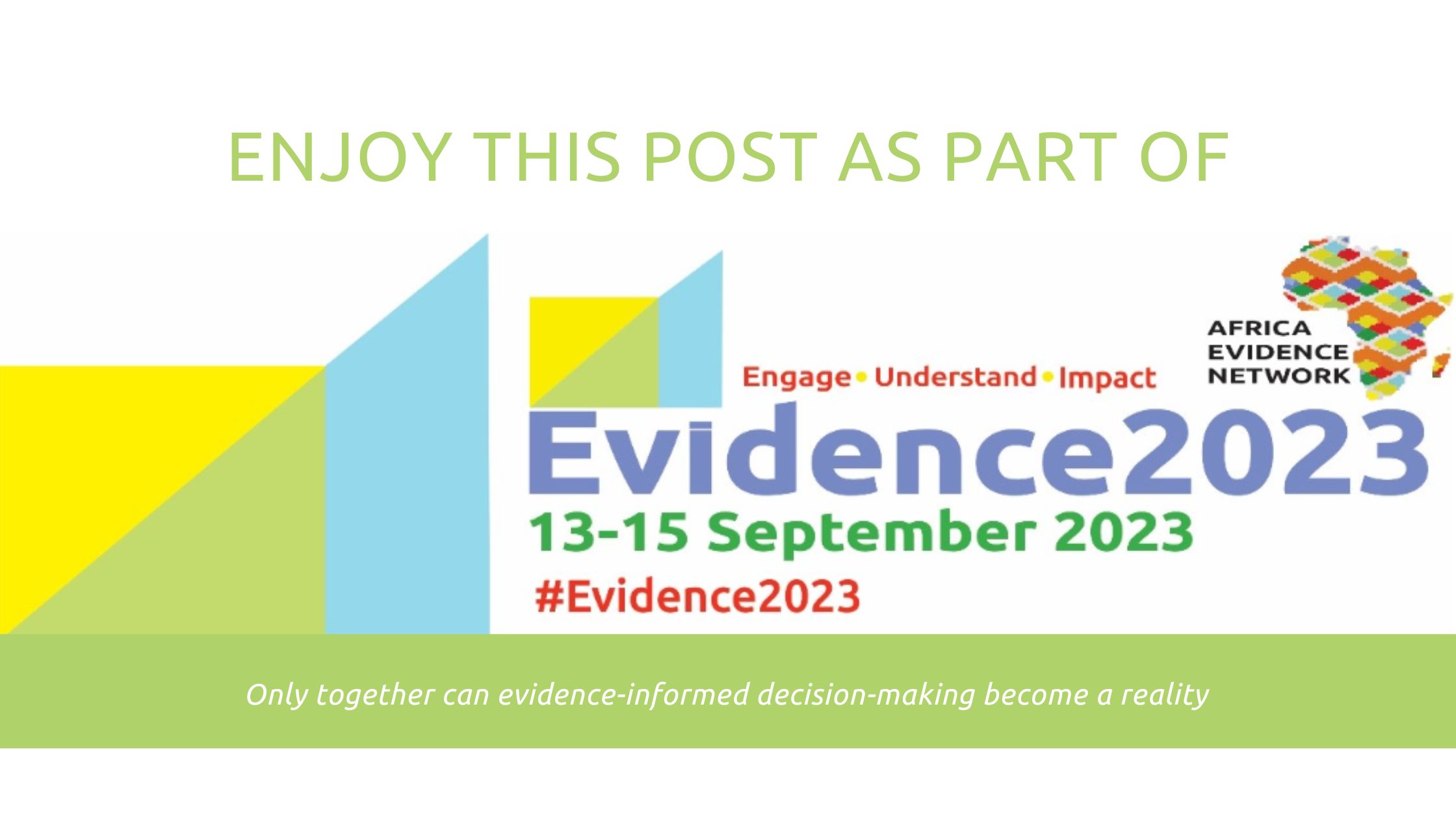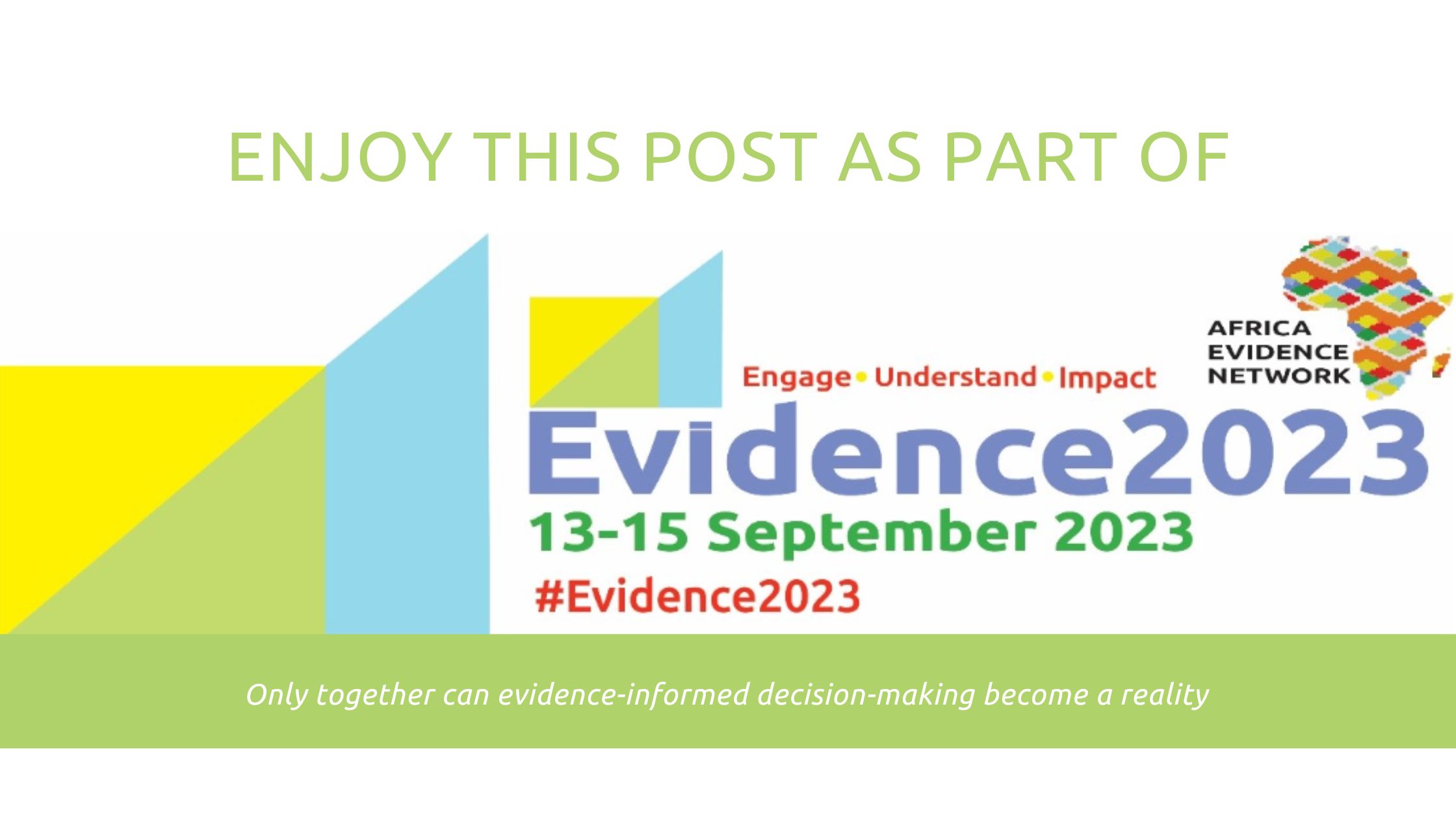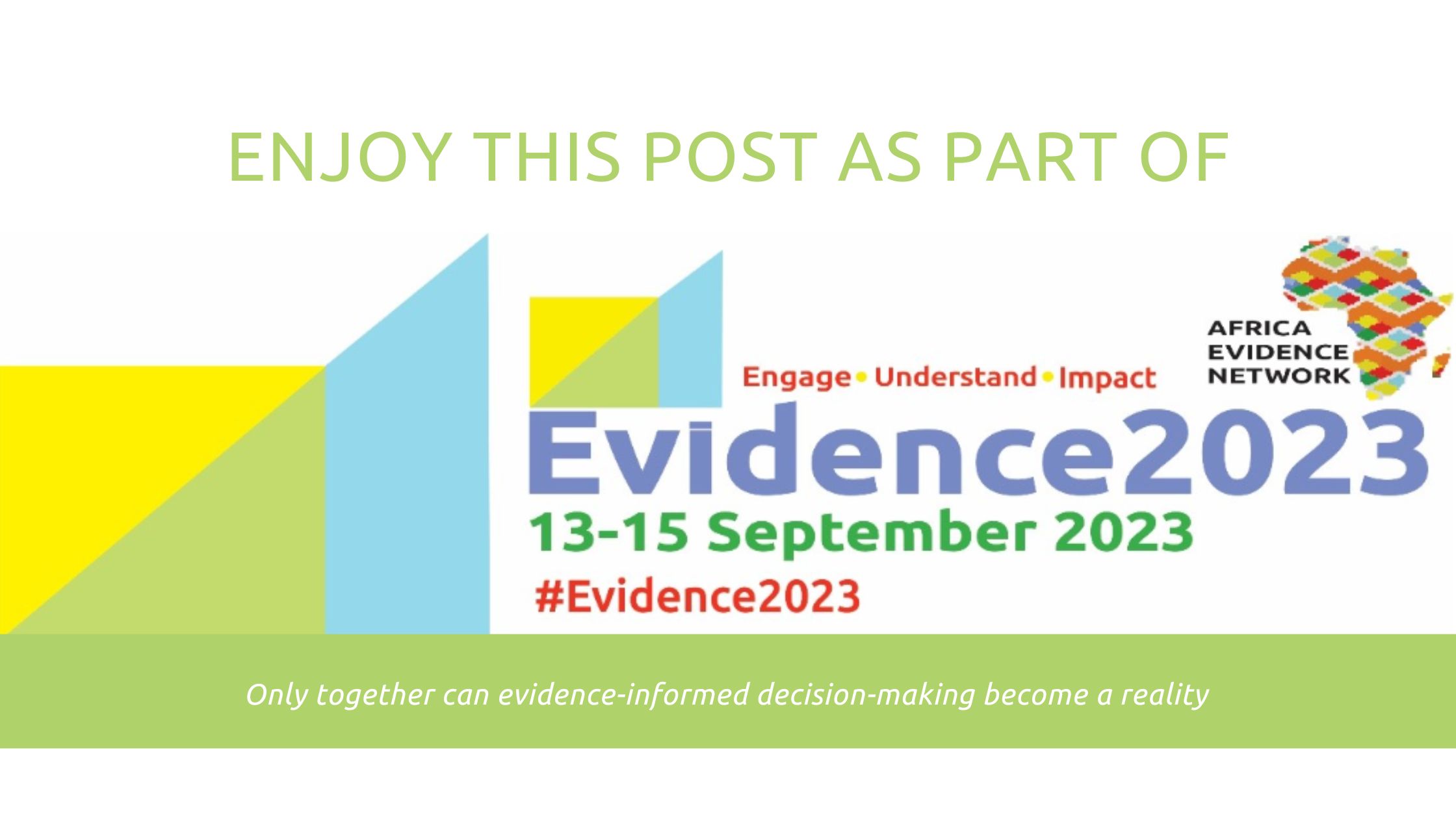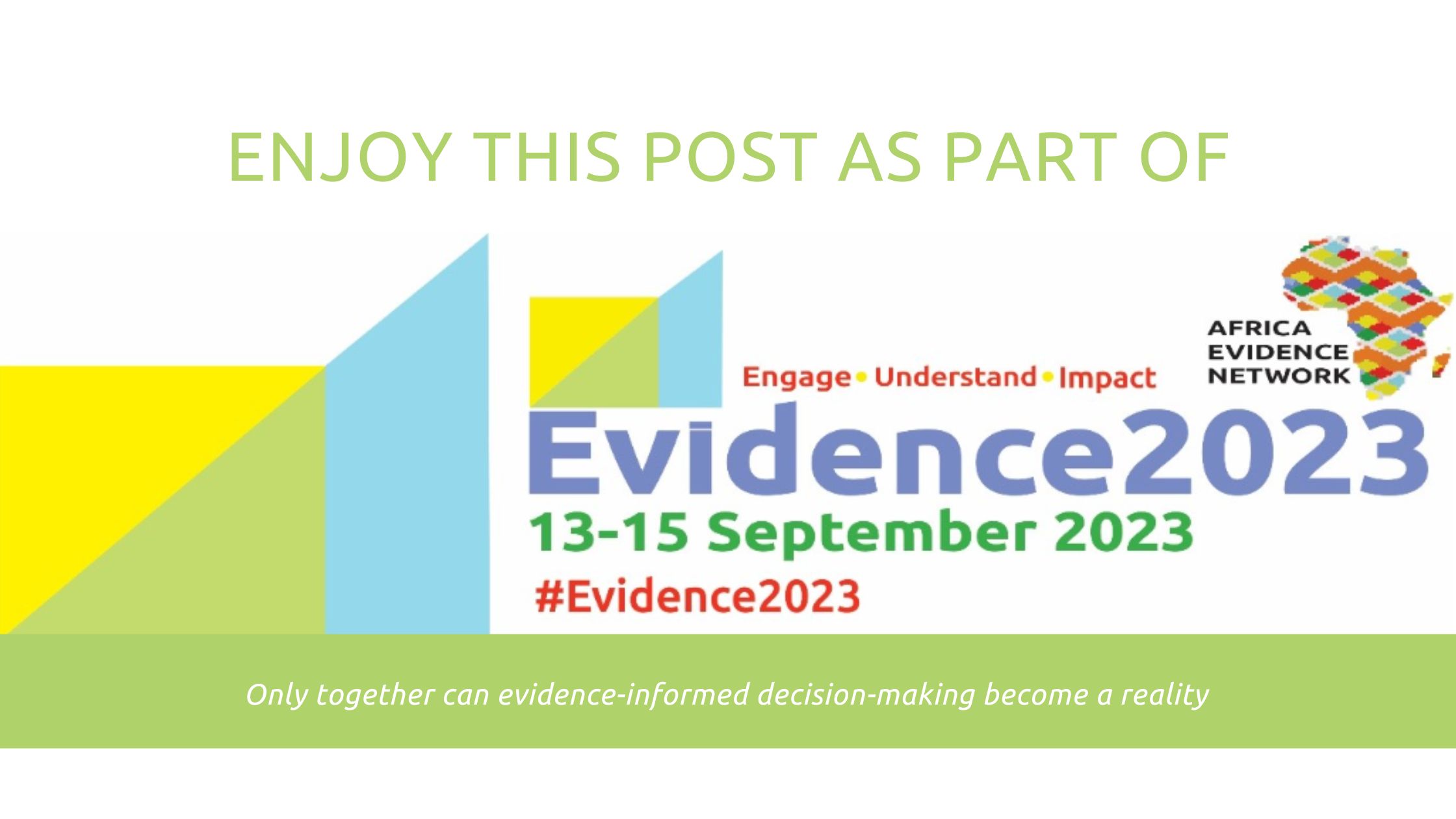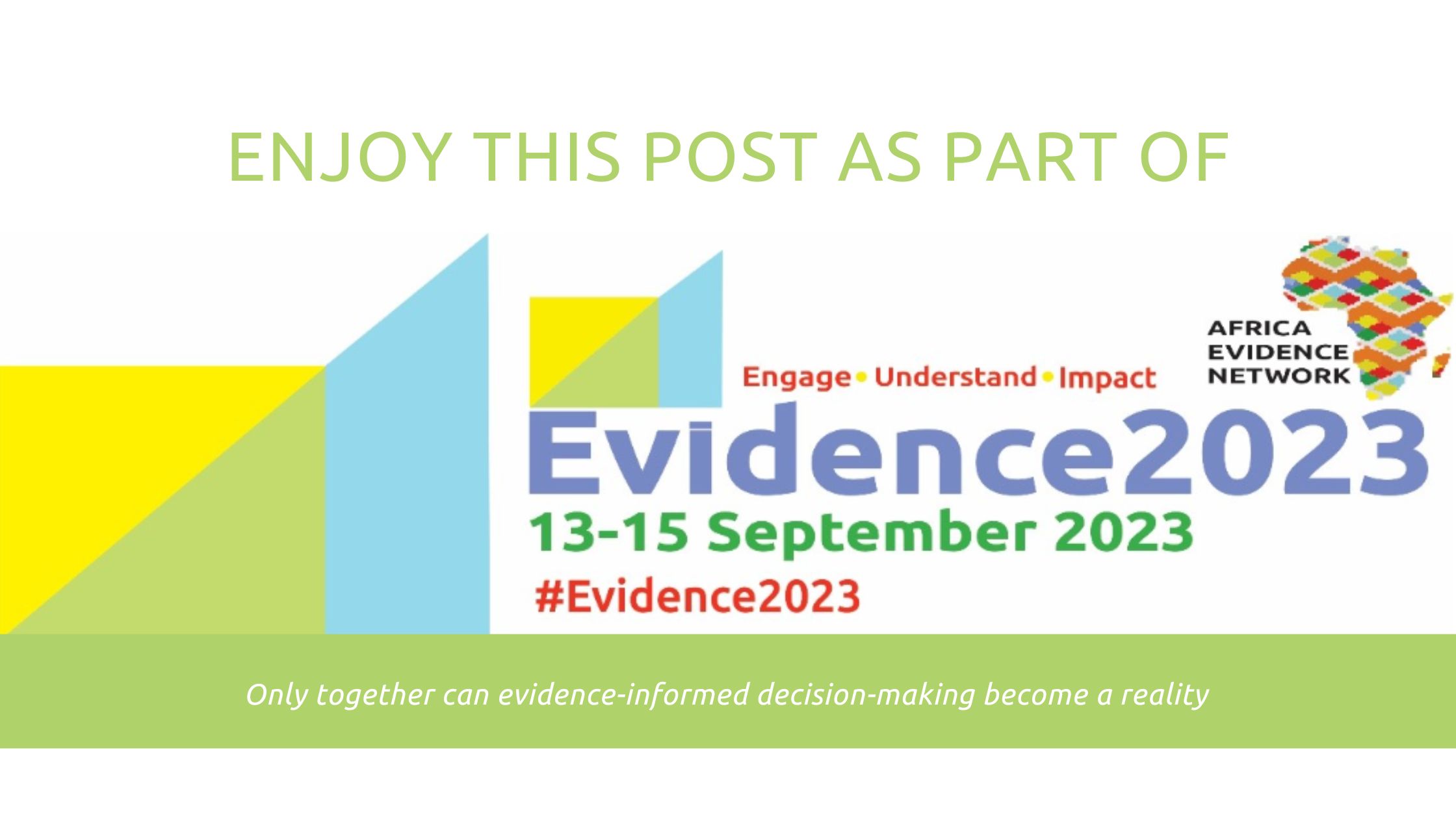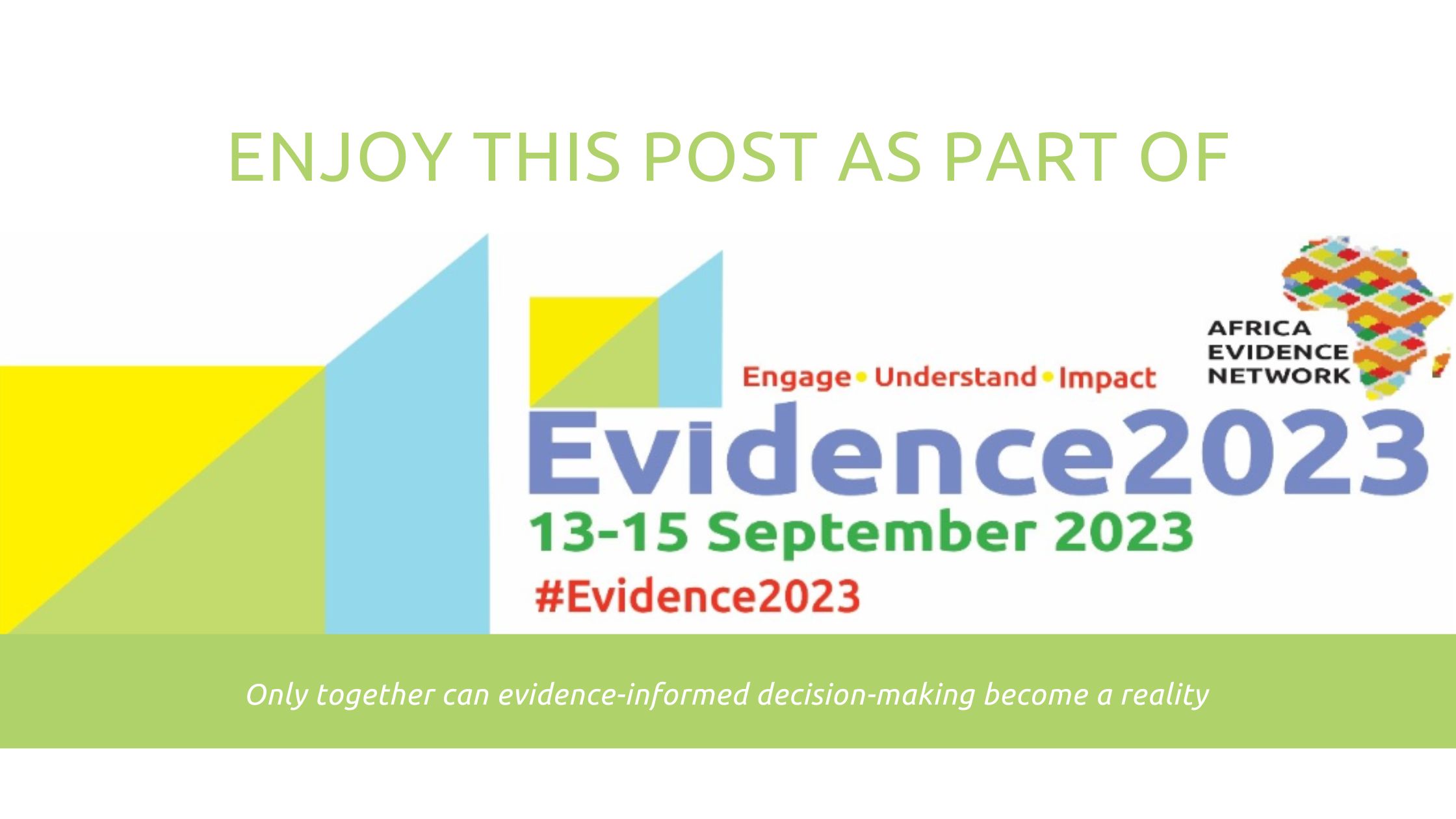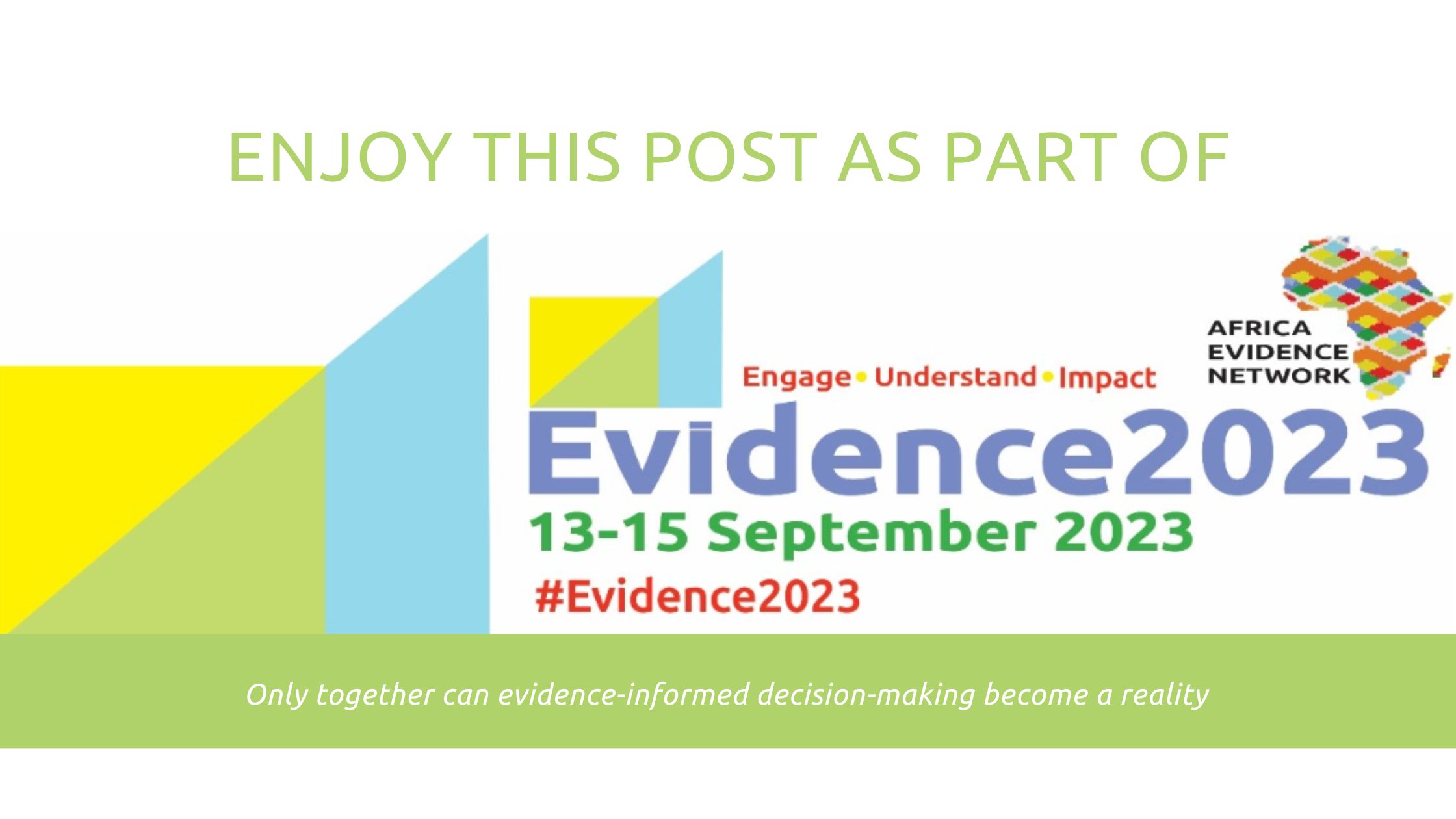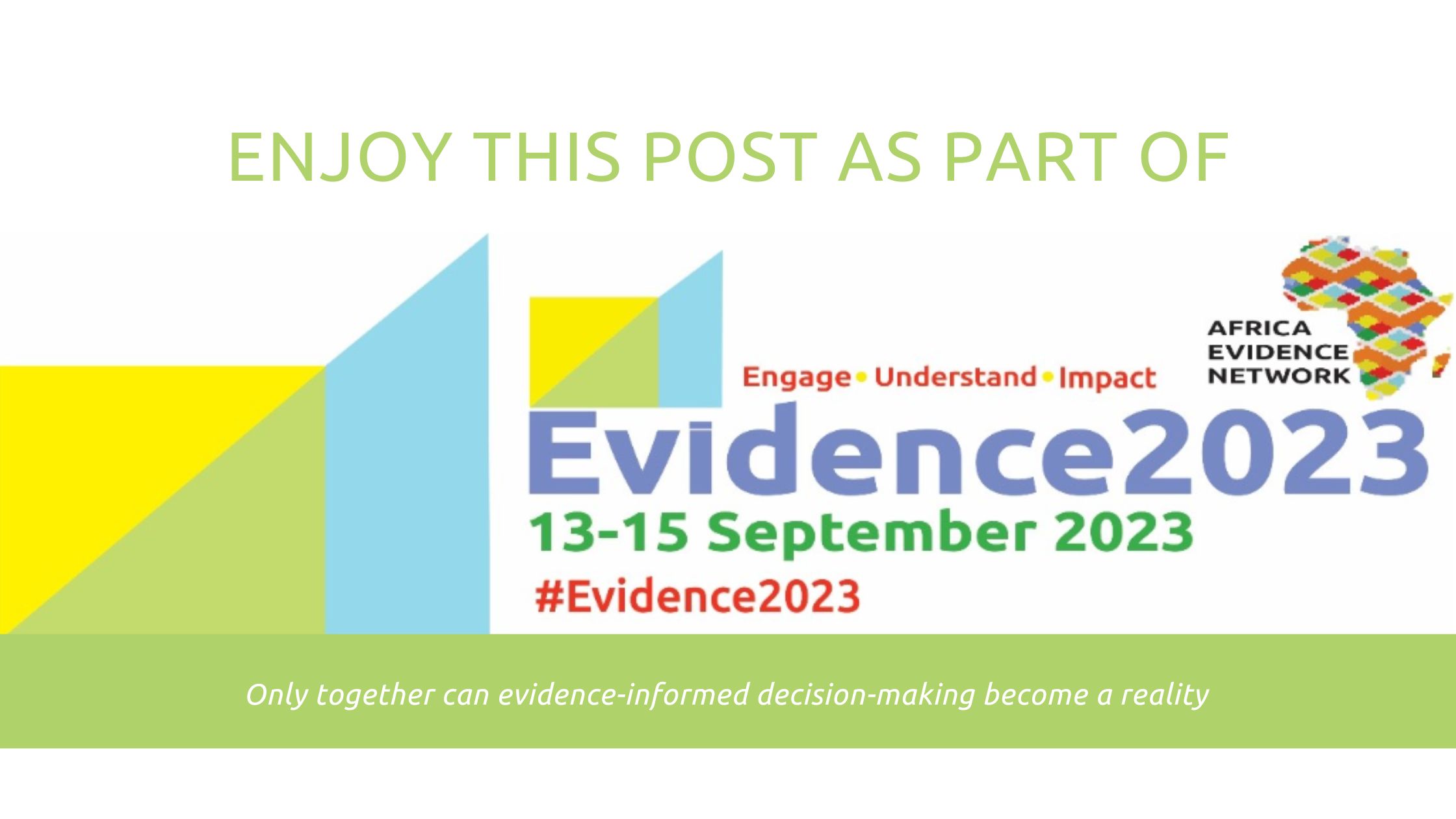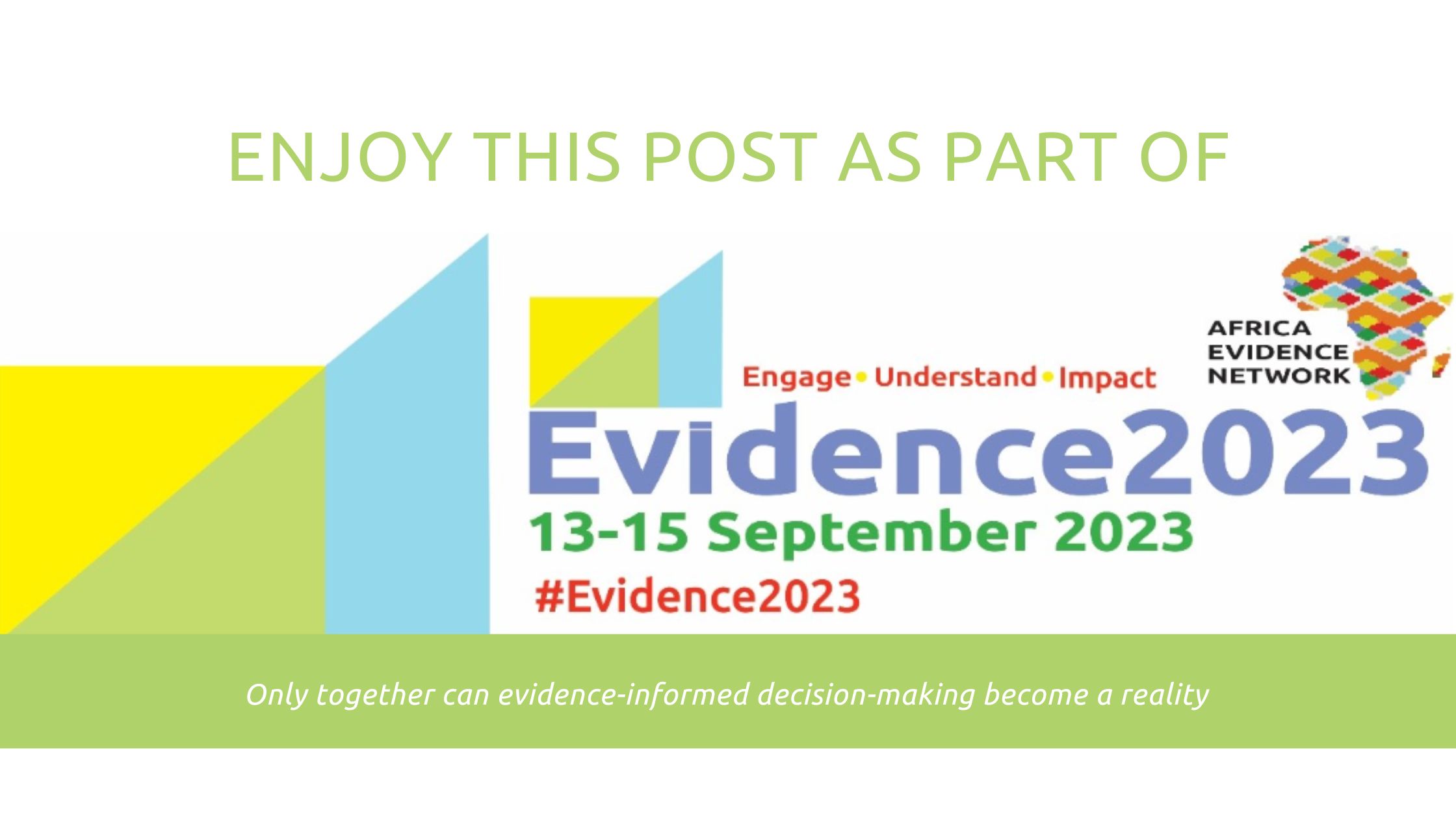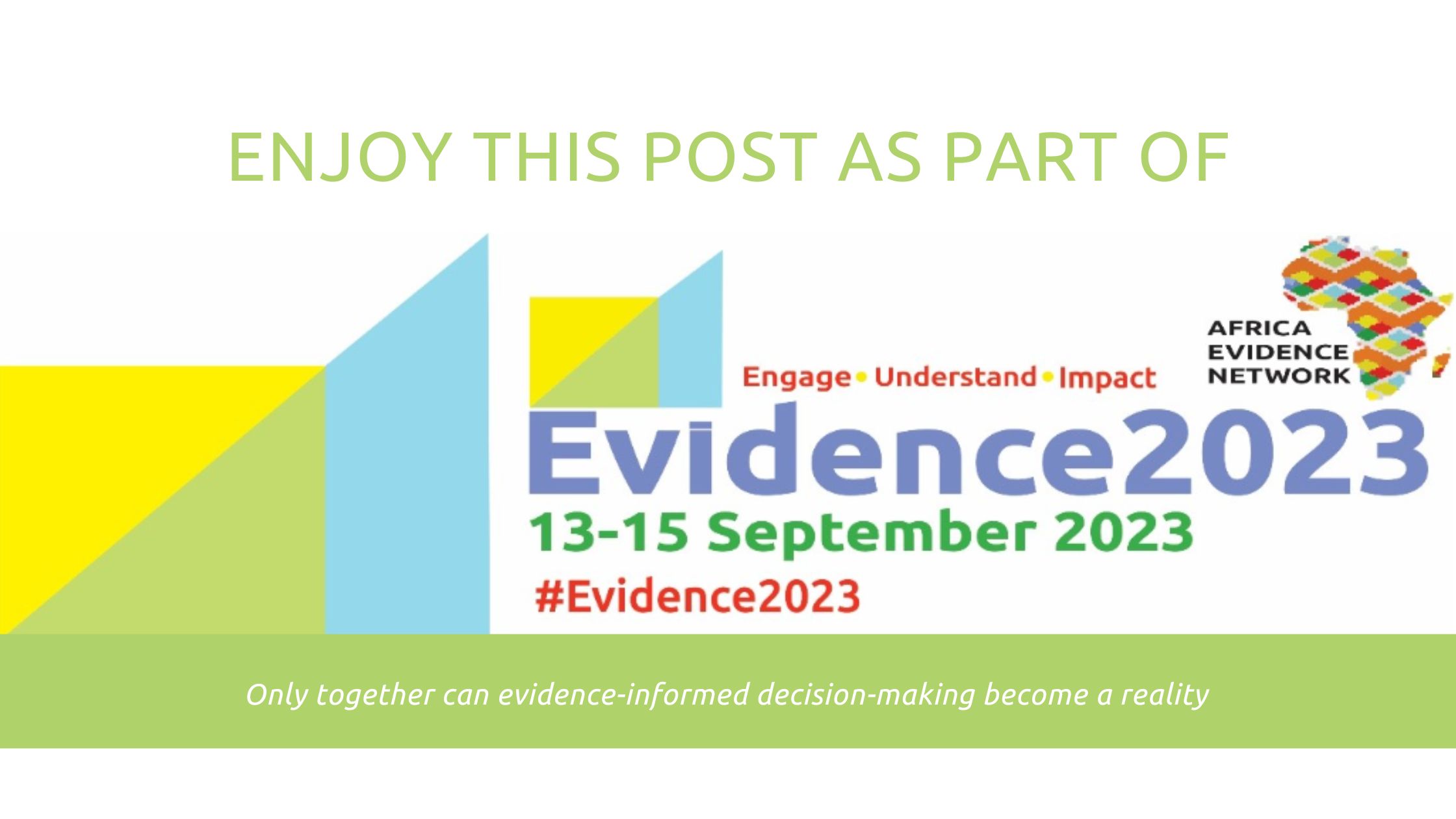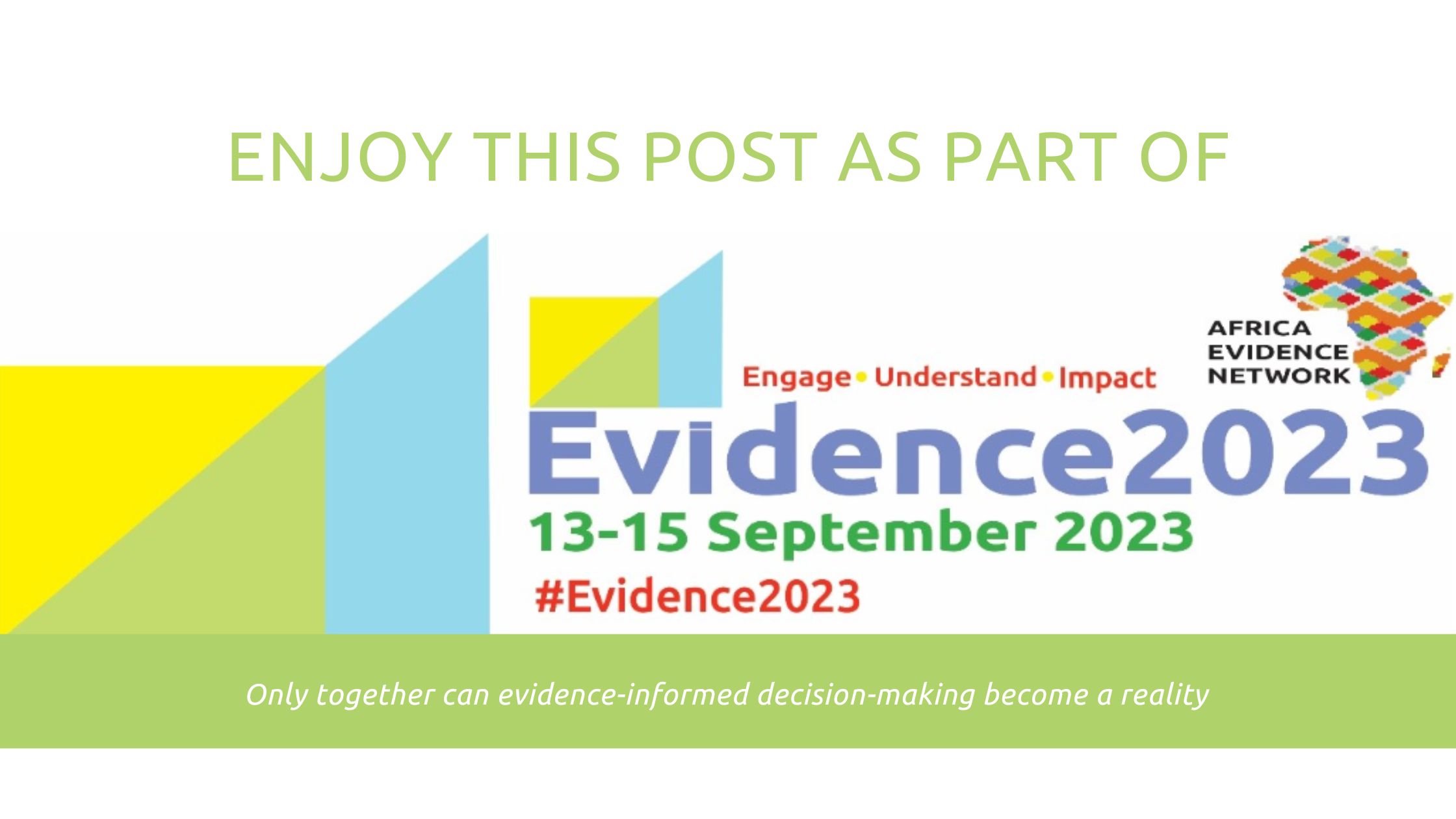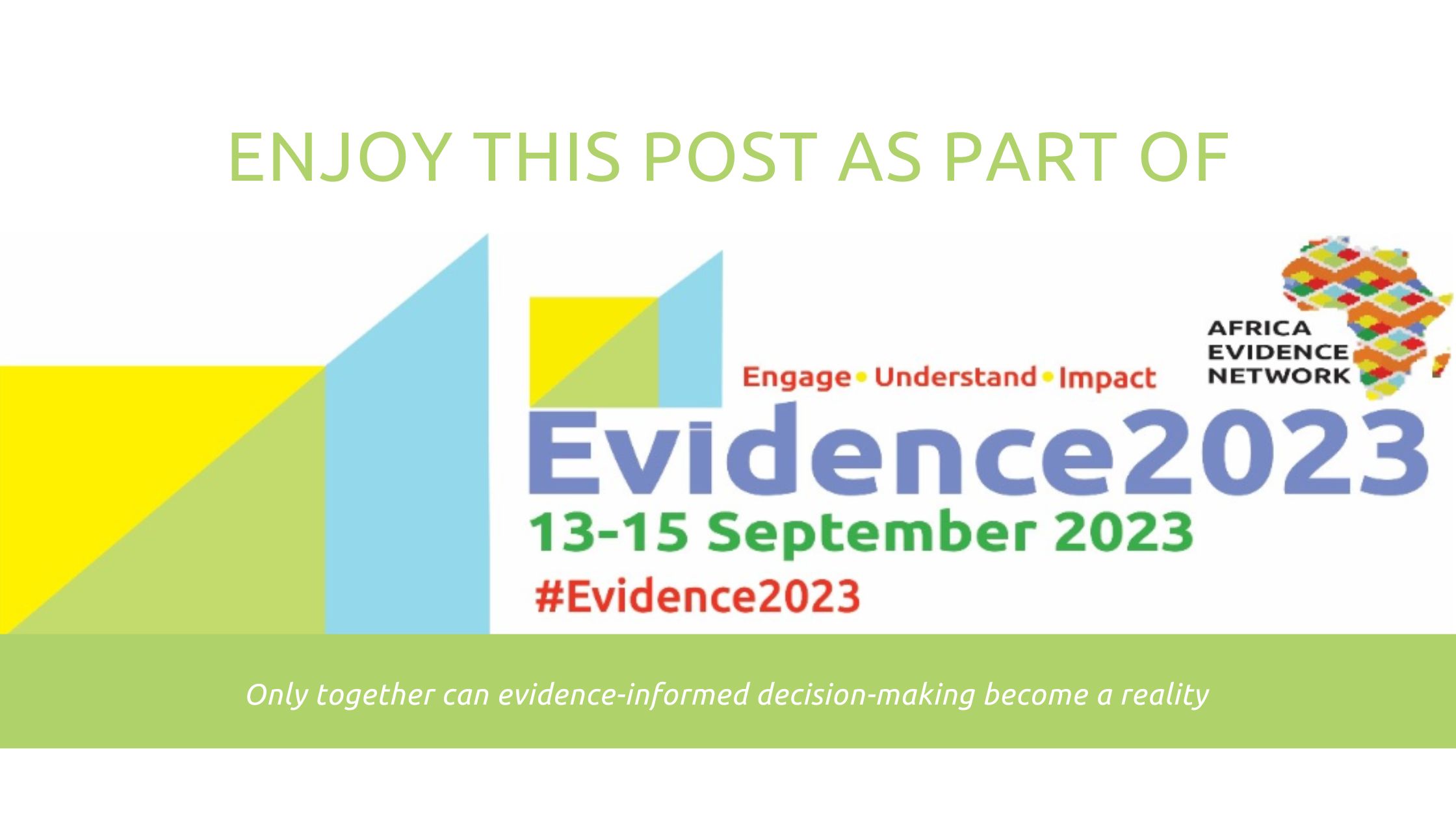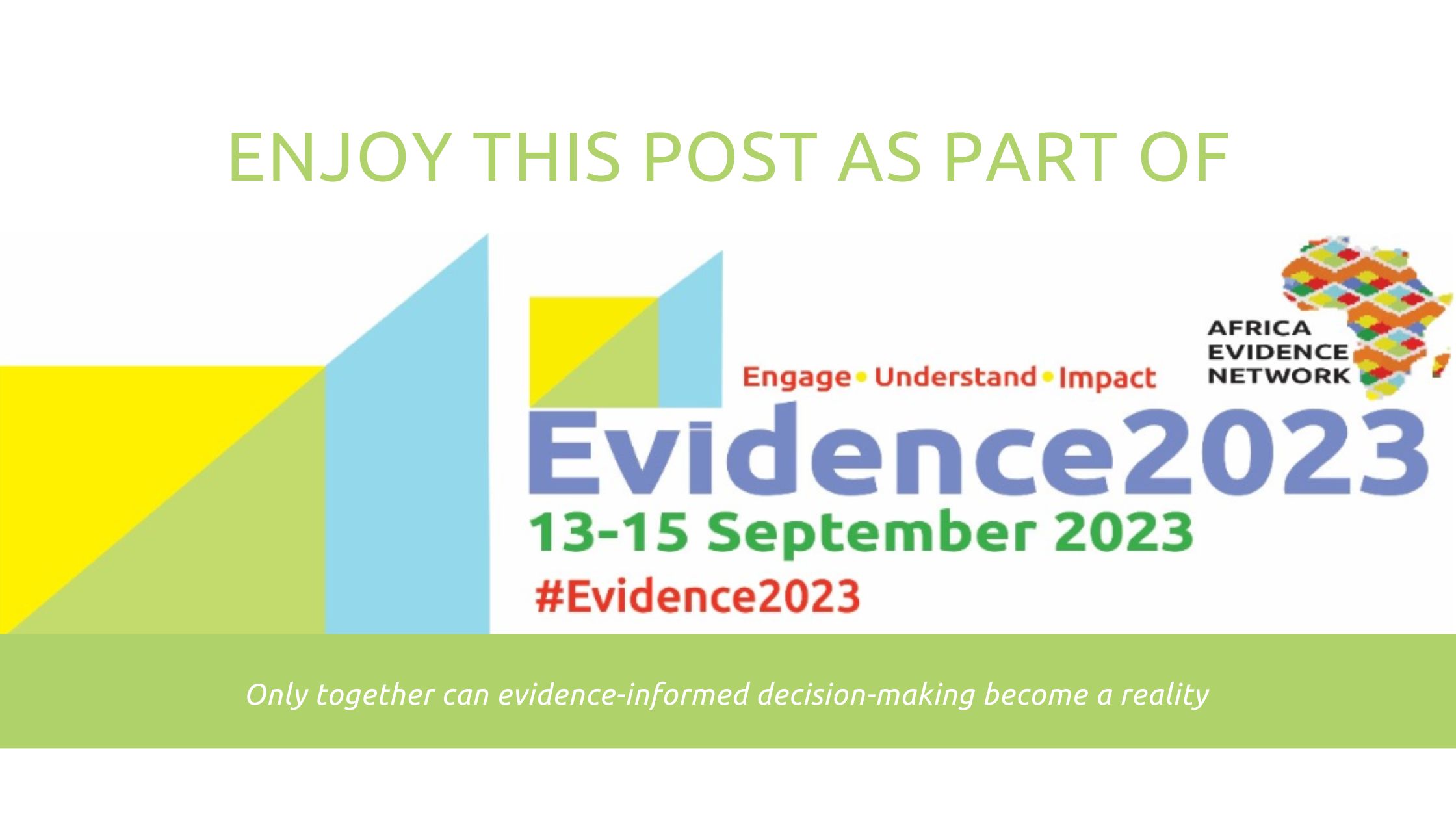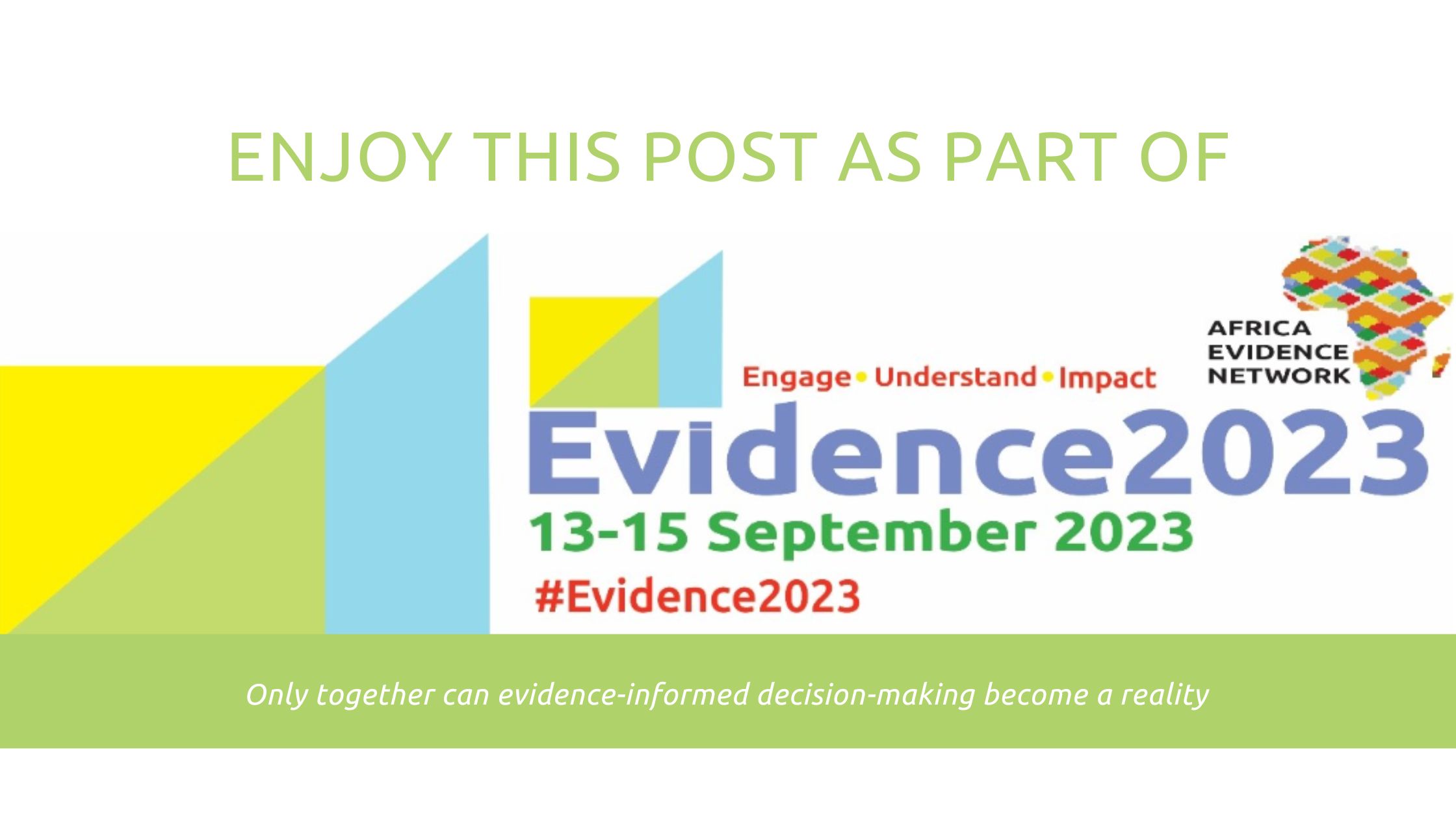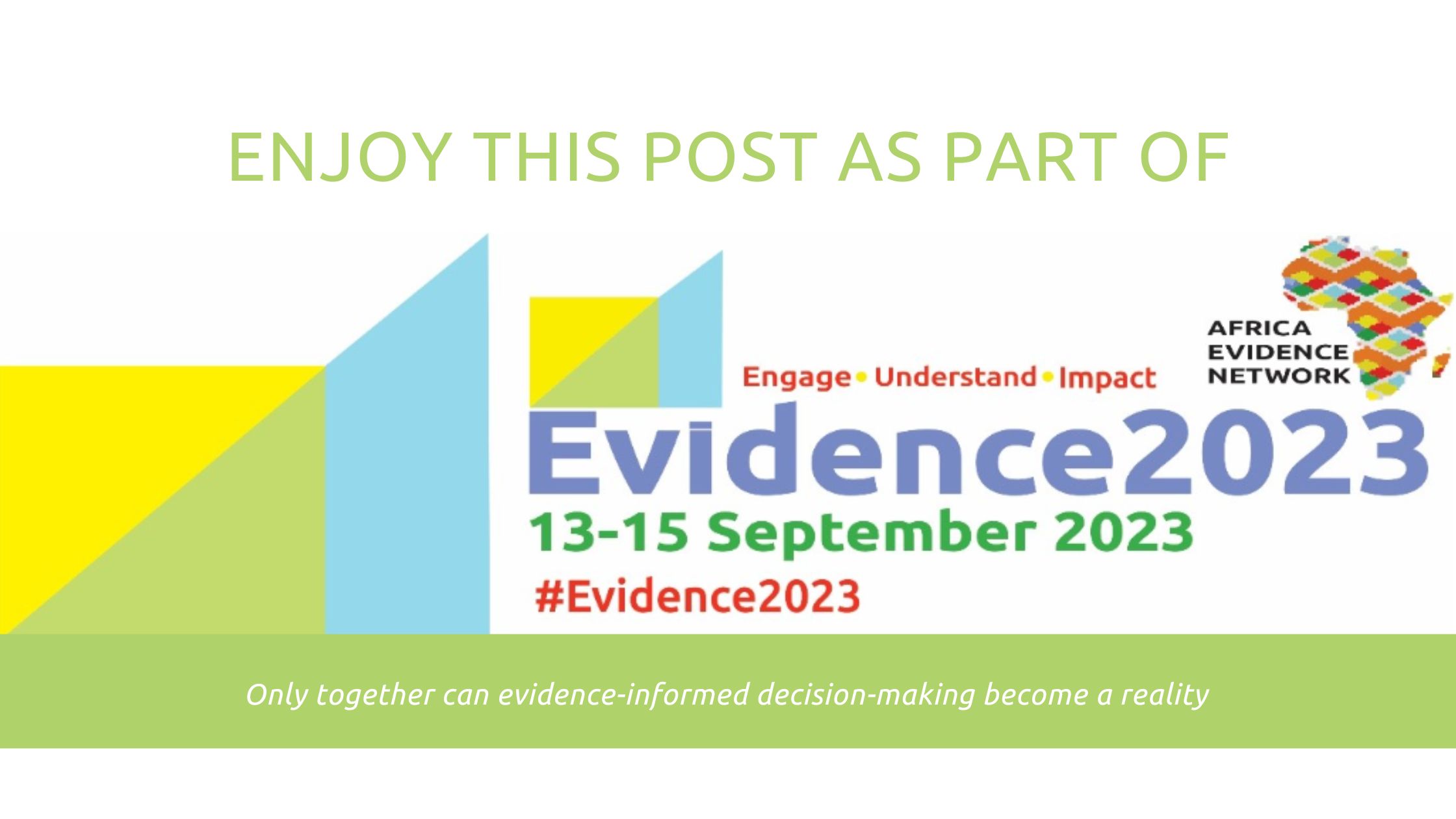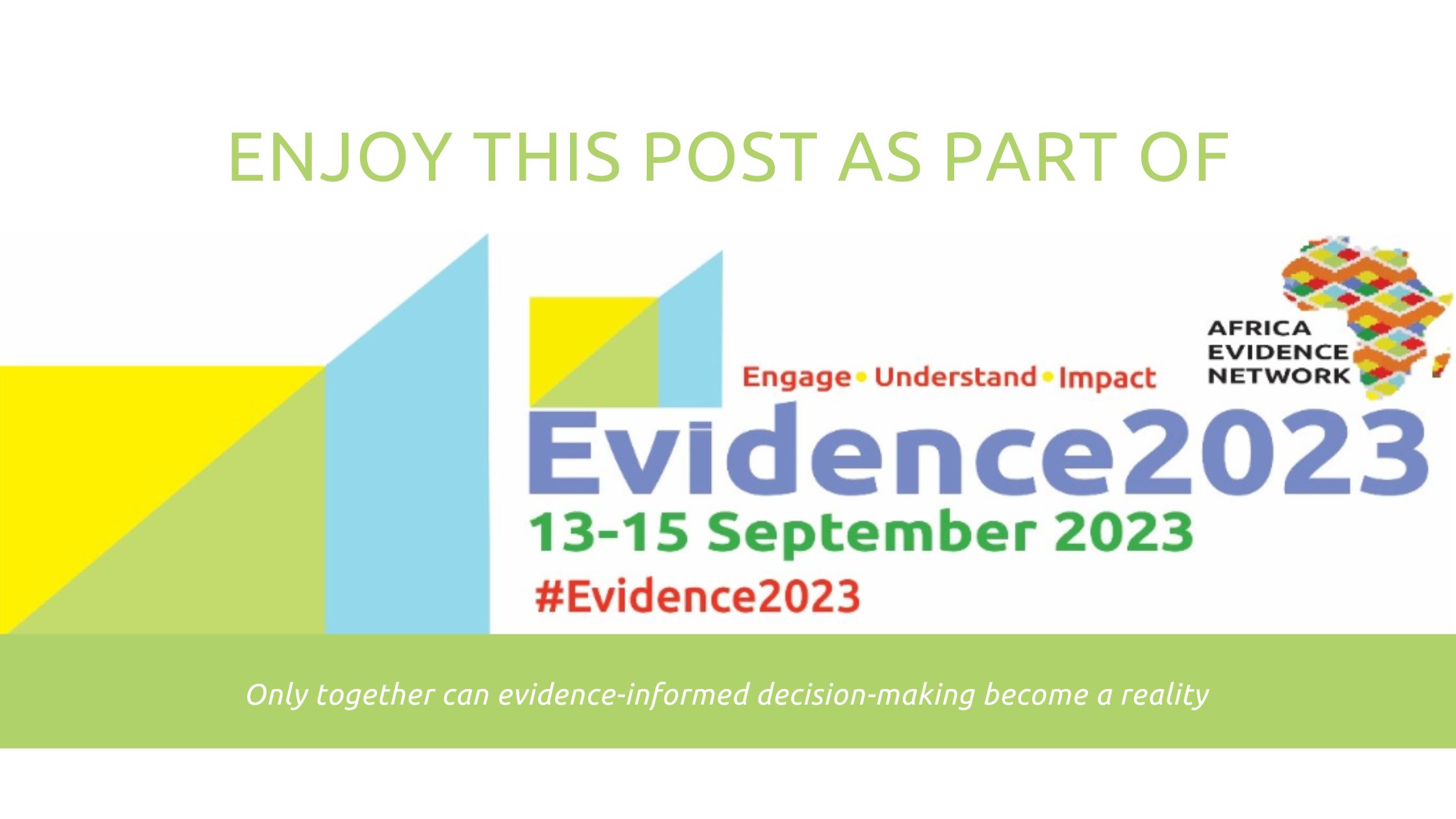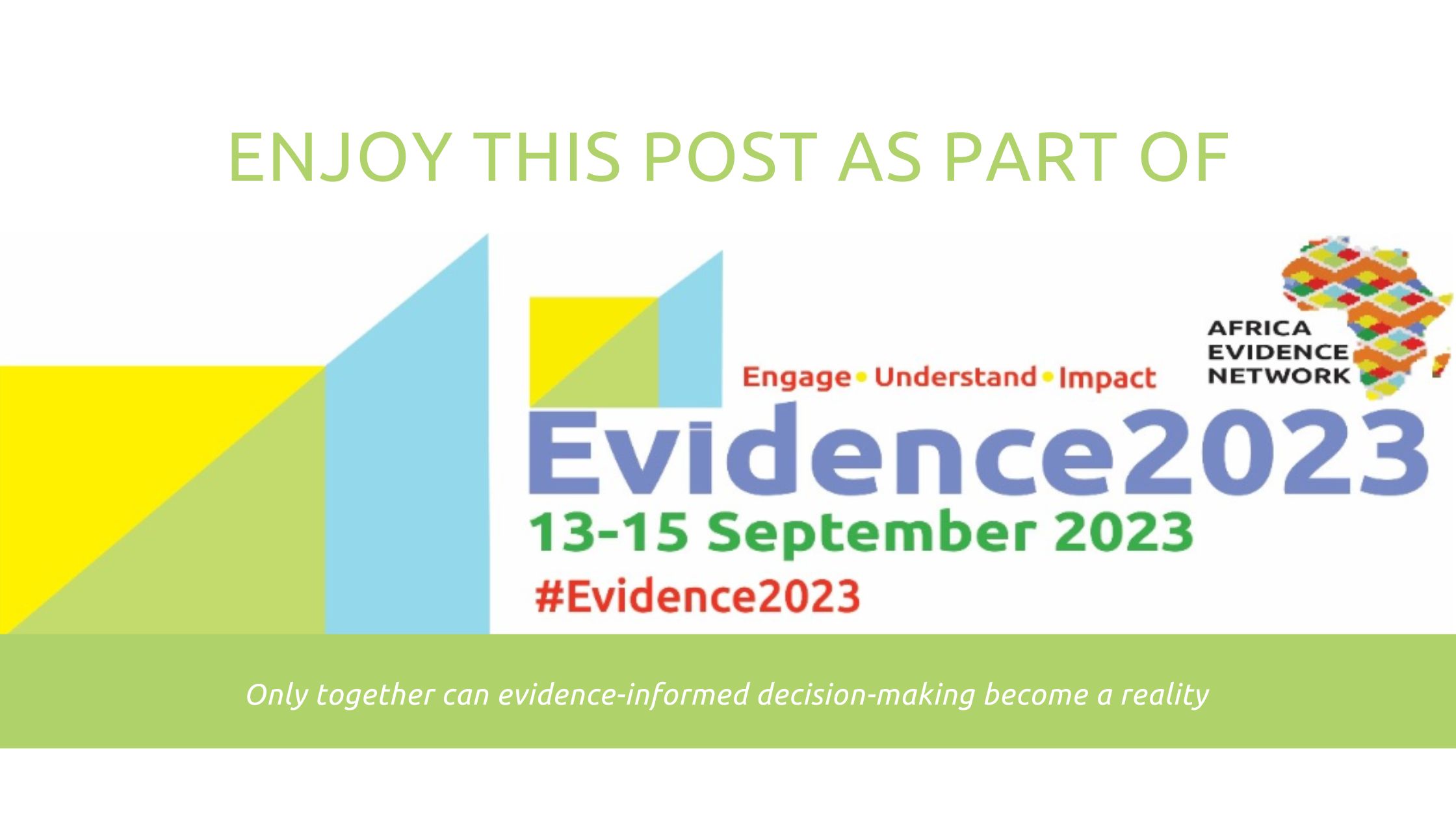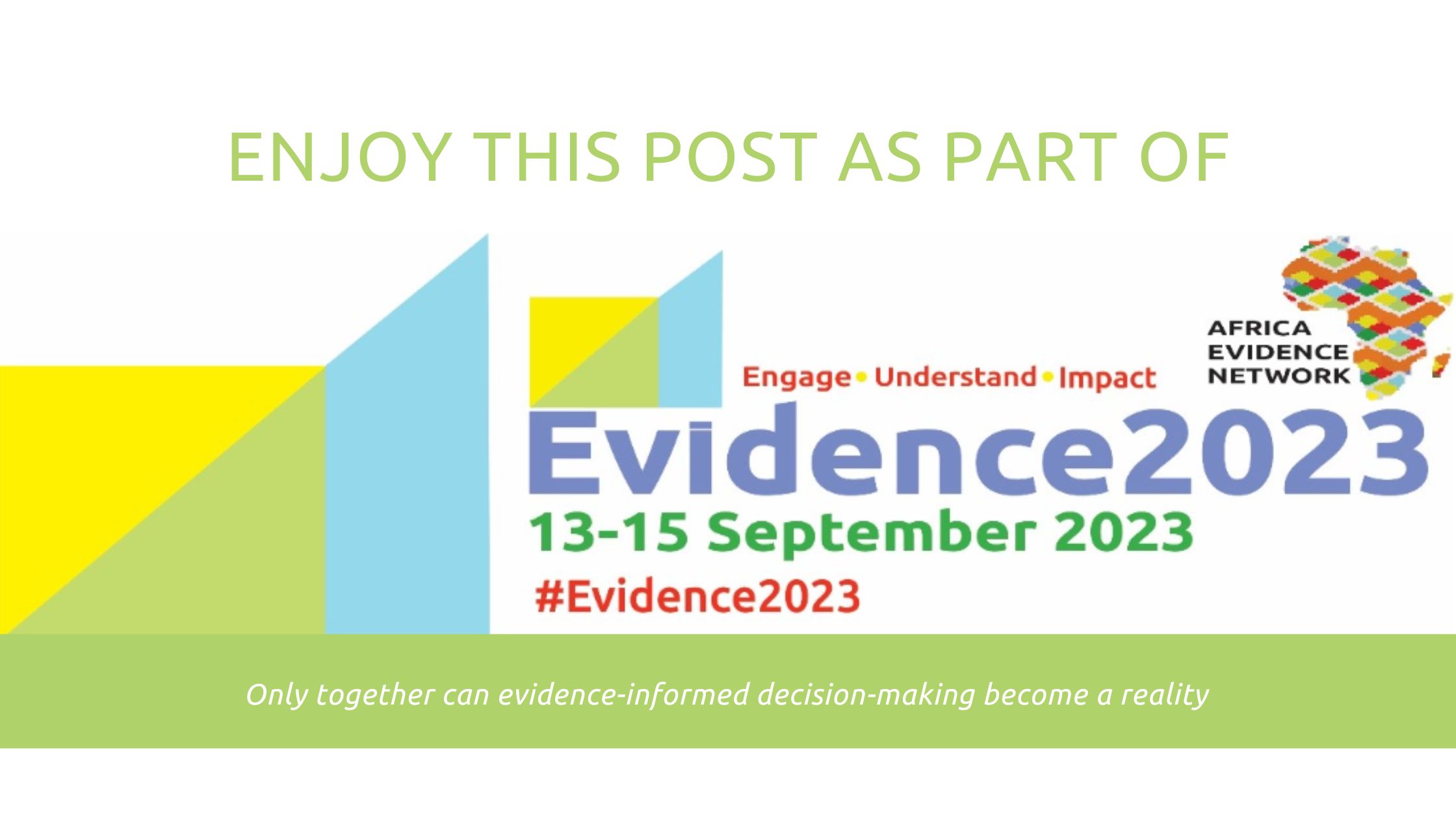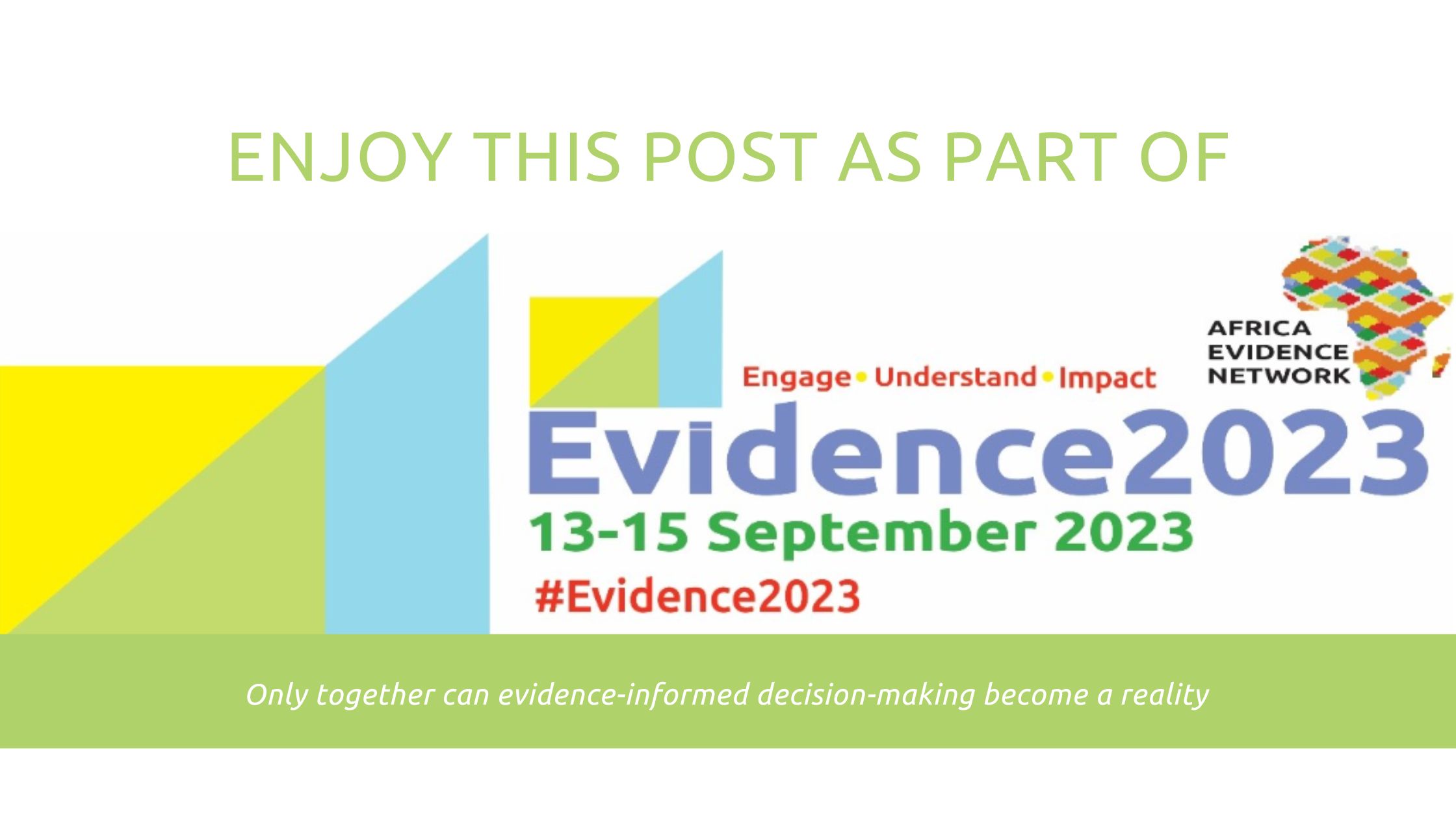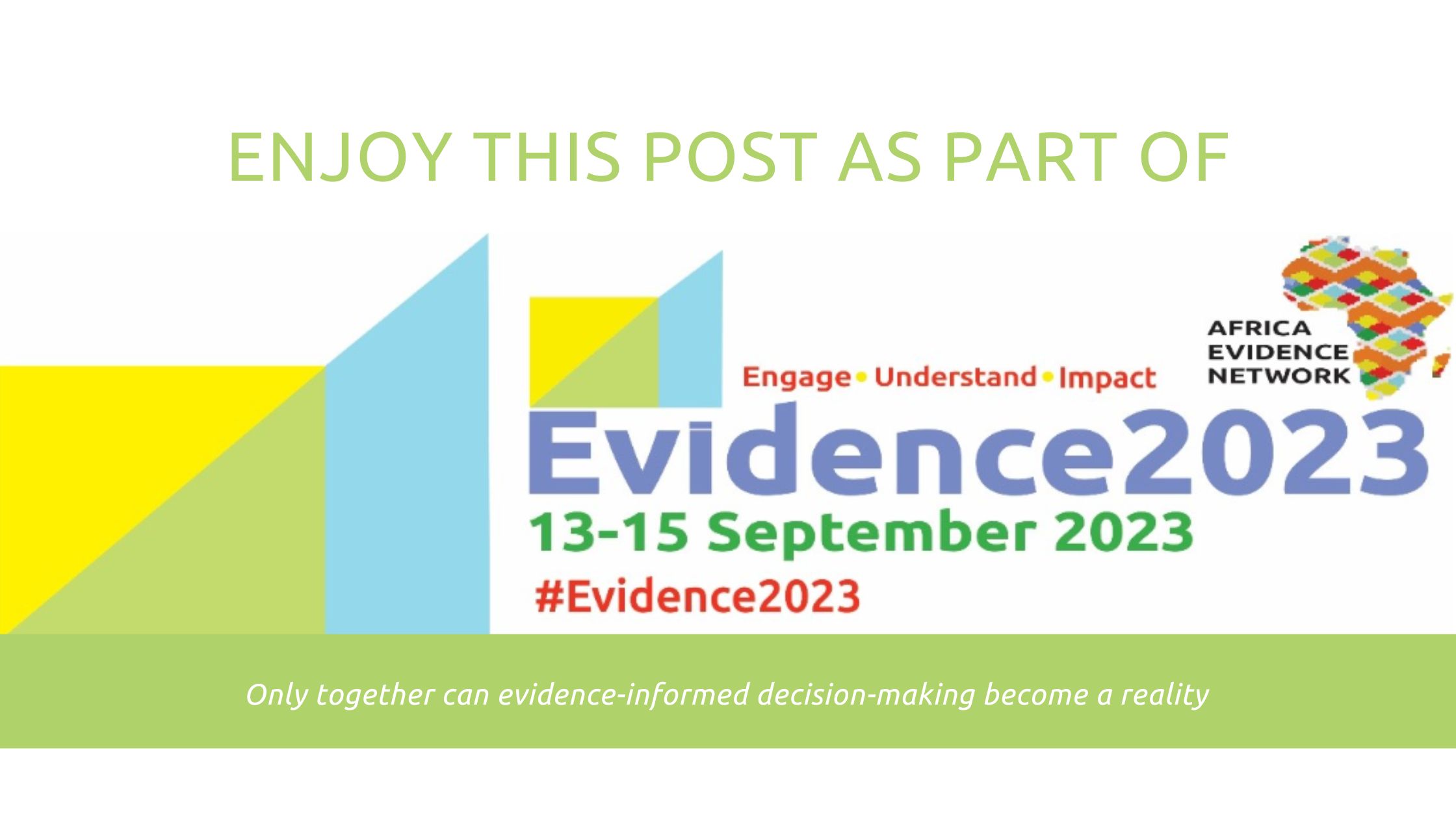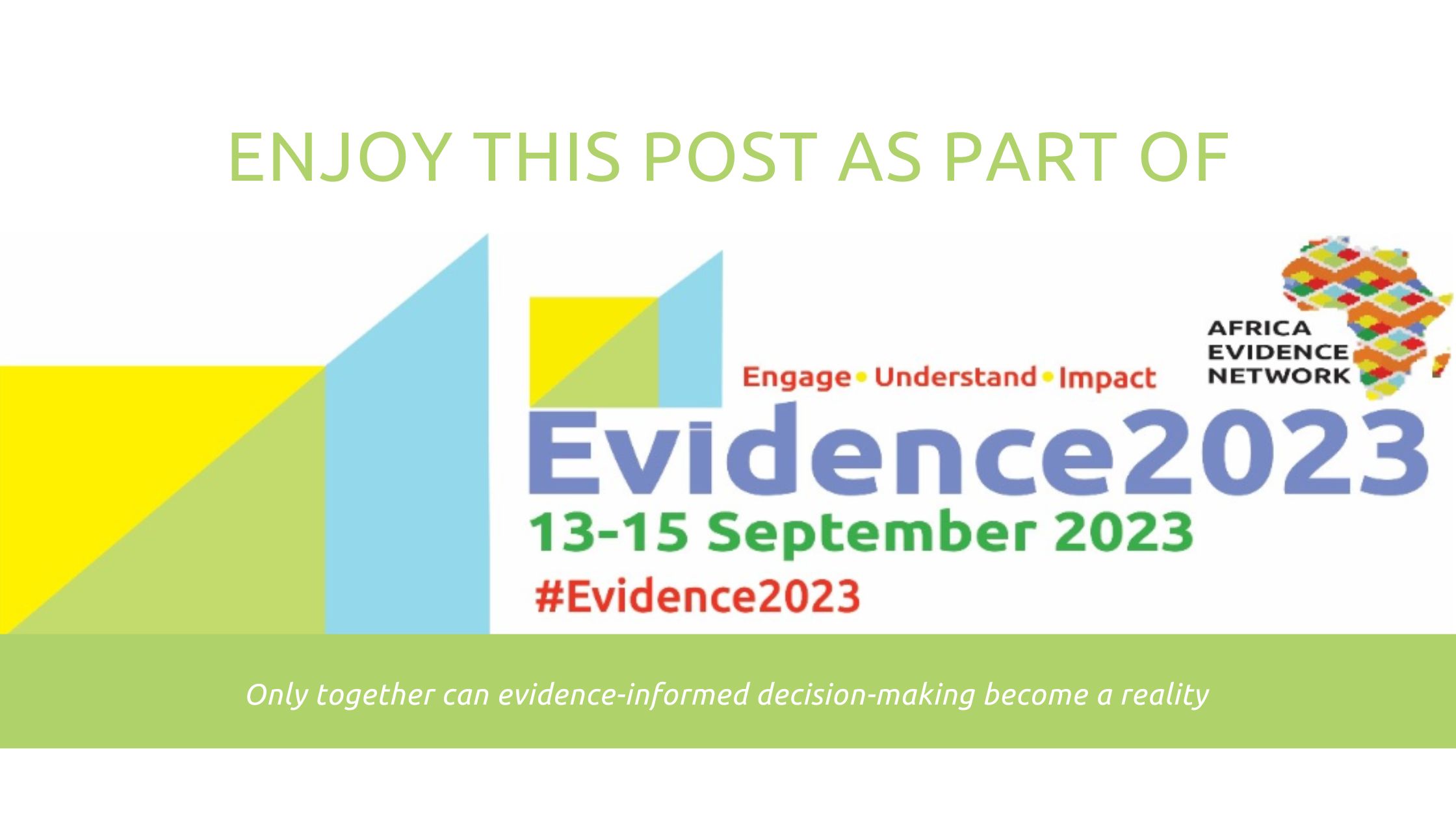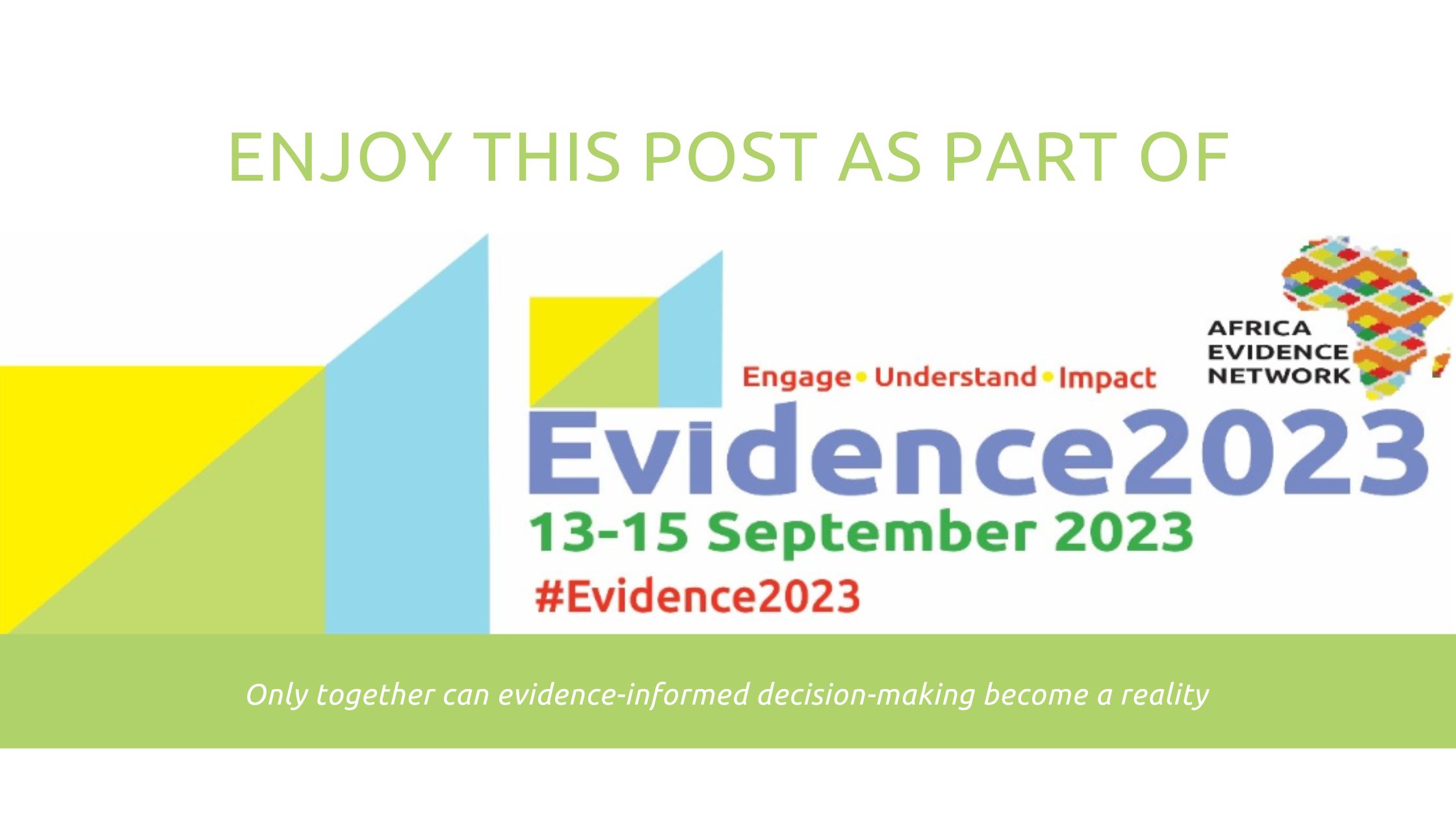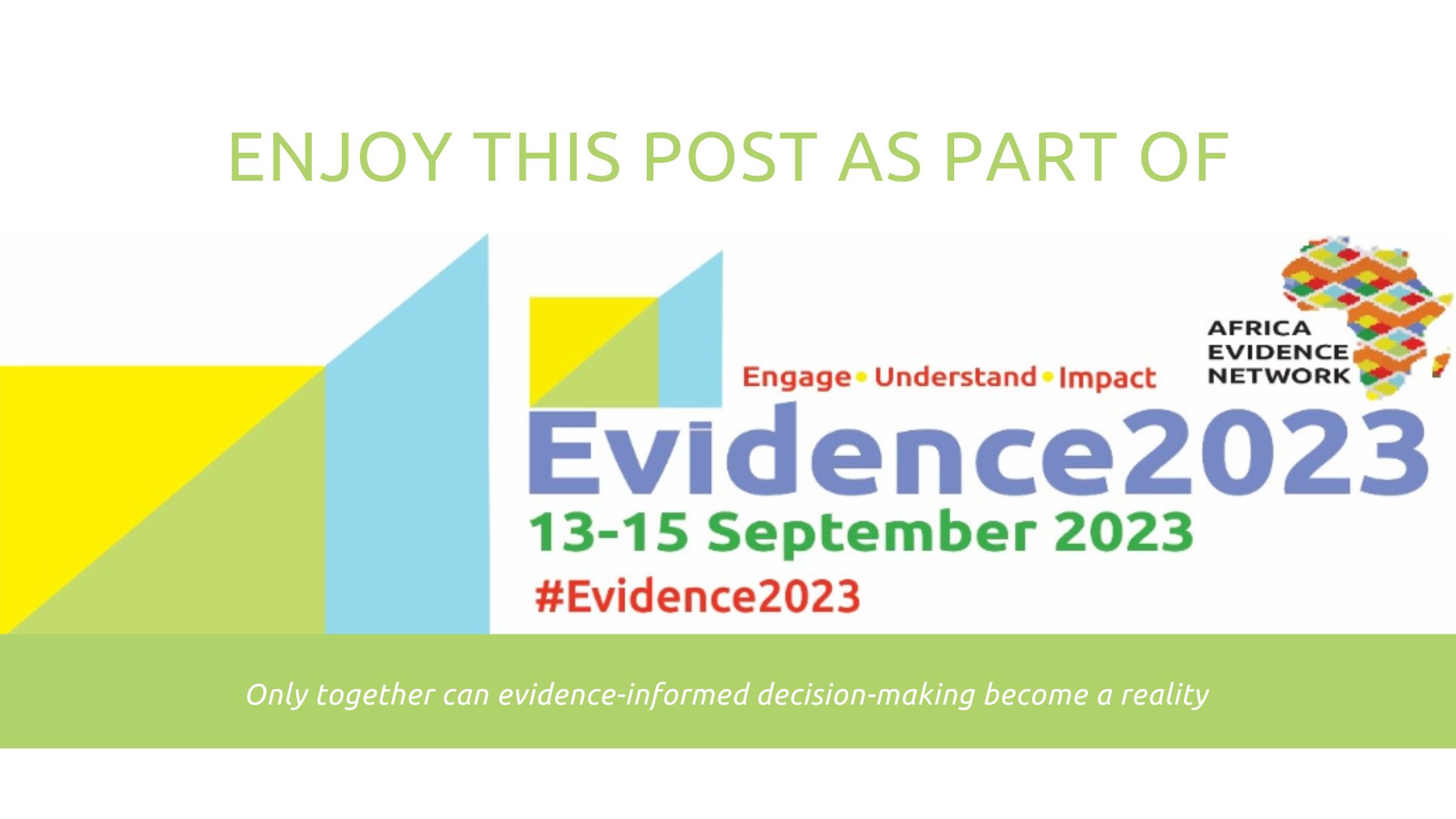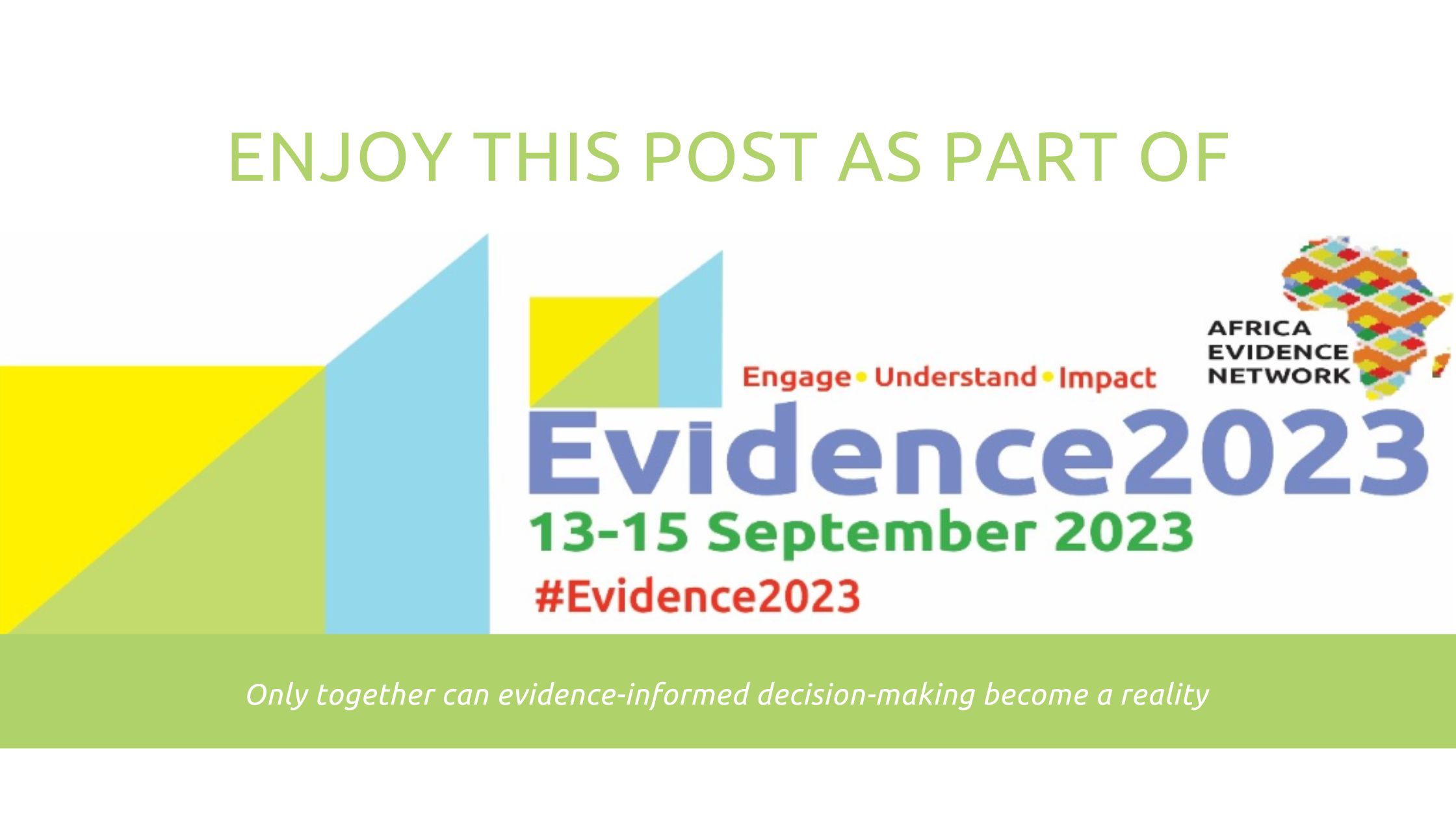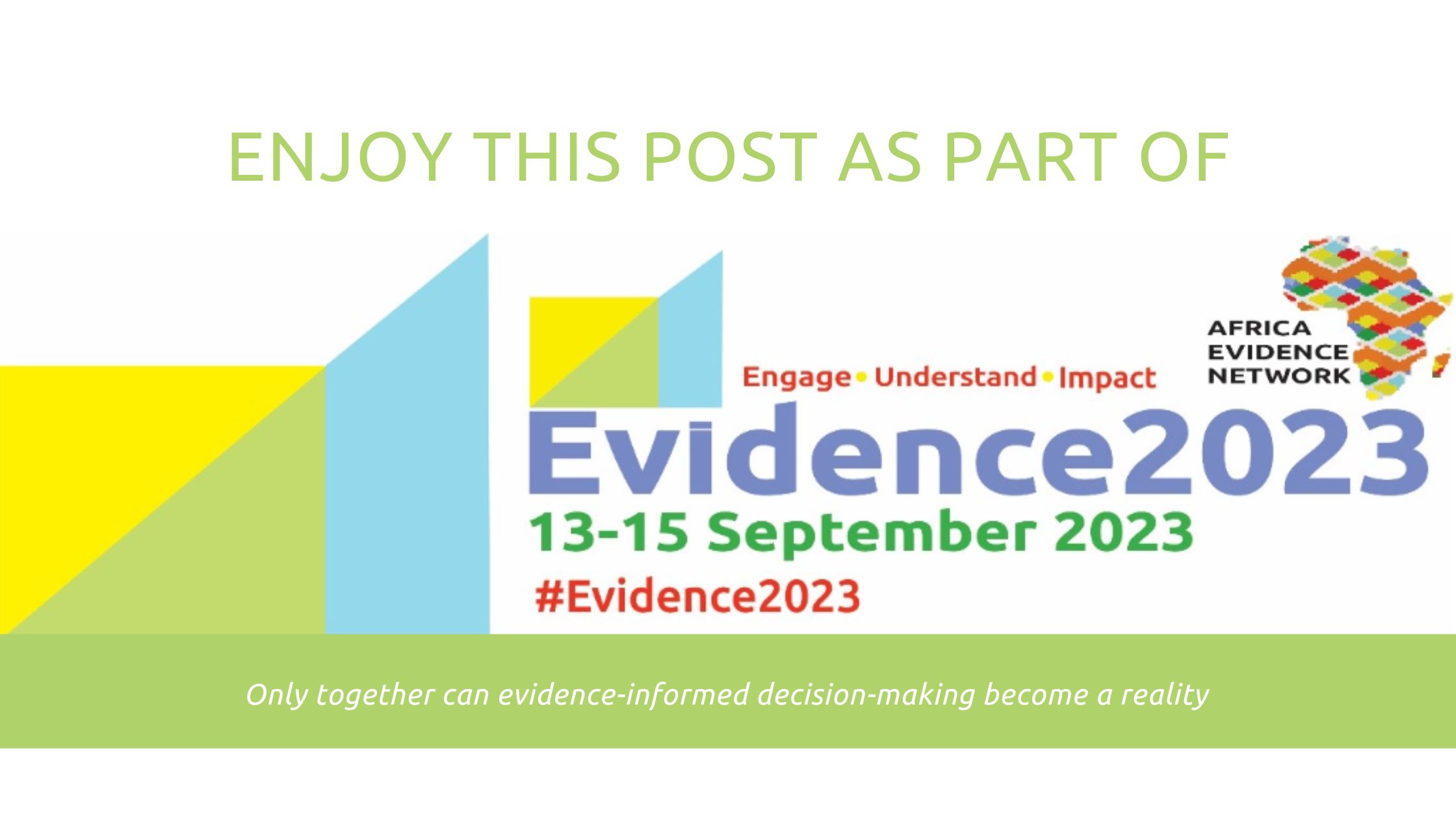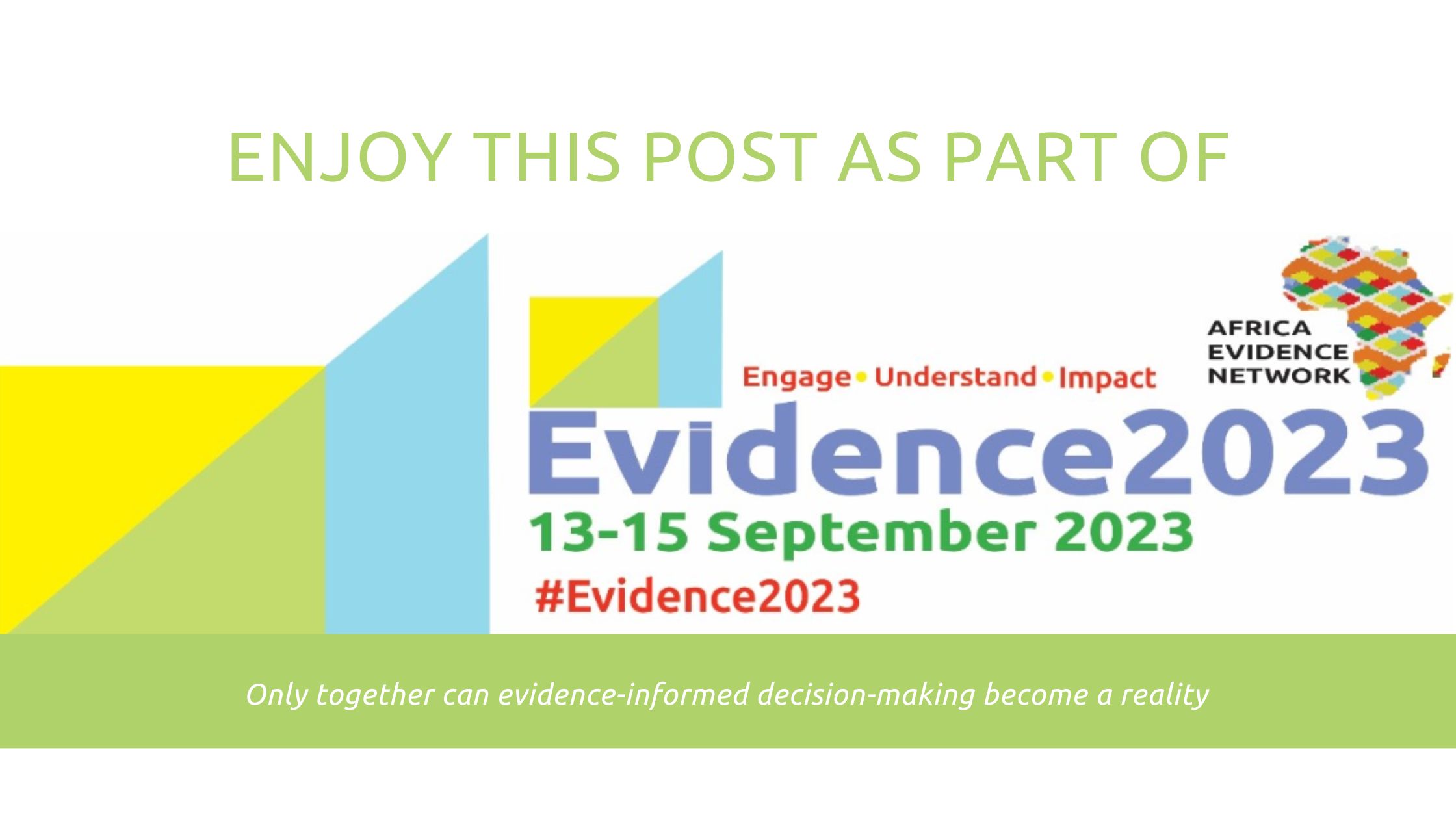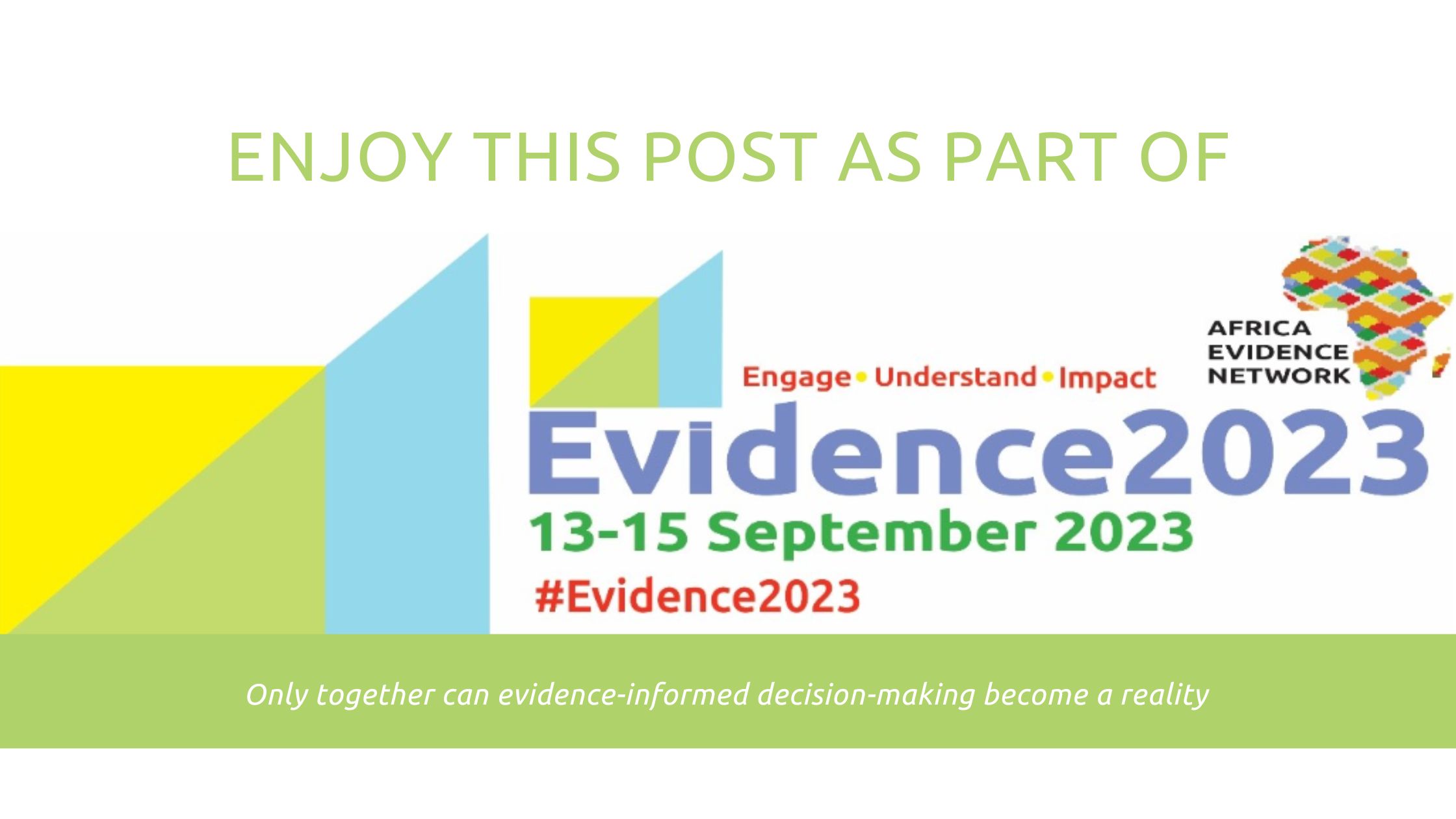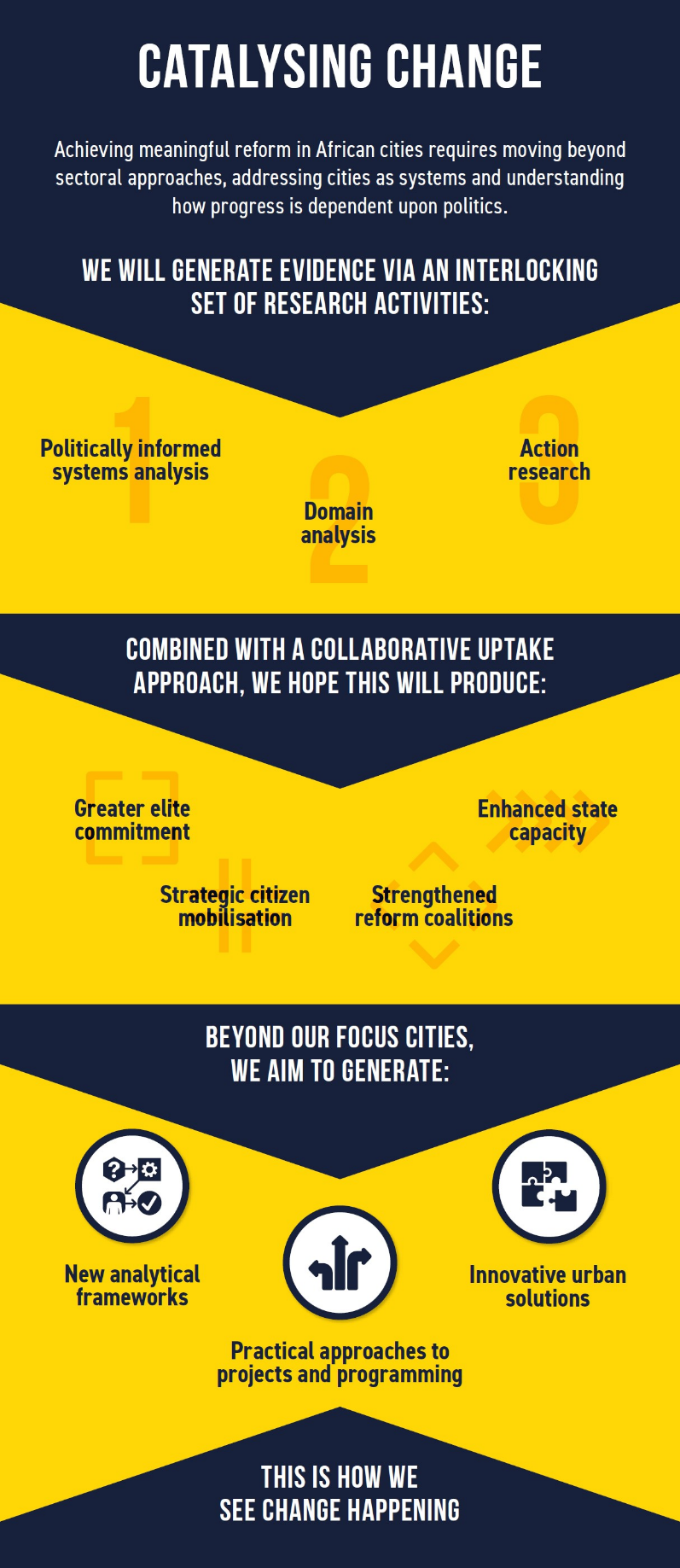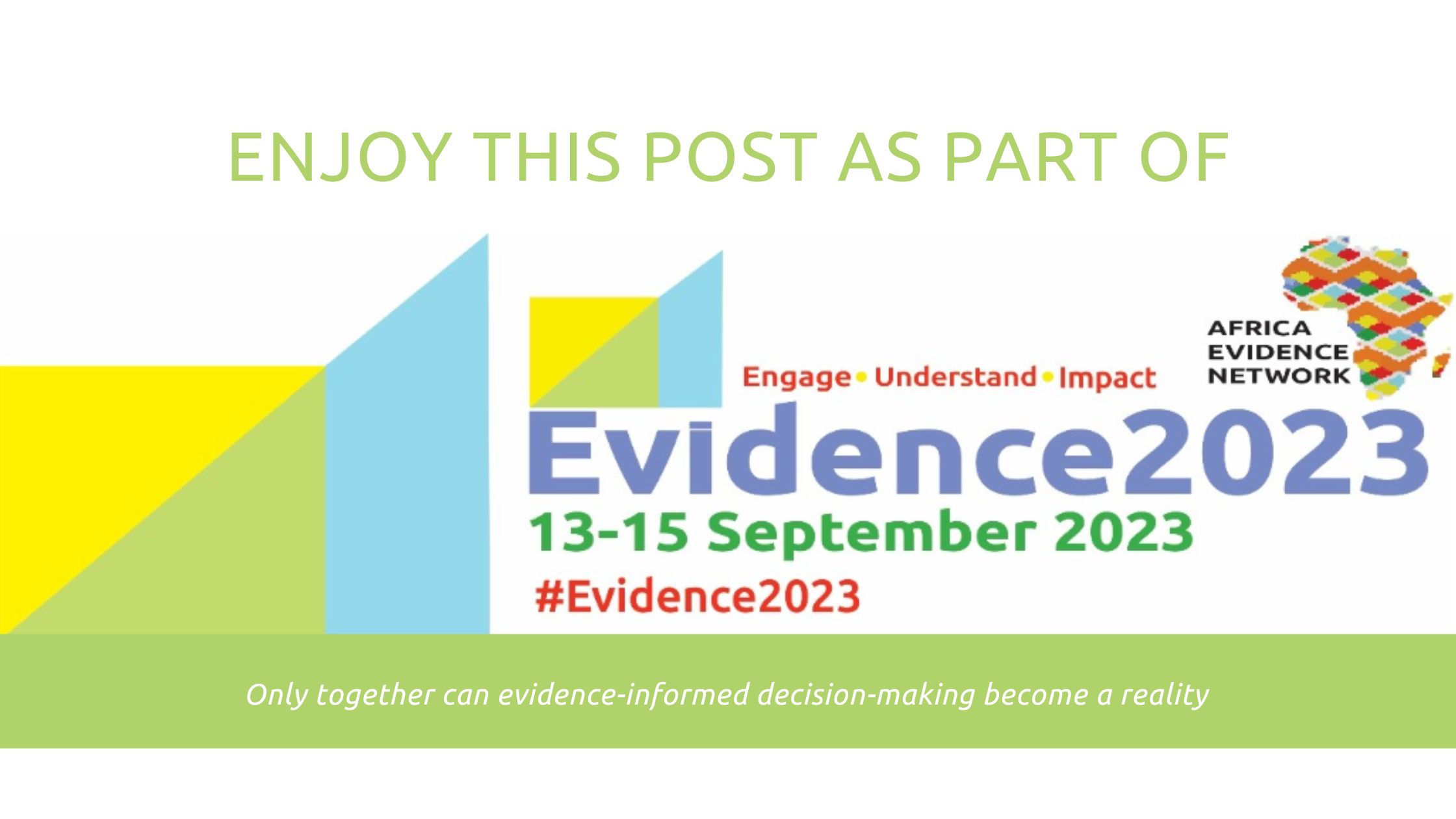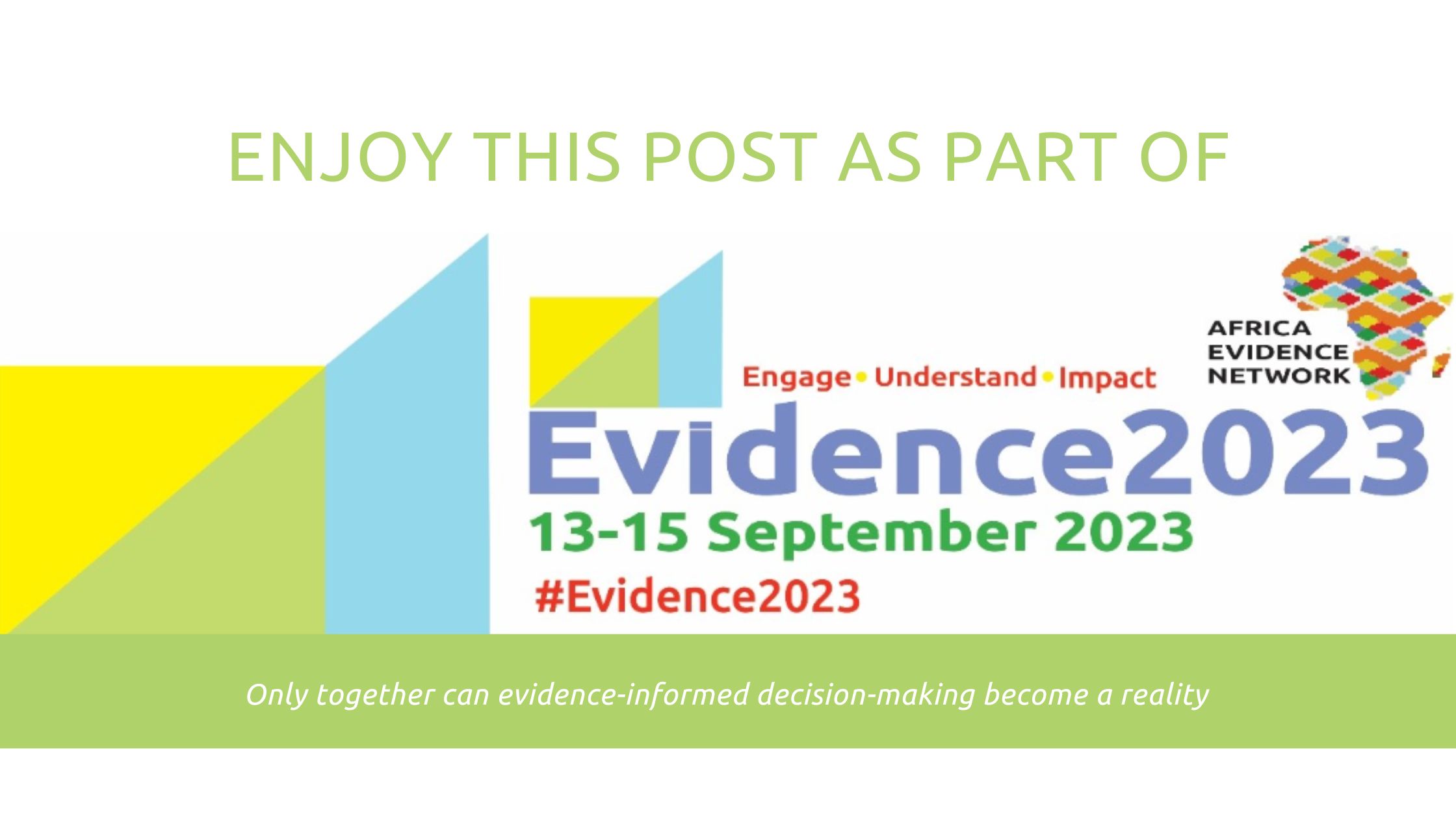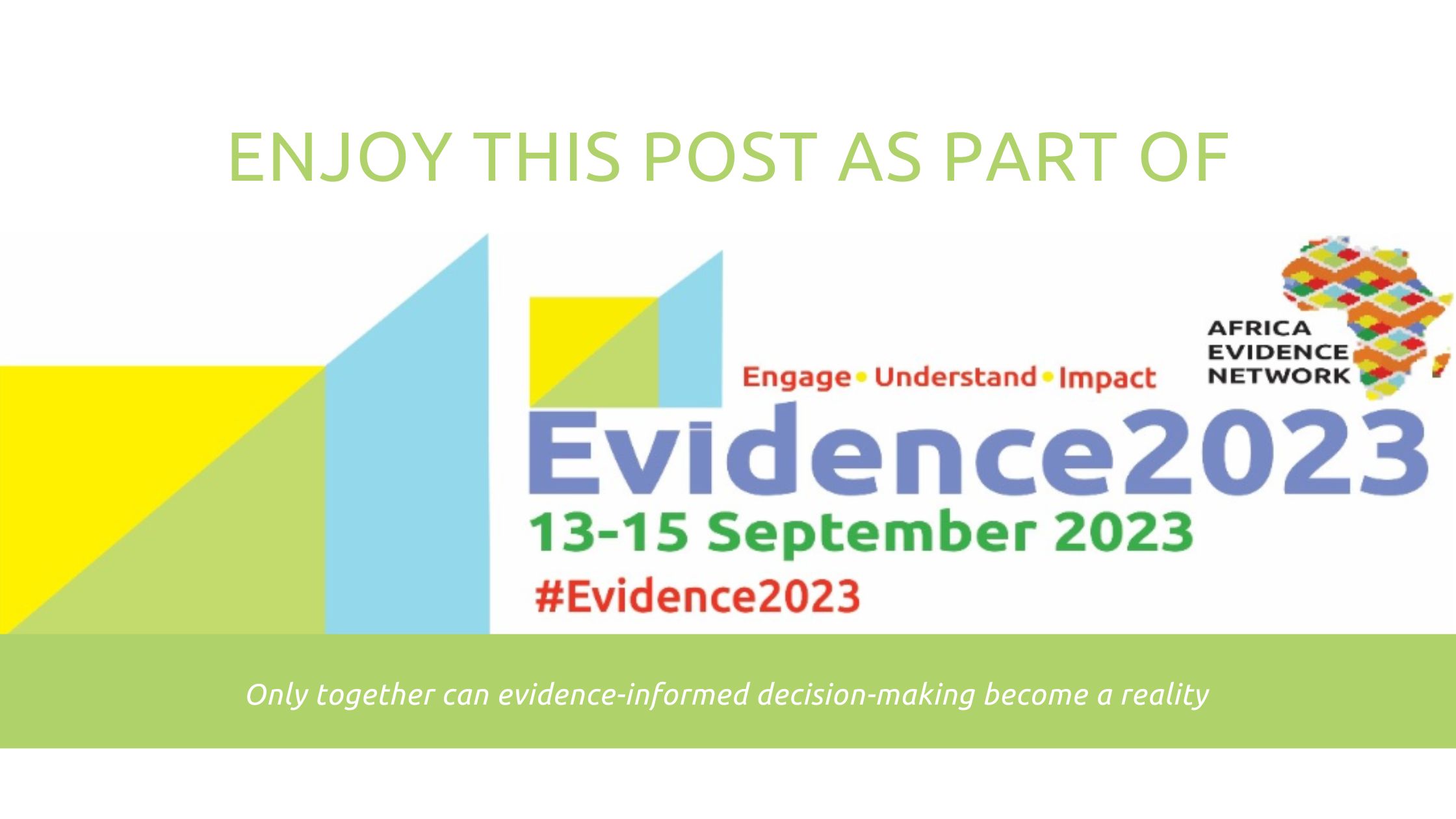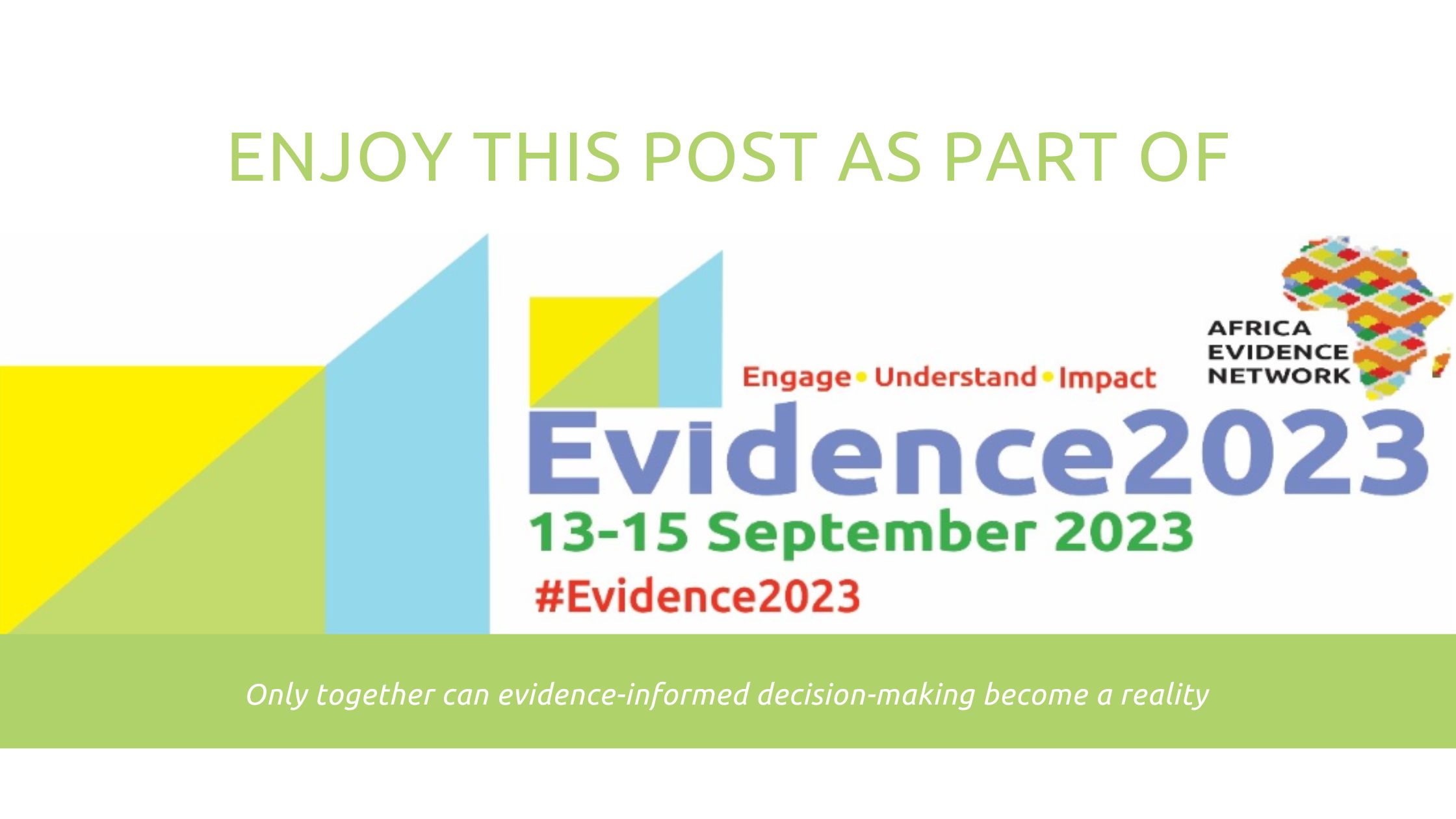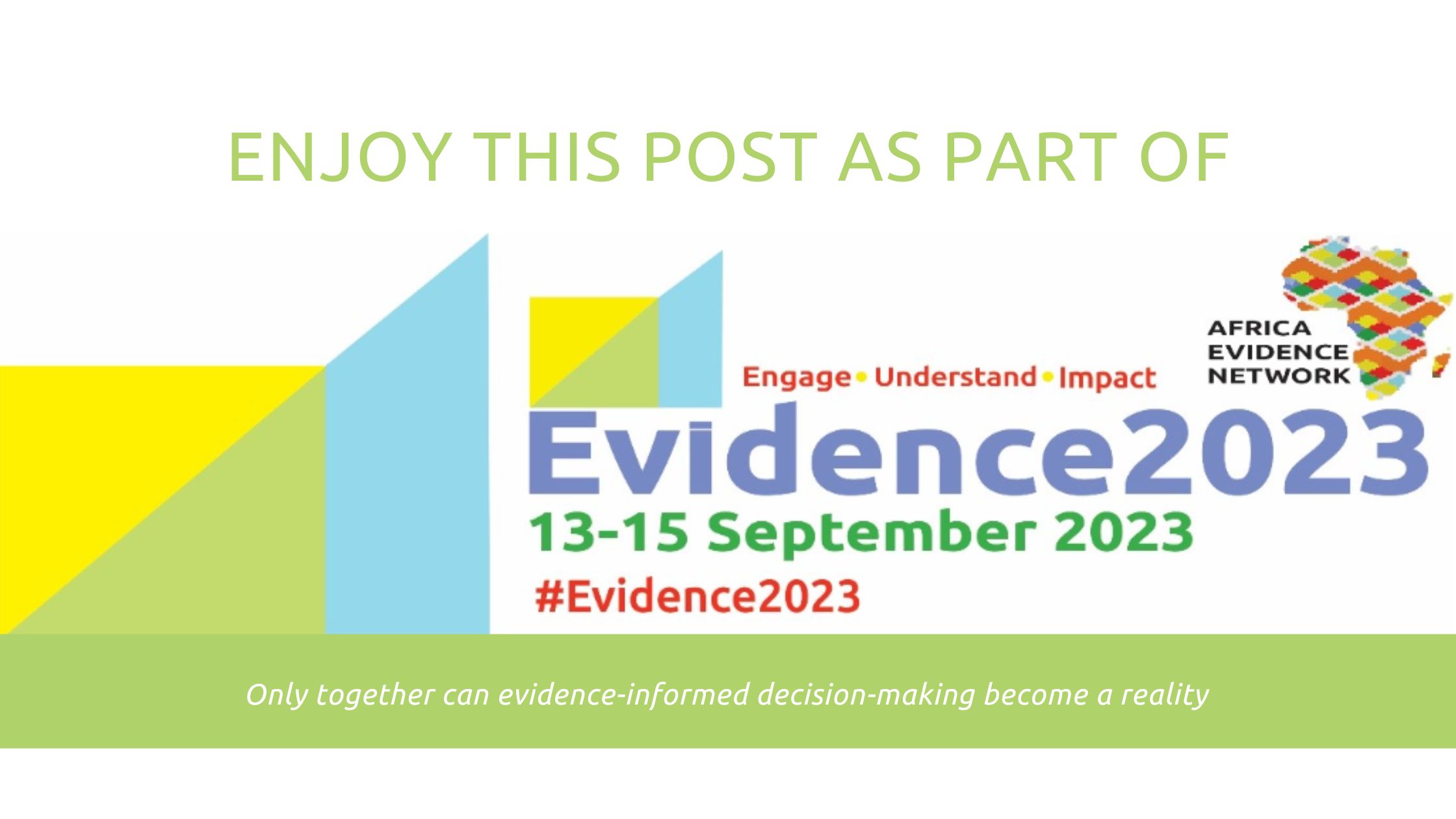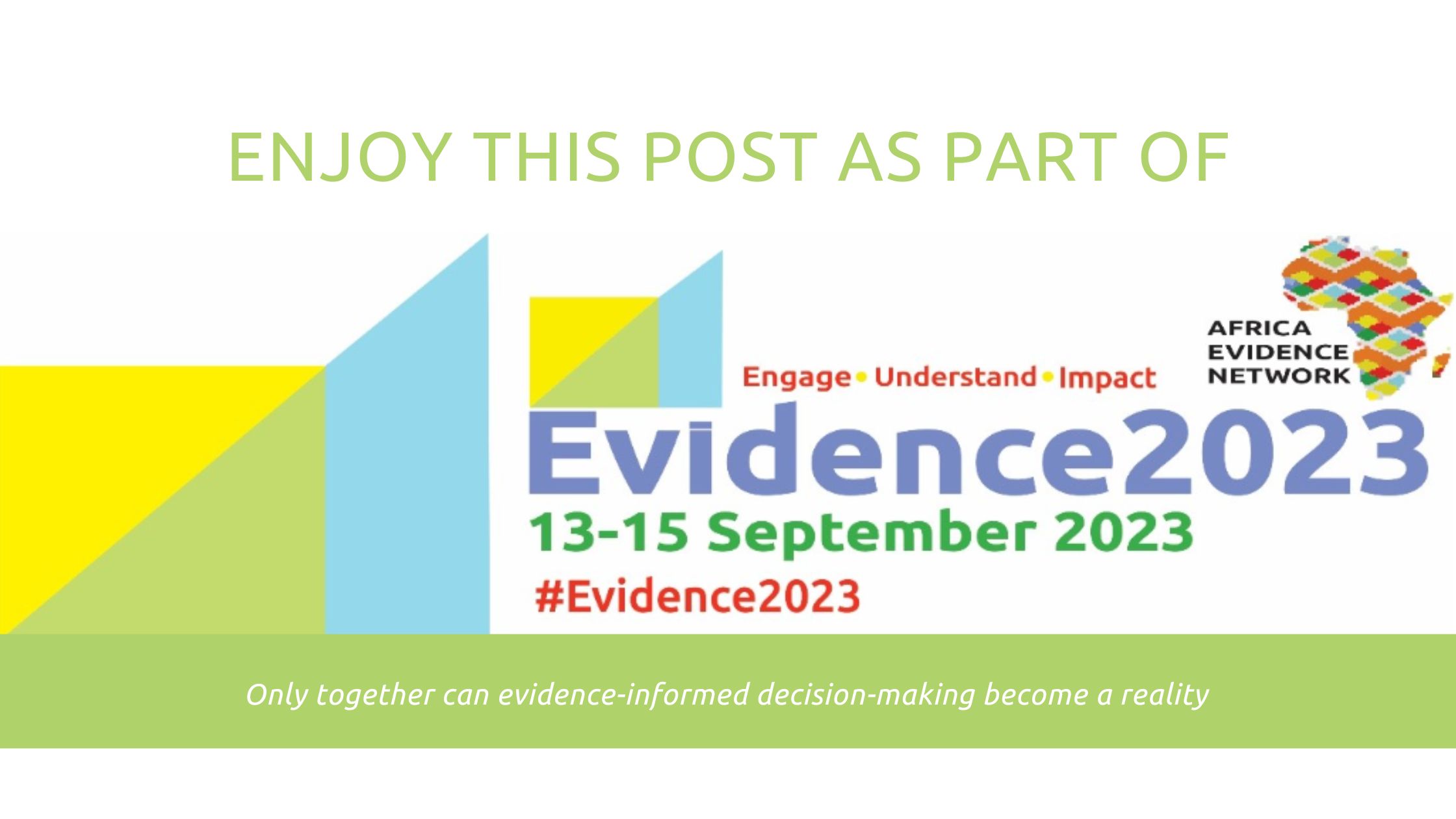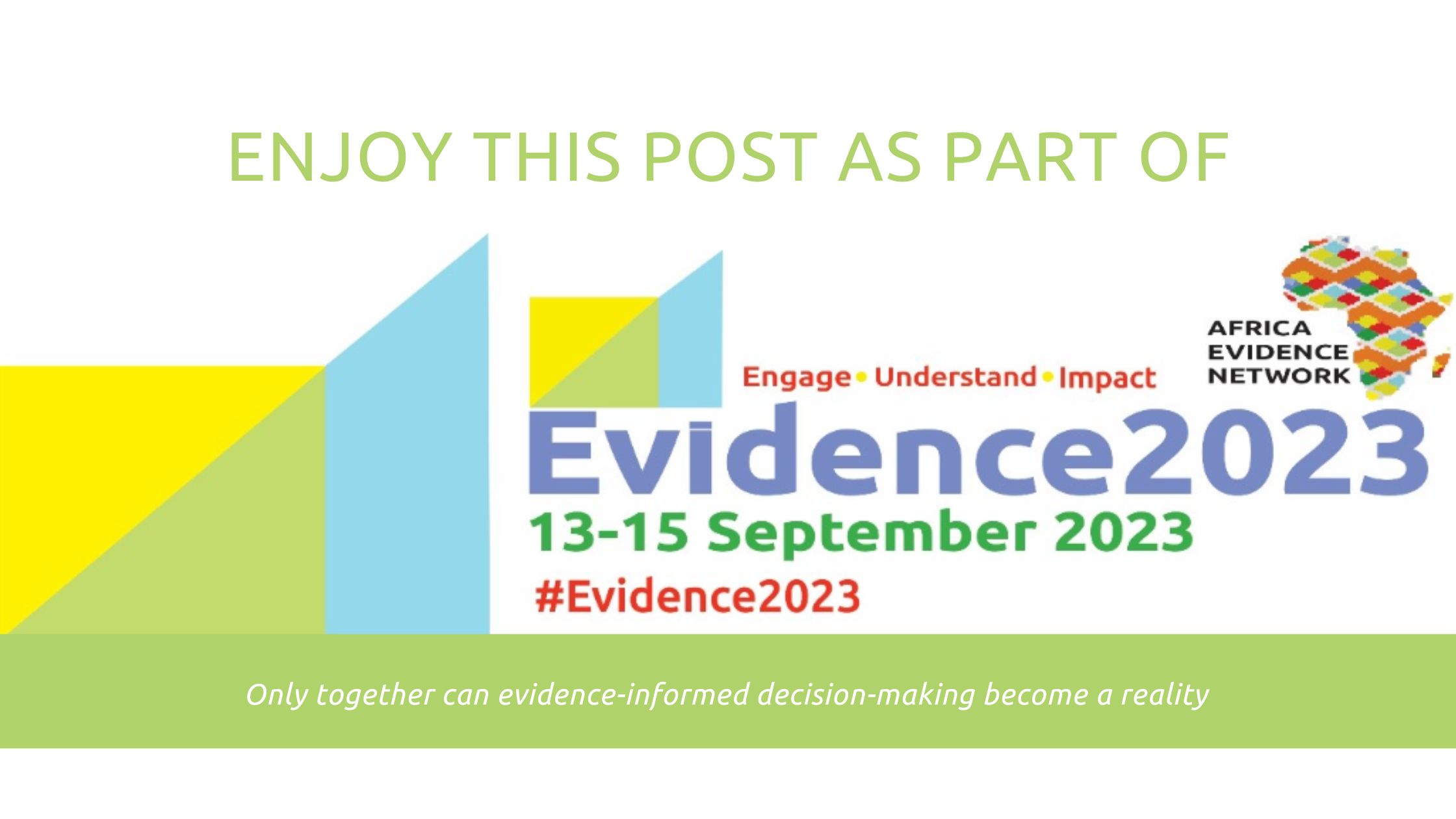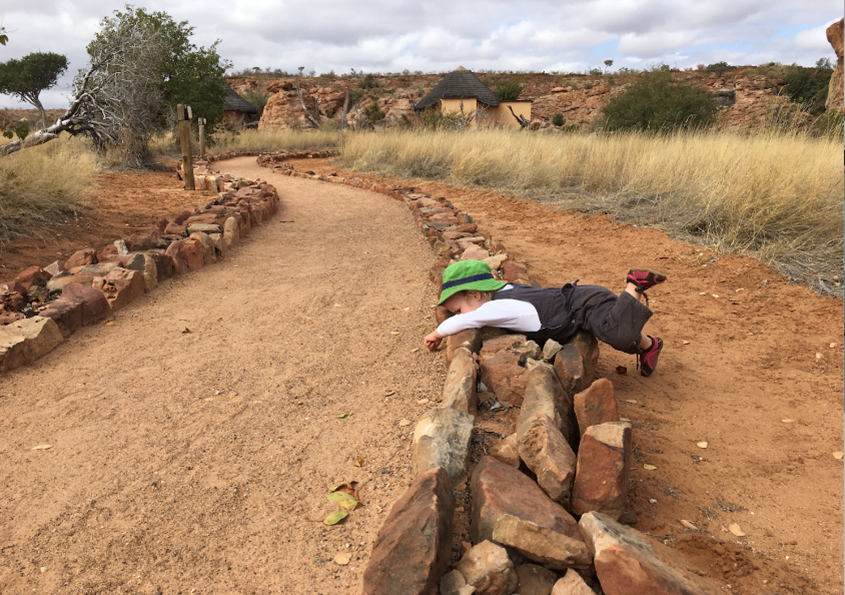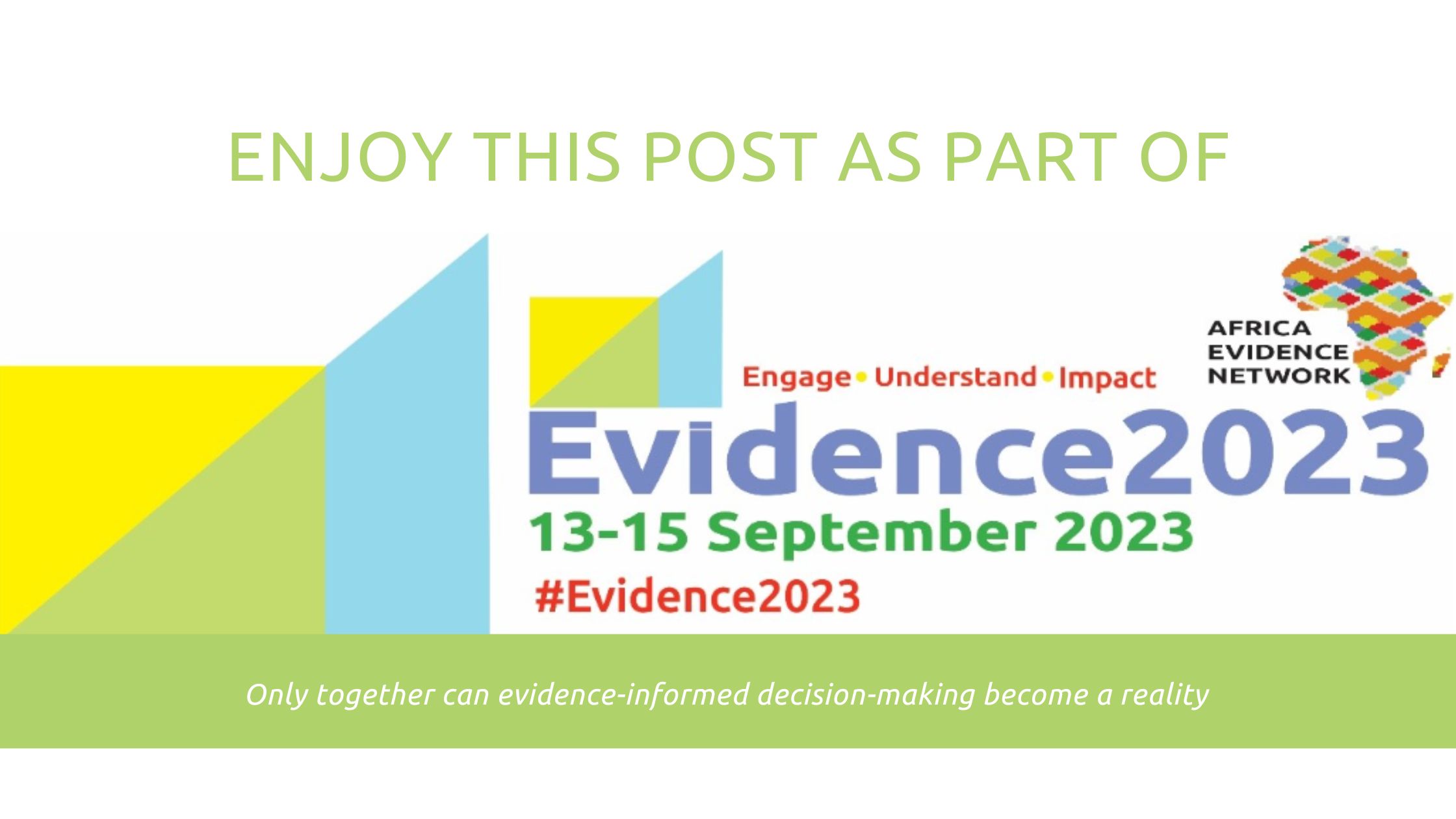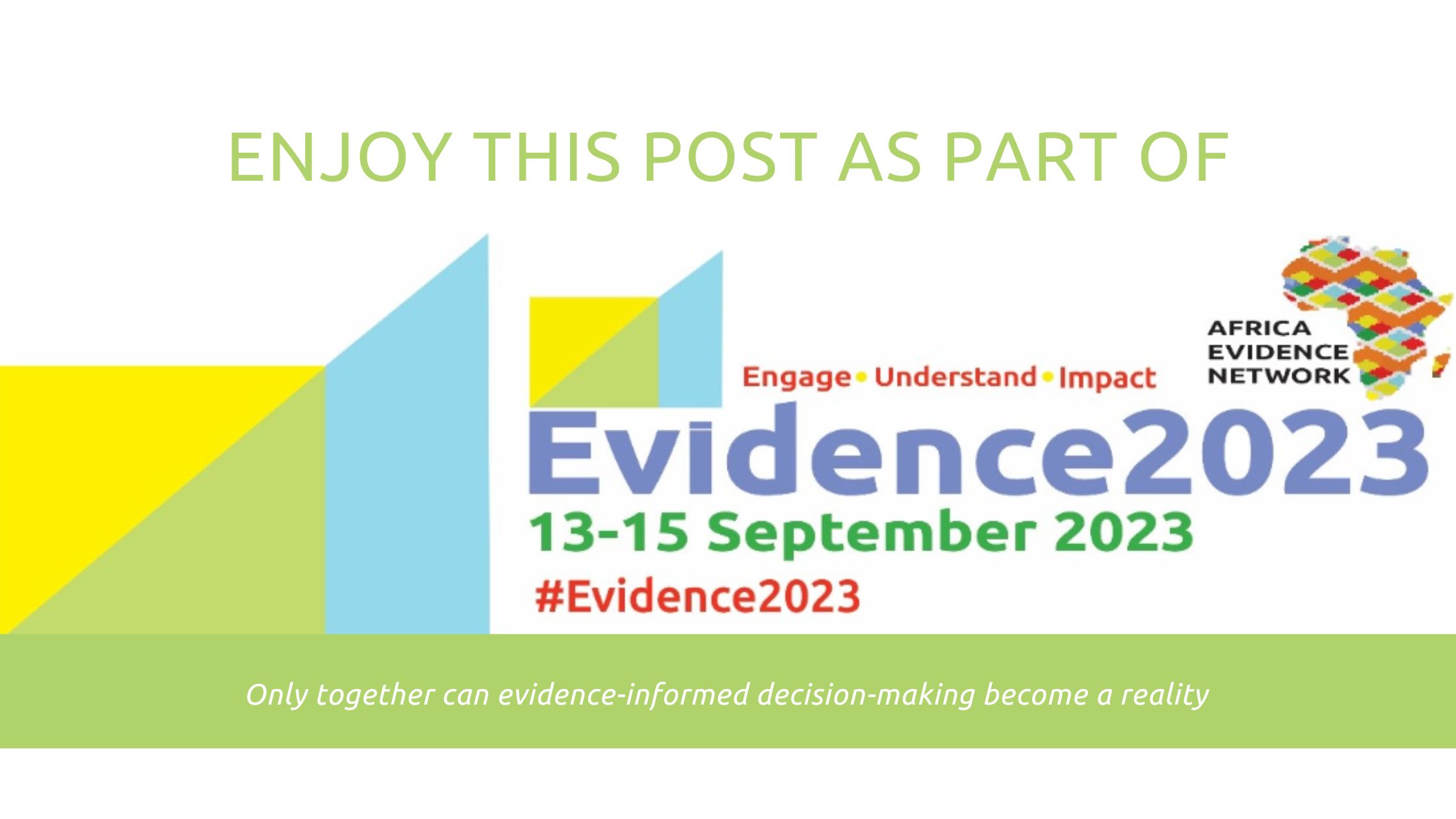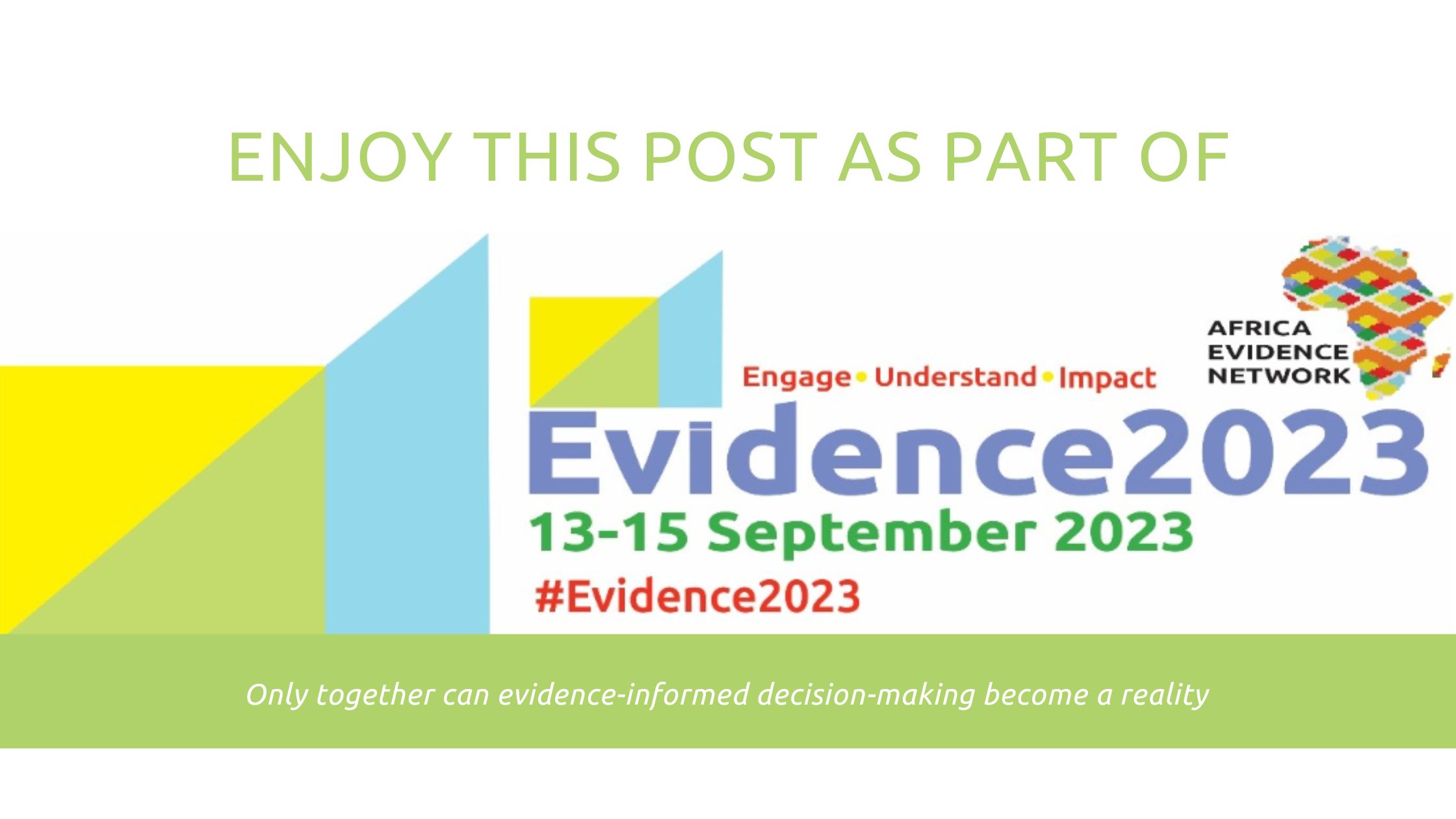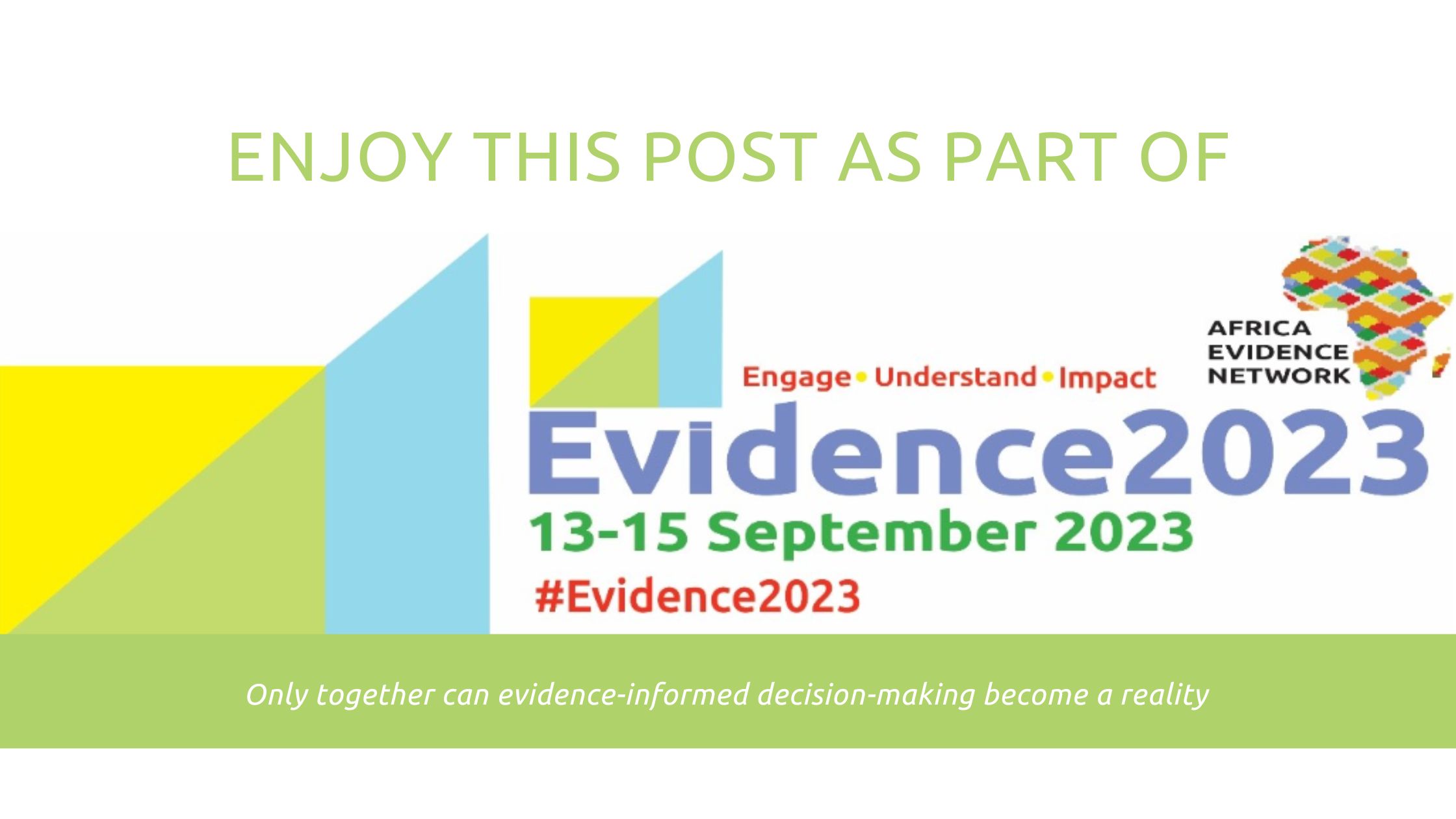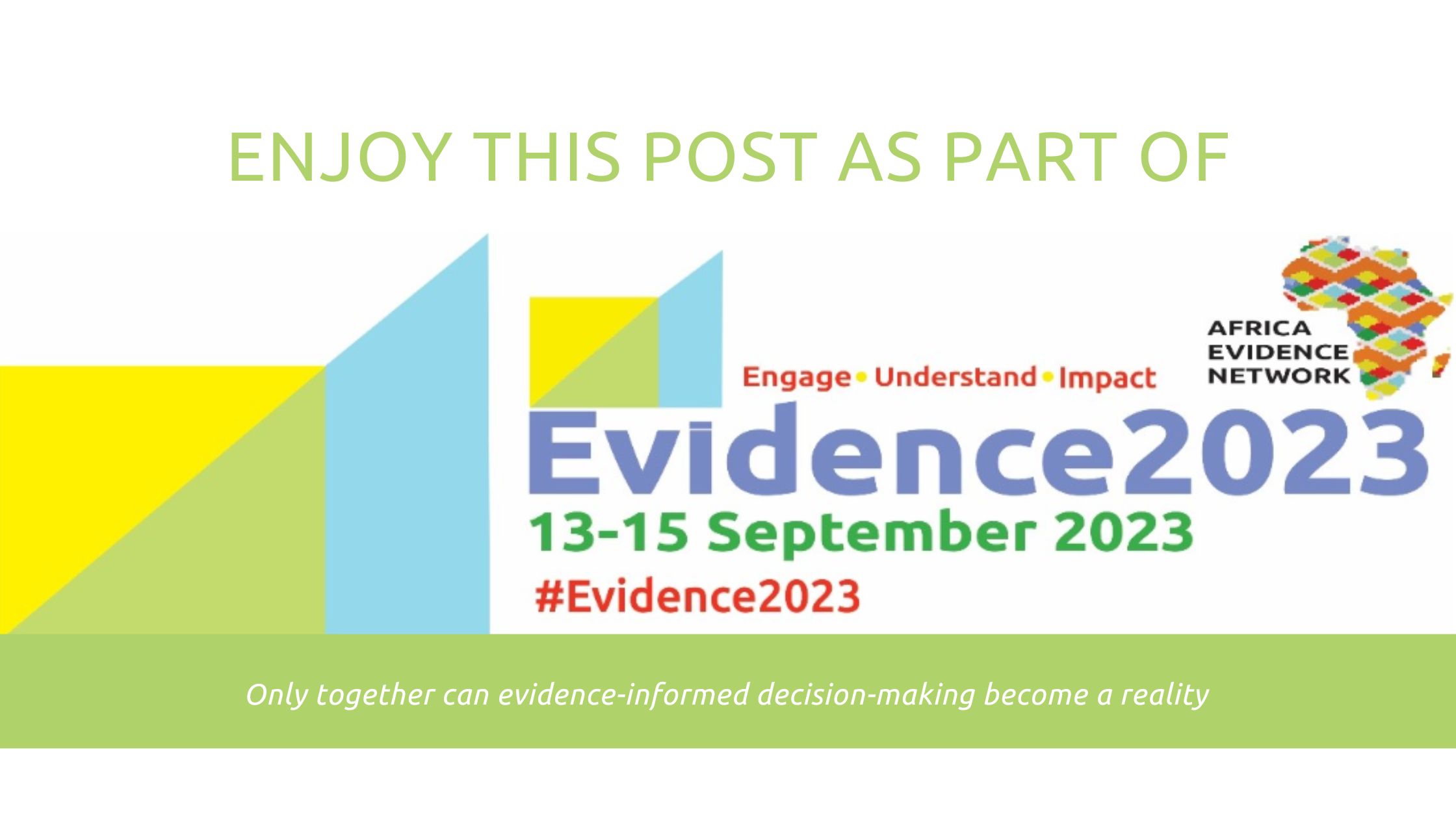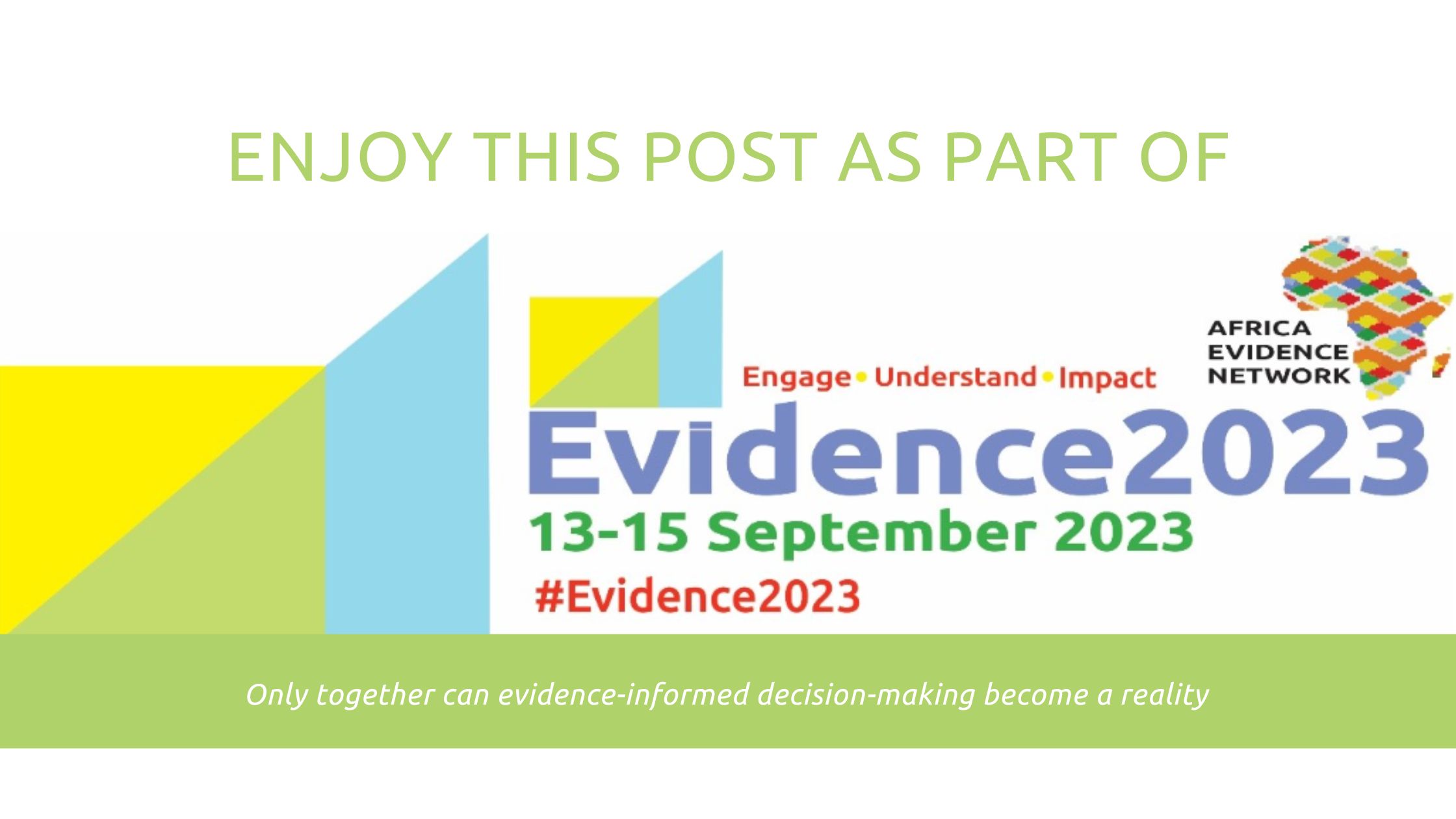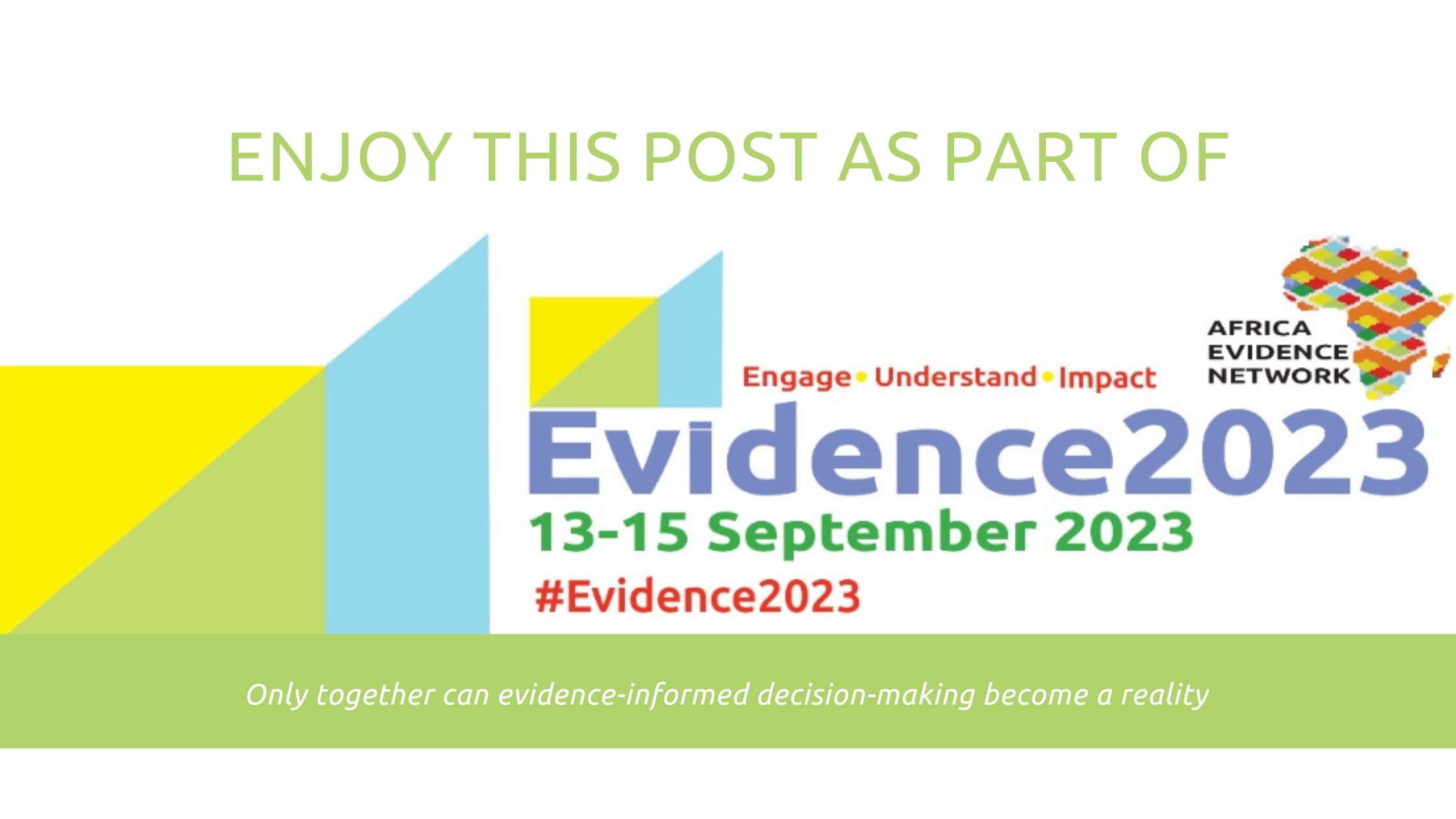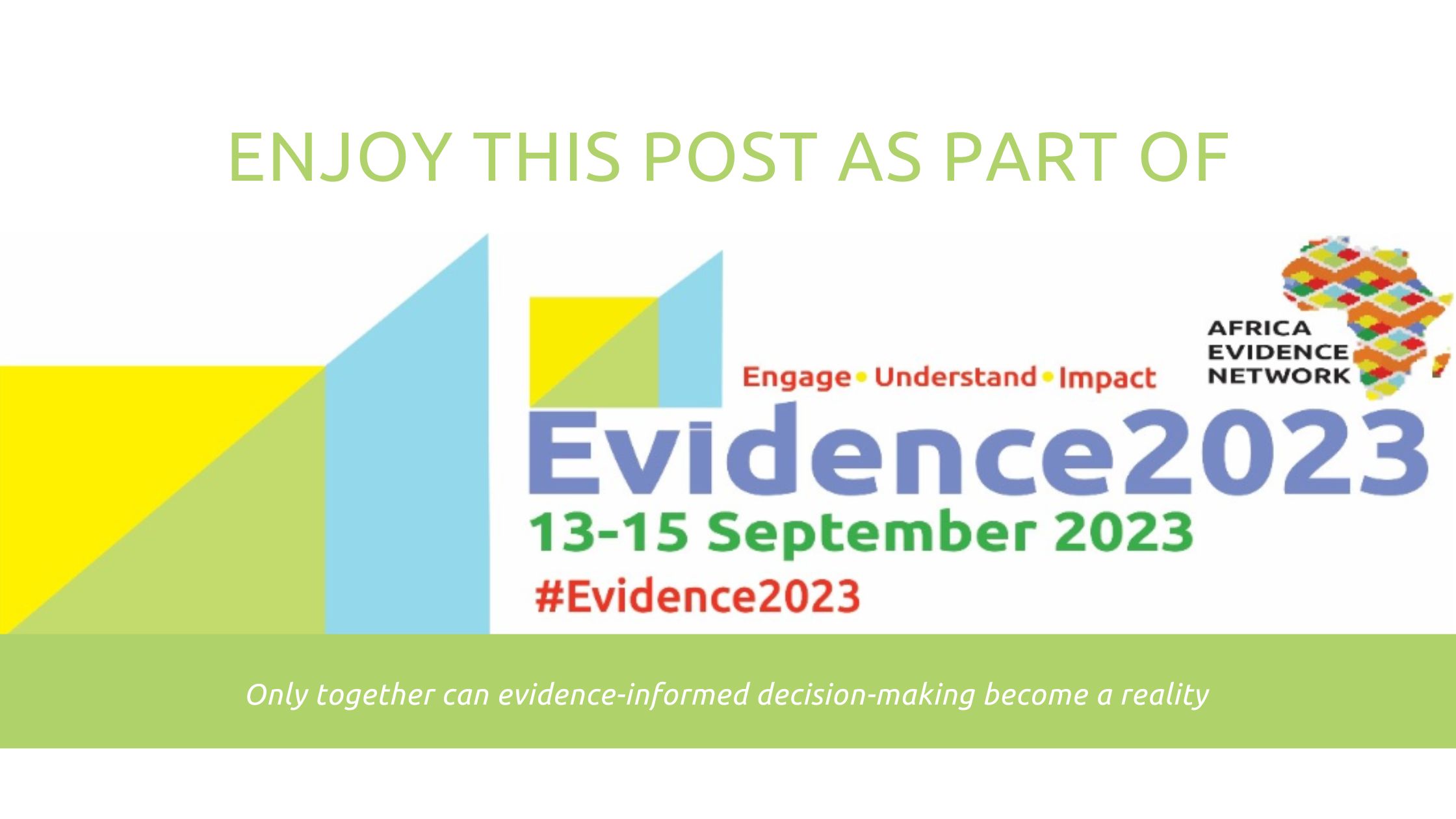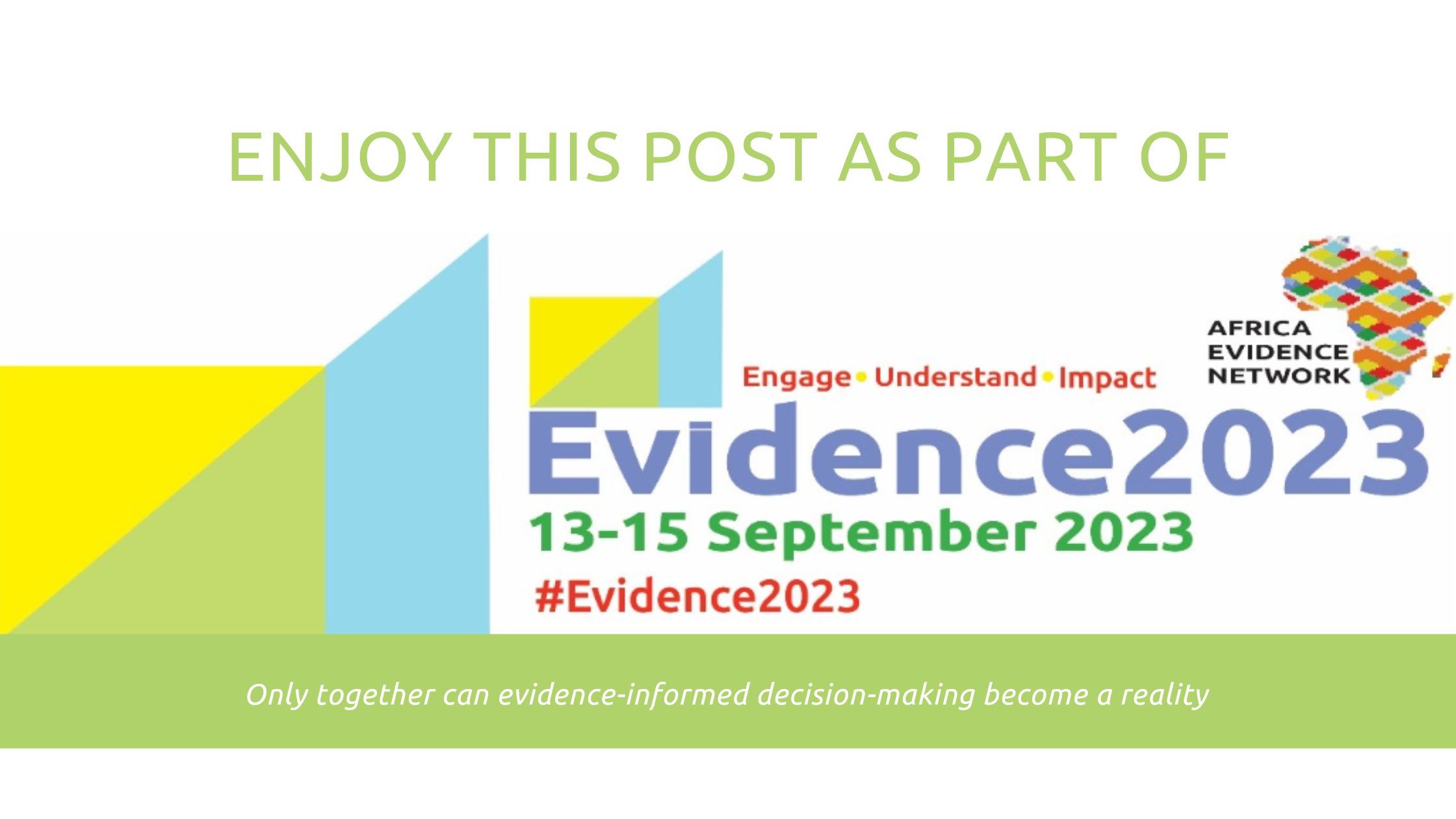
Background
Globally, it is not in doubt, that we are living in the most extraordinary times of our generation – positively and negatively. For instance, the fast-evolving technological advancements have revolutionalized our lives, for the better. Many goods and services increasingly are accessible at the click of a button. Conversely, its negative influences are evident, e.g, on the youth in terms of degenerating morals and values through social media influence and pressure.
Against this backdrop, is Africa’s vast and legendary natural resources including its human resource base and minerals (gold, diamonds, silver, oil, copper, cocoa, timber and tropical fruits/vegetables etc). Then enter, the current and fast shifting global geopolitics and socio-economic dynamics such as the war in Sudan and coup in Niger, amidst other long-standing political security and stability challenges in Somalia and Ethiopia.
The spate of coups in West Africa (5 in less than three years, including Burkina Faso and Mali) is increasing, with resumption to democracy timelines variously shifting[1]. In Kenya, among other issues and similar to most of Africa are deepening external debt crises which it is collectively reported to owe more than USD 1.1 trillion. Repayment of these, including related high interest rates have not only contributed to weakening of local currencies against the USD, but also sky-rocketed costs of living as incomes are eroded without commensurate increases.
Exacerbating these are the existing devastating socio-economic impacts of covid and the Russia/Ukraine war, amidst other long-standing challenges such as youth unemployment and increasing food insecurity in the face of climate change. In 2017, more than six million (half of them children), in Somalia needed relief food, owing to long-standing drought in the region. In 2018, 40% of the Sub-Saharan African population was in extreme poverty [2].
Moreover, Africans that are extremely wealthy, mostly due to poor governance, including run-away corruption at national levels have increased. Out of the World’s ten most unequal countries, seven of these are African, with most in the southern part (World Bank 2016). These have left majority of African citizenry reeling in despair, with majority of children, youth and women now more vulnerable socio-economically than ever before.
On a more positive note, across the continent on the demand side of evidence, exist national M&E Systems. In Kenya, there is the National Integrated Monitoring and Evaluation System (NIMES) and long-running donor driven M&E (e.g, World Bank/UN/CSOs). The NIMES tracks the implementation of the Vision 2030, in alignment to the SDGs and Africa Agenda 2063. To complement these on the supply side are academia, research think tanks and professional evaluation networks such as the Evaluation Society of Kenya (ESK).
Reinforcing these are other long-existing data systems such as the audit office, ministries/counties administrative data, Kenya National Bureau of Statistics (KNBS) and the Kenya Parliamentary Caucus. Linkages of the national Systems and professional networks to regional networks such as the African Evidence Network (AEN), AFIDEP and CLEAR-AA as well as the global ones such as EvalPartners over the years, have further strengthened the foundation for evidence-driven socio-economic growth in the continent.
The Issue(s)
That said, much remains to be done. A recent African conference of religious leaders, for instance, pointed out that “…..African governments need to take critical responsibilities to eradicate theft of public funds and corruption of all types and ensure that public finances address the needs of its citizens…..”.
National cultures and practices, including capacities for M&E are weak, for instant in Kenya. Most national M&E Systems in the continent remain “sleeping giants”. They are driven largely by governments, devoid of and/or with only limited participation of much-needed non-state actors (including public). Compounding that are limited national budgetary allocations and political goodwill, weak institutional/individual capacities, low demand and utilization of the evaluation function vs monitoring. For instance, studies by government (GoK, 2019) revealed that the evaluation function has been left behind, with that affirmed in the MED/Unicef-led Kenya Evaluation Guidelines (GOK,2020). Reinforcing the weak national state of affairs were the findings of the rapid evaluation of the MED/ESK-World Bank-funded Pilot County evaluations project for Kericho and Kilifi, health and water sectors, respectively.
The aforementioned complementary data systems (i.e, KNBS/academia/administrative data/audit office/research think tanks) have limited linkages to the M&E Systems and/or are largely uncoordinated/unharmonized to maximize their national collective potential.
Further, the professional networks, equally remain institutionally and individually weak with most being operationalized on voluntary basis. Their memberships have limited access to evaluation job opportunities. Regarding this, in key informant interviews (targeting consultants/consultancy firms - towards the development of the ESK/Unicef National M&E Service Providers Data Base), out of 31 respondents, majority (86%) felt that it was not easy to secure an evaluation consultancy assignment, while surprisingly only (14%) said it was easy to secure.
The study also sought to establish whether the respondents were skilled/experienced in the integration of the cross-cutting issues of climate change/socio-equity and gender/Technology into their M&E work. Majority of the respondents, still at 86%, reported they were not skilled/experienced in these (ESK/Unicef, 2022). Yet, in the scheme of things the professional networks, including their multi-sectoral and multi-stakeholder membership compositions, are most critical ingredients towards more snergy for strengthening the momentum of the M&E national Systems.
Methods
Evidently there are growing needs for more “not-business-as-usual” approaches in multi-faceted and multi-stakeholder ways, towards harnessing the existing opportunities and redressing the aforementioned challenges. This paper posits that, for any transformative potential to be realized through M&E, it is not “automatic or magical”. Rather, as is historically evident of any related successes in any field, there have to be intentional and consistent efforts, of going the extra mile, individually and collectively, while taking into account the national contexts.
This paper posits and agrees with the 2014, UN General Assembly resolution on “Building capacity for the evaluation of development activities at the country level” (GA69/237). It accordingly states, “… that for the SDGs aspirations to be realized, more focus needed to be put upon development execution review processes for them to be evidence-driven through country-owned M&E. Essentially, this called for the need to step up support for the development of national evaluation systems and capacities, both at individual and institutional levels” (UNEG, 2022).
Against this backdrop, this paper proposes a more stakeholder harmonized/coordinated approach of the aforementioned national data systems, to contribute to the redressing of the much-needed socio-economic recovery/growth and related political challenges – by evidence. Strengthening of institutional capacities particularly of the national government-led M&E Systems and the professional evaluation networks. Providing more opportunities for local evaluators towards translation of theory into practice are also deemed critical. Further, more concerted funding from development partners and political goodwill by governments/parliaments, especially for the national M&E systems and professional evaluation networks’ growth.
Results
Improved individual/institutional capacities strengthening, demand and utilization of evidence as proposed, if adopted, it is expected to contribute to the realization of much-needed positive developmental outcomes/impacts upon the citizenry. The ESK’s growing critical mass membership and national visibility have led to increasing calls for the professionalization of M&E, similar to other professions such as Law and Medicine and towards more added-valued evidence-driven socio-economic growth. In 2022, with support of the Monitoring & Evaluation Department (MED)/Unicef, the Society spearheaded a successful formal launch of the M&E Professionalization journey in Kenya. It also has a Young and Emerging Evaluators’ (YEEs) network, the ESK EvalVijana, towards their much-needed affirmative action support.
To take these gains, amongst others to the next level, it is building upon other support from the wider government, parliament, academia, CSOs, private sector and development partners (e.g, World Bank/Unicef). That, while learning from long established professions and their networks such as law and accounts, based on national contexts.
The key lesson here is that for the proposed aspirations to be achieved, there is need for intentional financial/technical/political goodwill investments in the afore-mentioned data systems. Another is that institutional strengthening needs to include more support to governance. More so, because M&E is founded on the tenets of transparency, accountability and integrity. Further, for it to be able to realize its reformist /transformative potential, including policy influencing, credibility and public trust as well as ultimate professionalization, its proponents have to of necessity lead by example. That, while giving the Practice and institutions room to evolve and grow strong overtime, through persistent and consistent multi-stakeholder efforts.
Otherwise, the paper posits that if governance is not strengthened as we move forward ( including in governments’) management of economies, the trends of political instability that are currently being witnessed in the continent, will likely increase with more potential devastating social-economic consequences.
Conclusions
Going forward, the paper posits that amidst all the aforementioned issues, the “Evidence Fraternity”, including M&E is presented with the most strategic watershed/ “big break” moment. Specifically, to arise and harness its great transformative potential and to be part of the solution to the much-needed socio-economic and equity-focused recovery, in Africa – through the “Narrow Path”, of focus on the wider good as opposed to the easier one of self.
About the author: Jennifer Mutua is the founder of Evaluation Society of Kenya (ESK). She is a leading M&E, Gender, Program and Climate expert with over ten years of relevant experience nationally, regionally, and globally. Nation Media Business Daily recognized Jennifer as one of its Kenya 2016 “Women in Top Corporate Leadership”. She is a runner-up recipient of the 2018 Africa Evidence Leadership Award. Previously she represented Eastern Africa to the African Evaluation Association's (AFREA) board, 2012-2017. She was a representative of AFREA at the IOCE/EvalPartners Global Movement’s Management Board, 2012-2013. Jennifer holds an MA in Gender and Development from the University of Nairobi.
Acknowledgements: The author(s) is solely responsible for the content of this article, including all errors or omissions; acknowledgements do not imply endorsement of the content. The author is grateful to Siziwe Ngcwabe, the content committee and the Africa Evidence Network team for their guidance in the preparation and finalisation of this article as well as their editorial support.
Disclaimer: The views expressed in published articles, as well as any errors or omissions, are the sole responsibility of the author/s and do not represent the views of the Africa Evidence Network, its secretariat, advisory or reference groups, or its funders; nor does it imply endorsement by the afore-mentioned parties. We hope you enjoyed this blog teaser. Be sure to watch our newsletter for when the full blog post is published after Evidence 2023.
